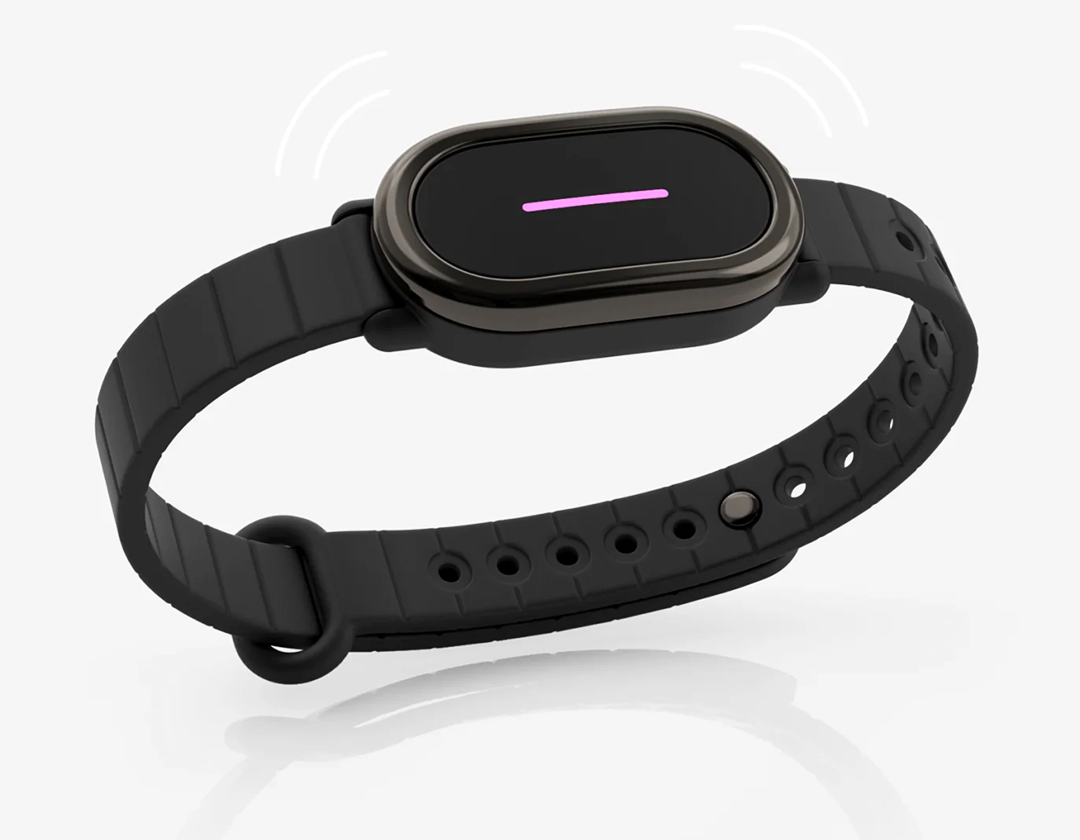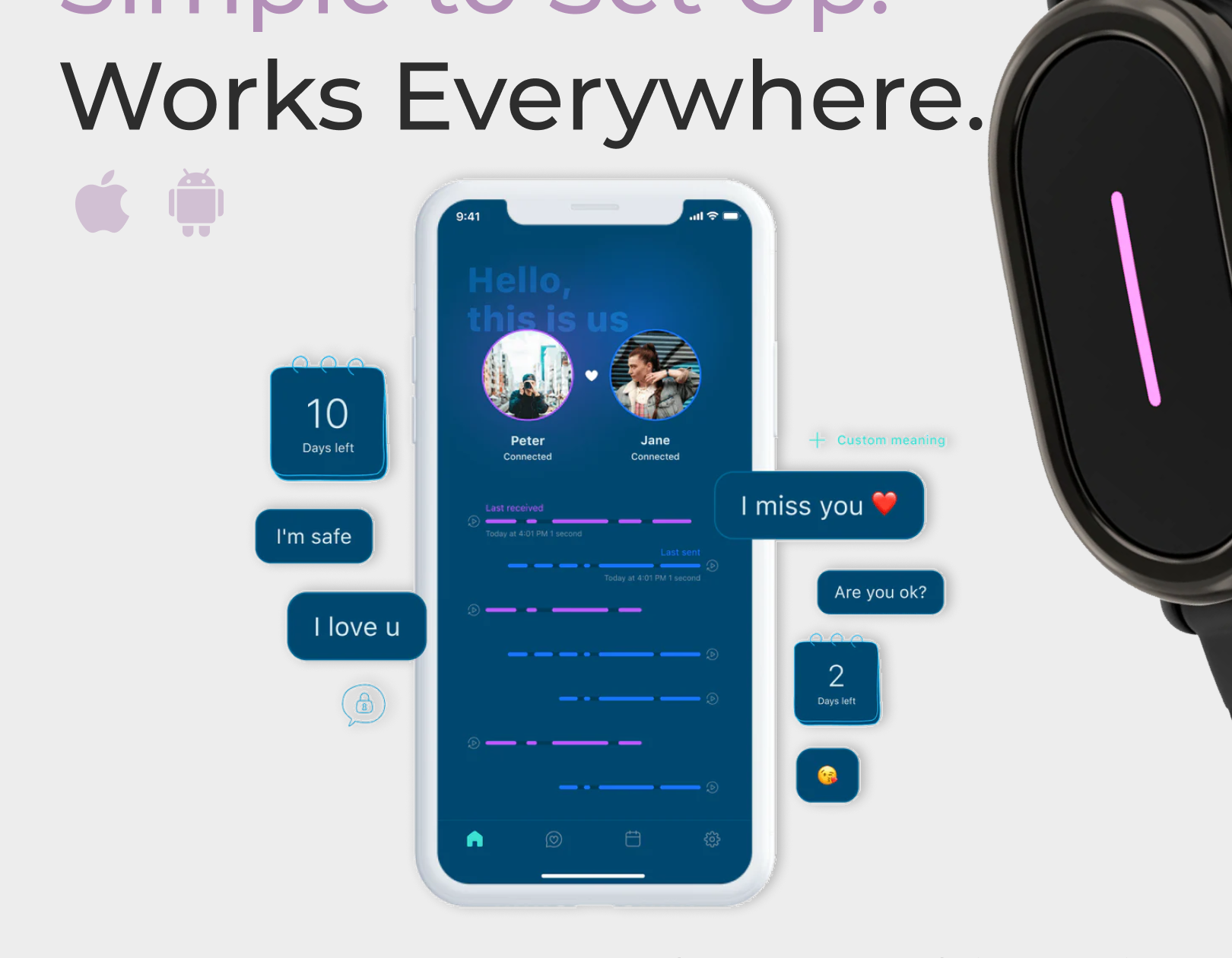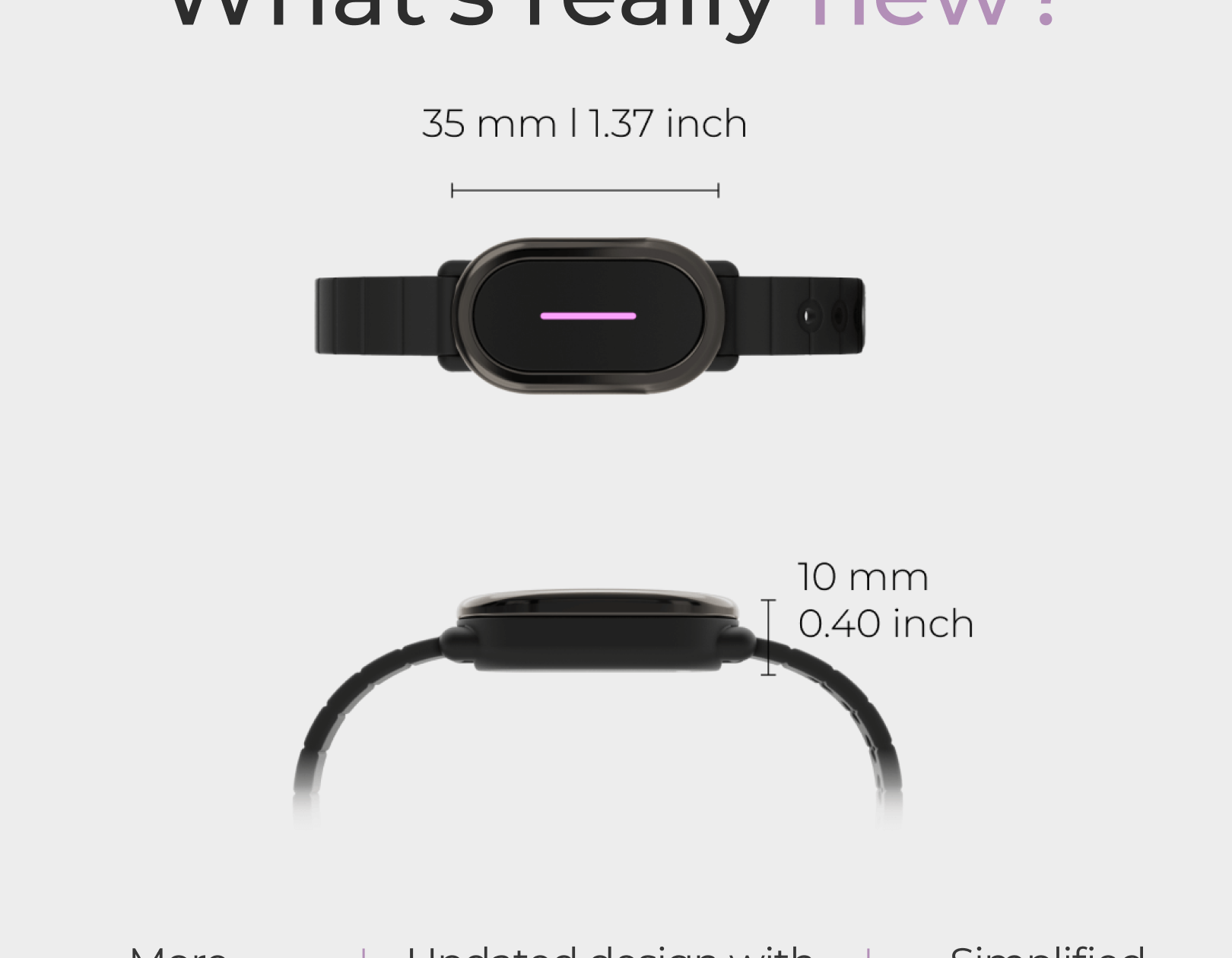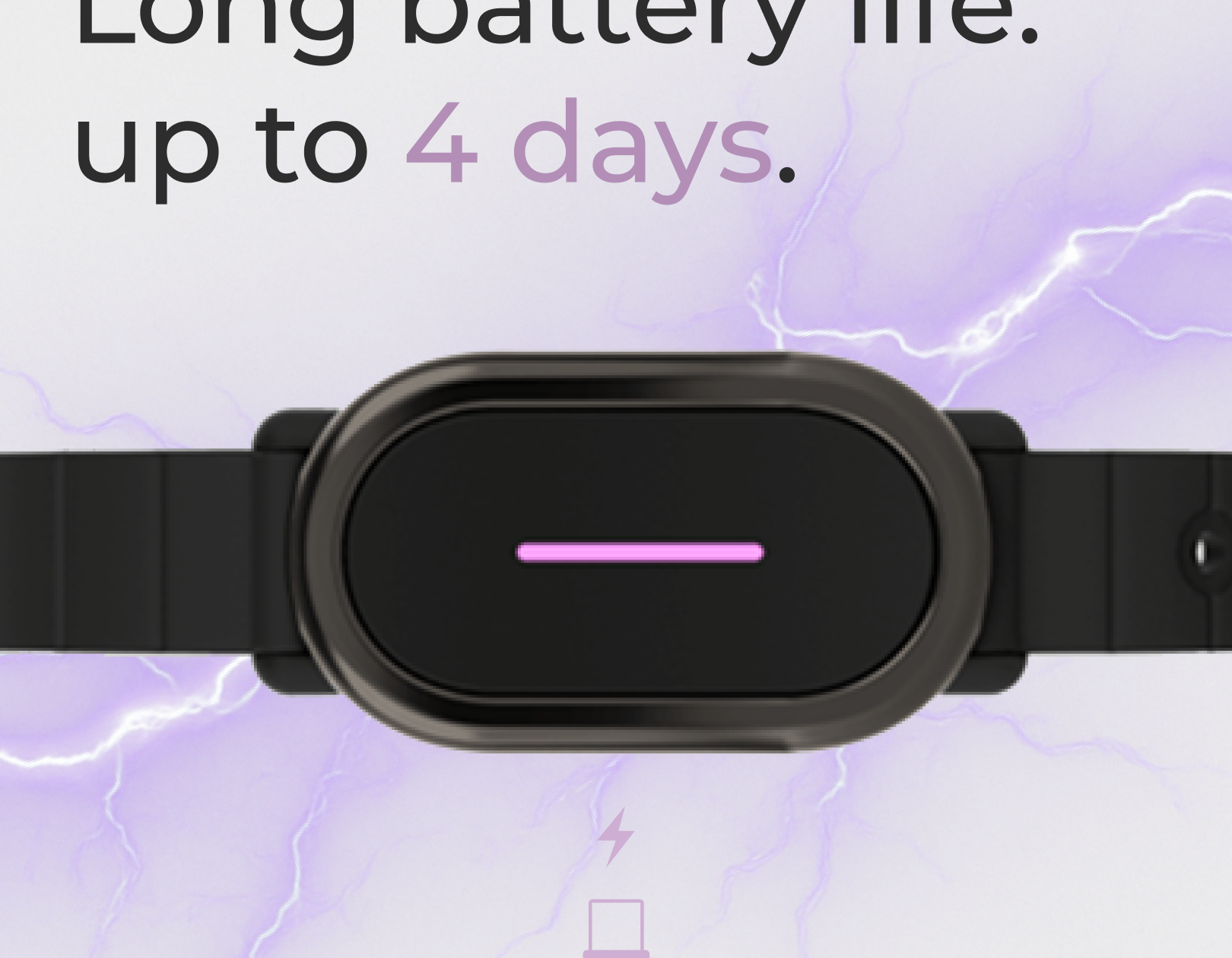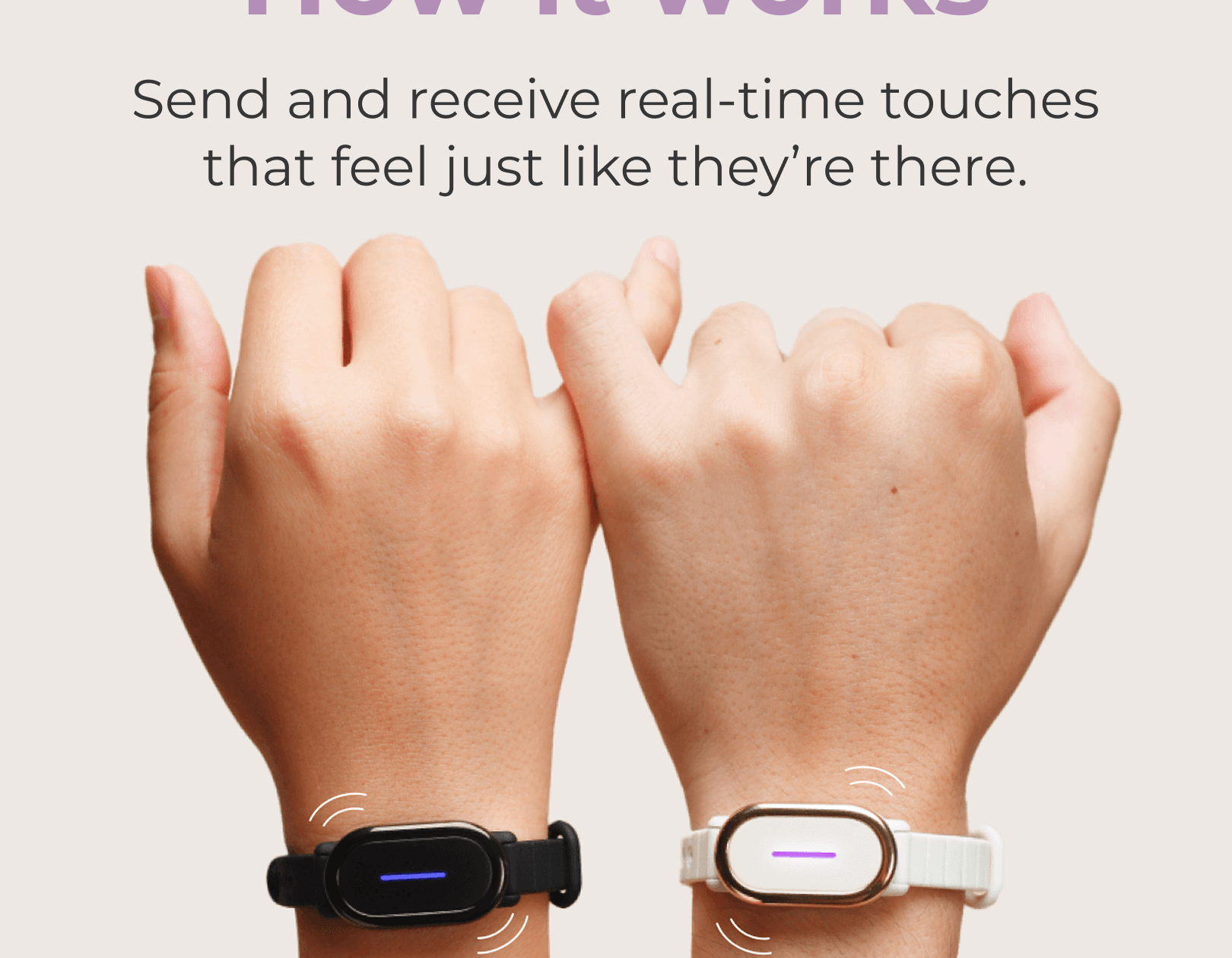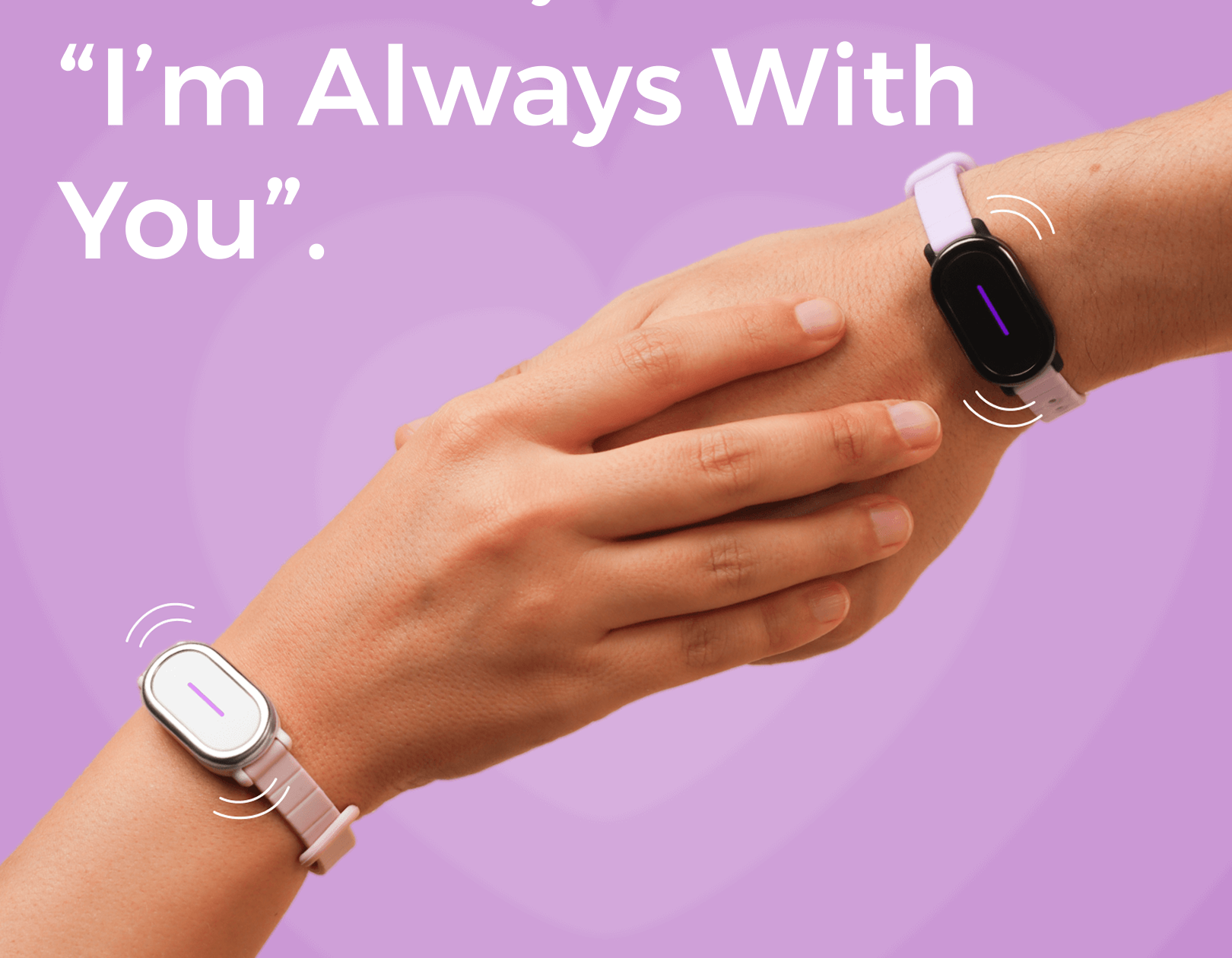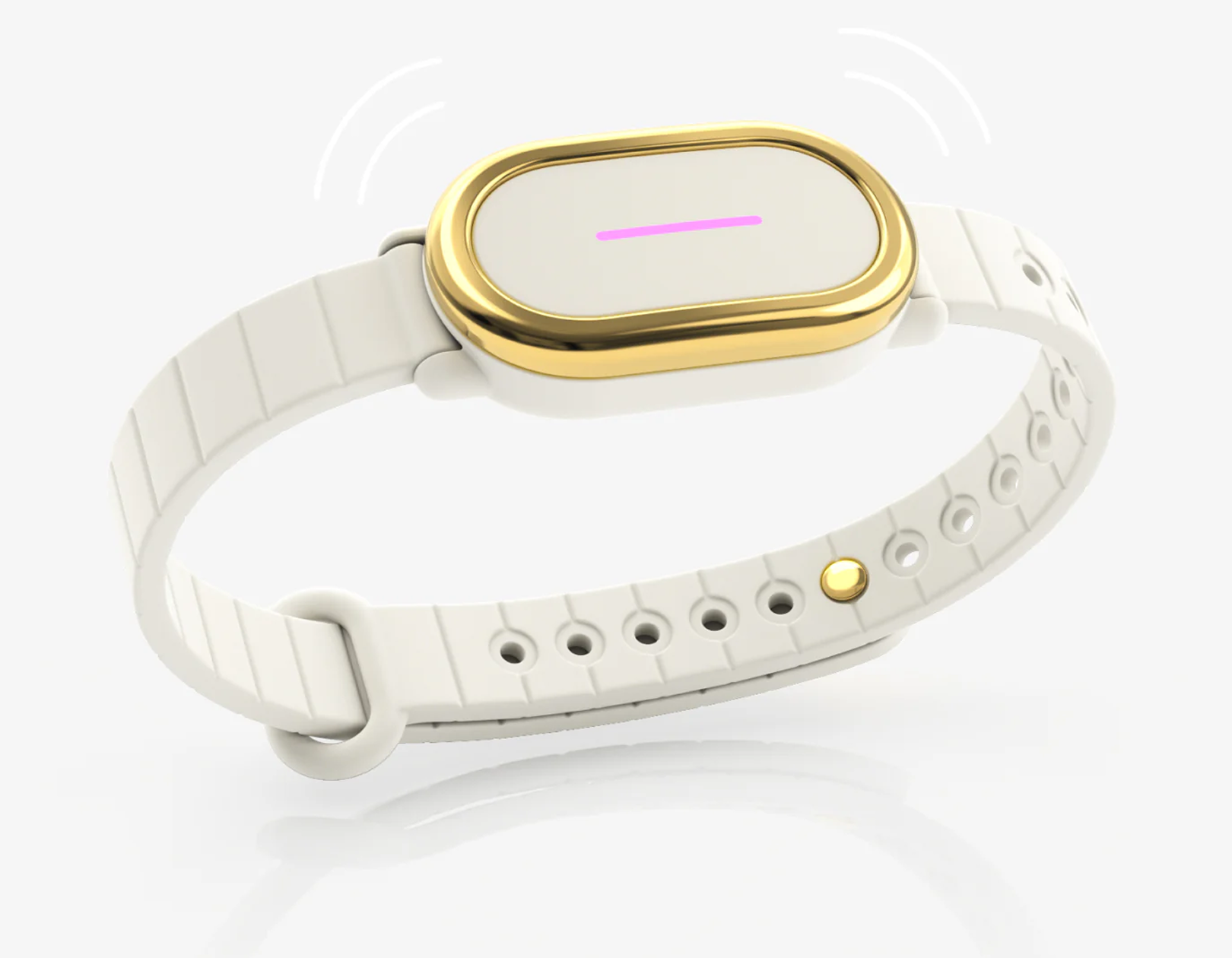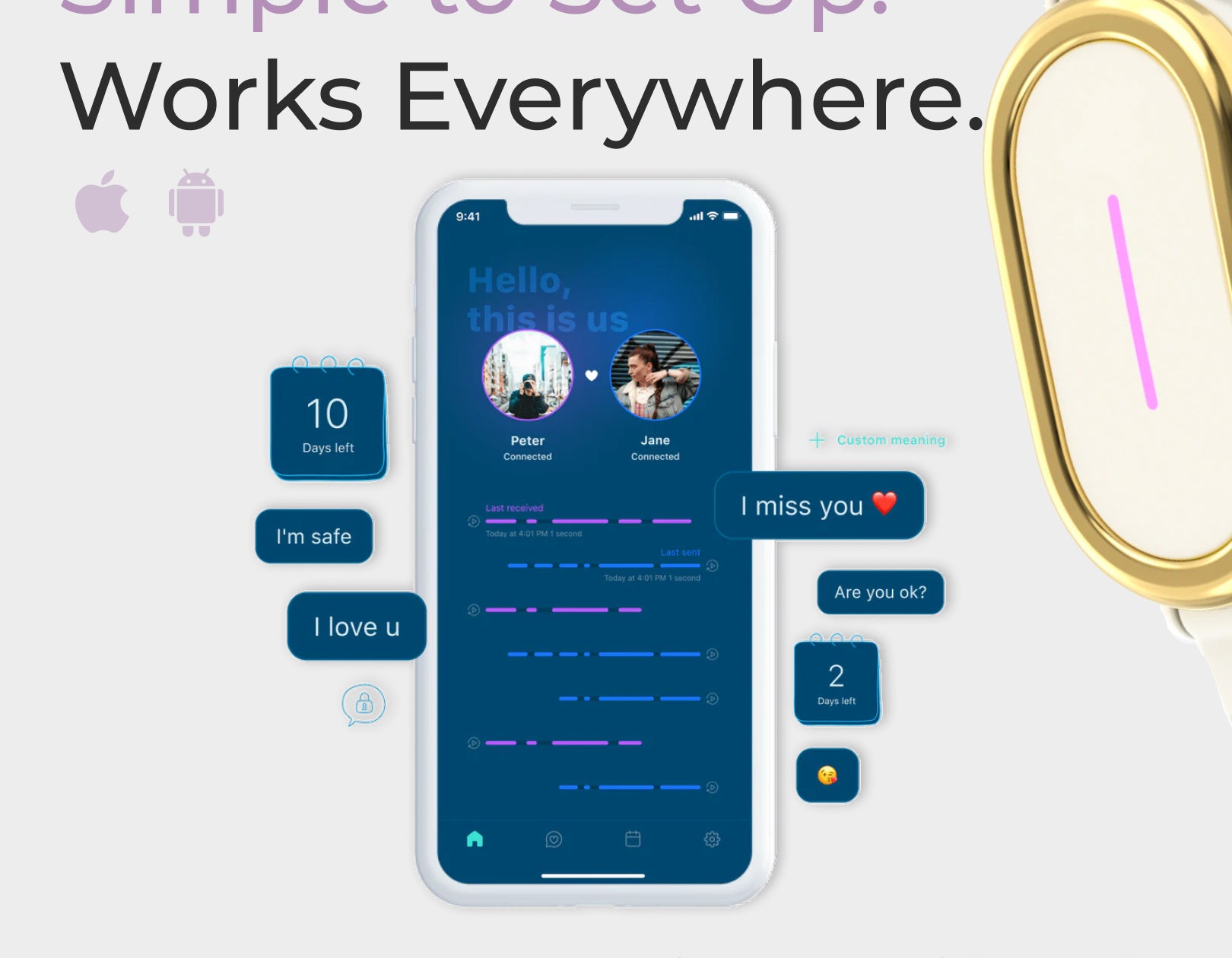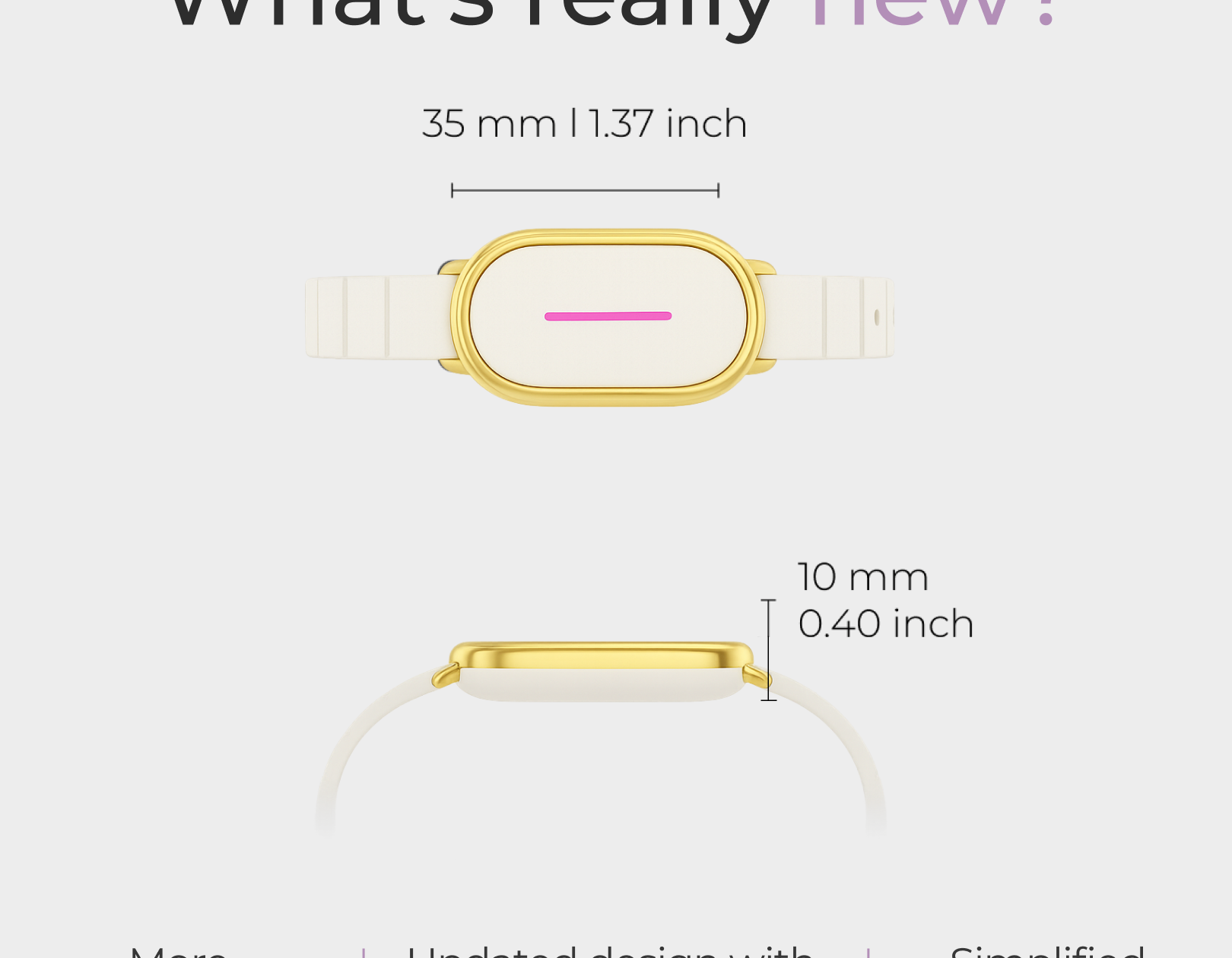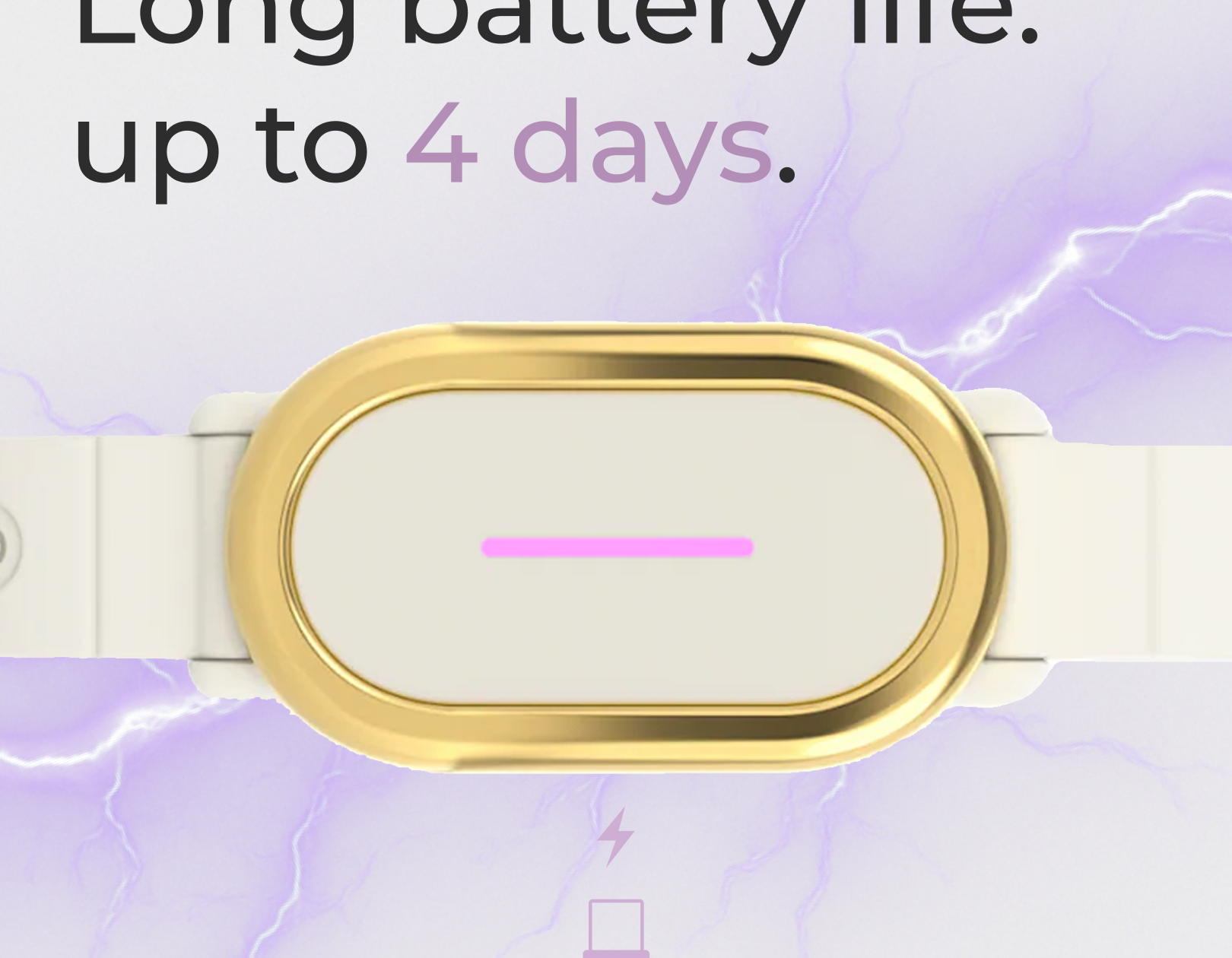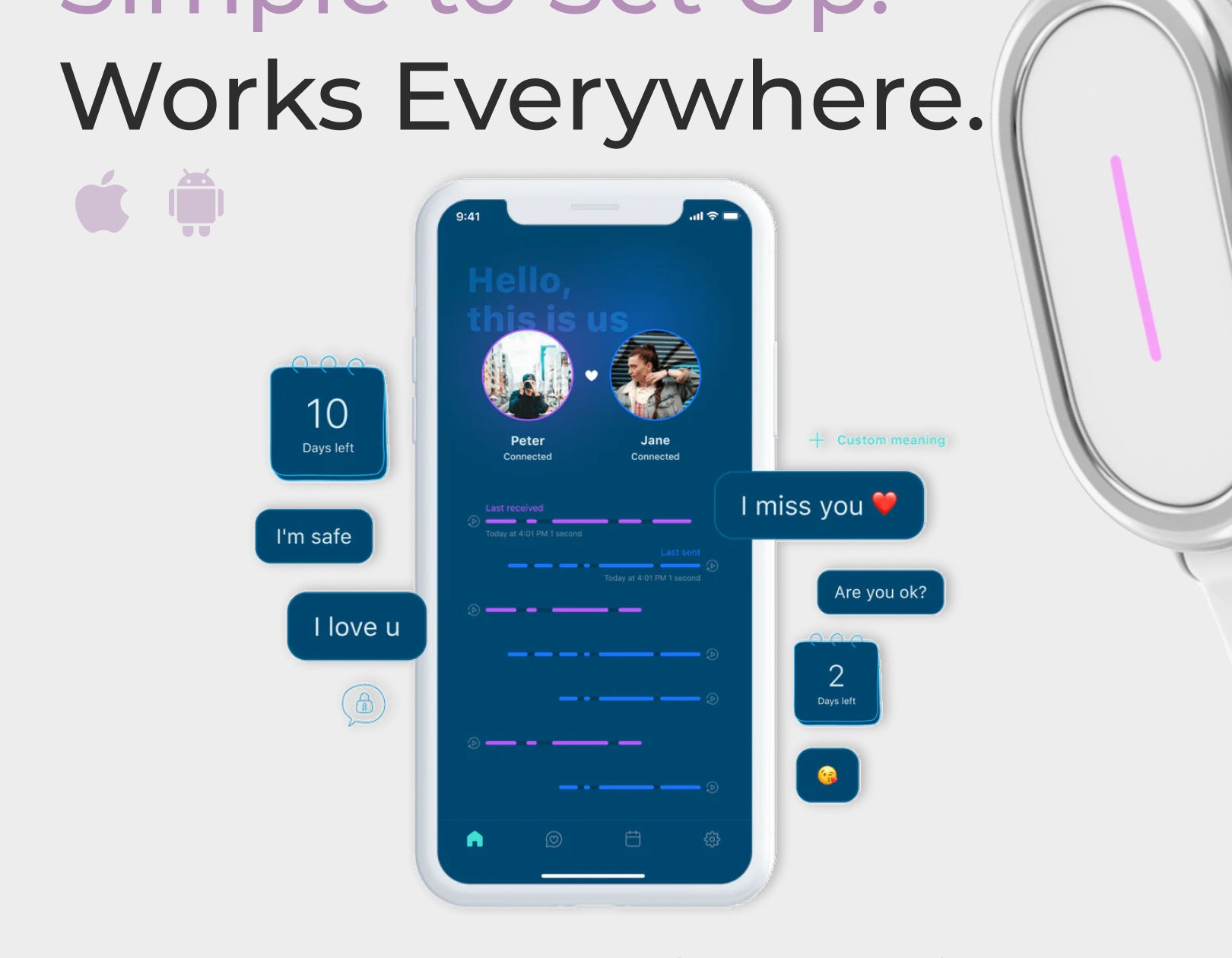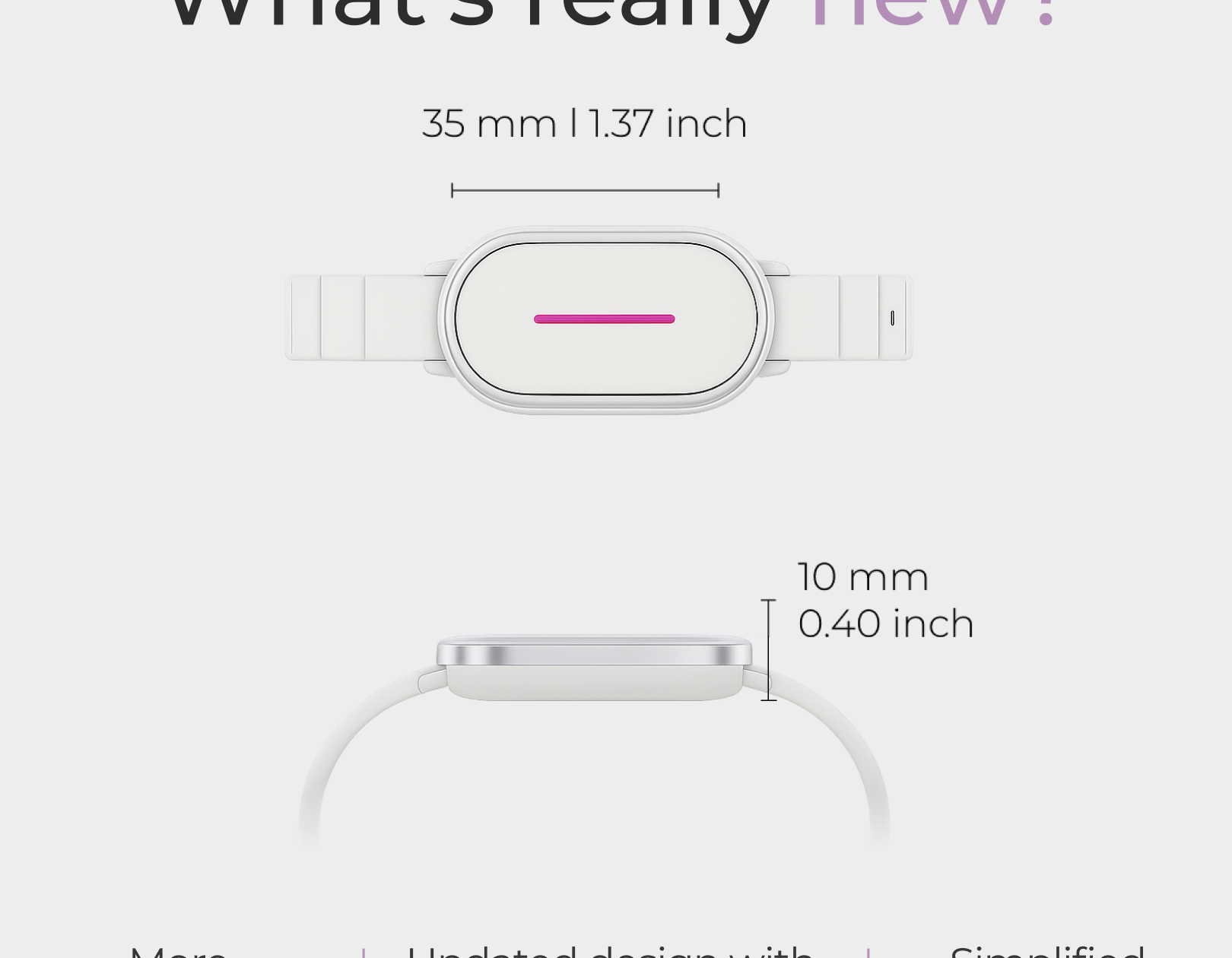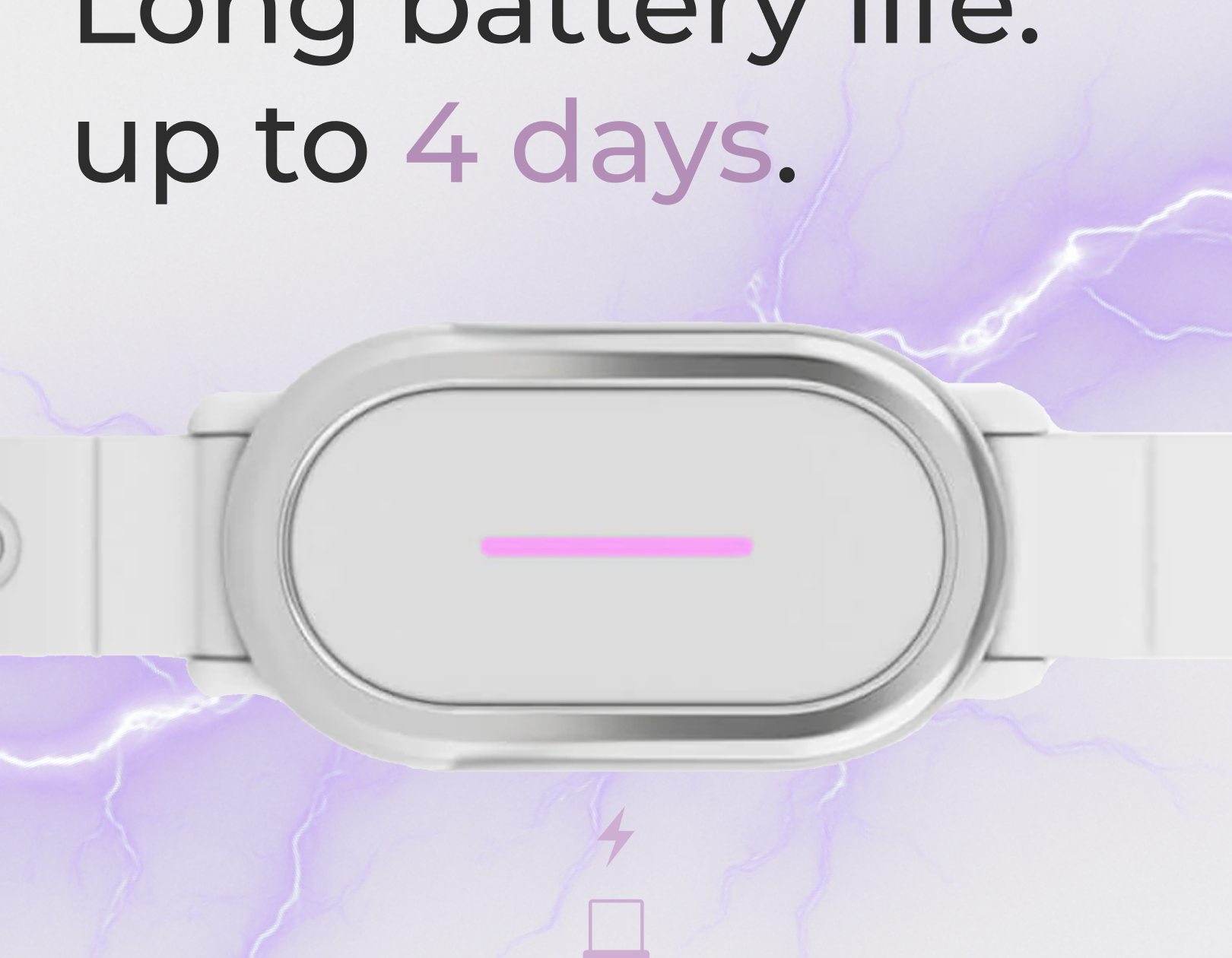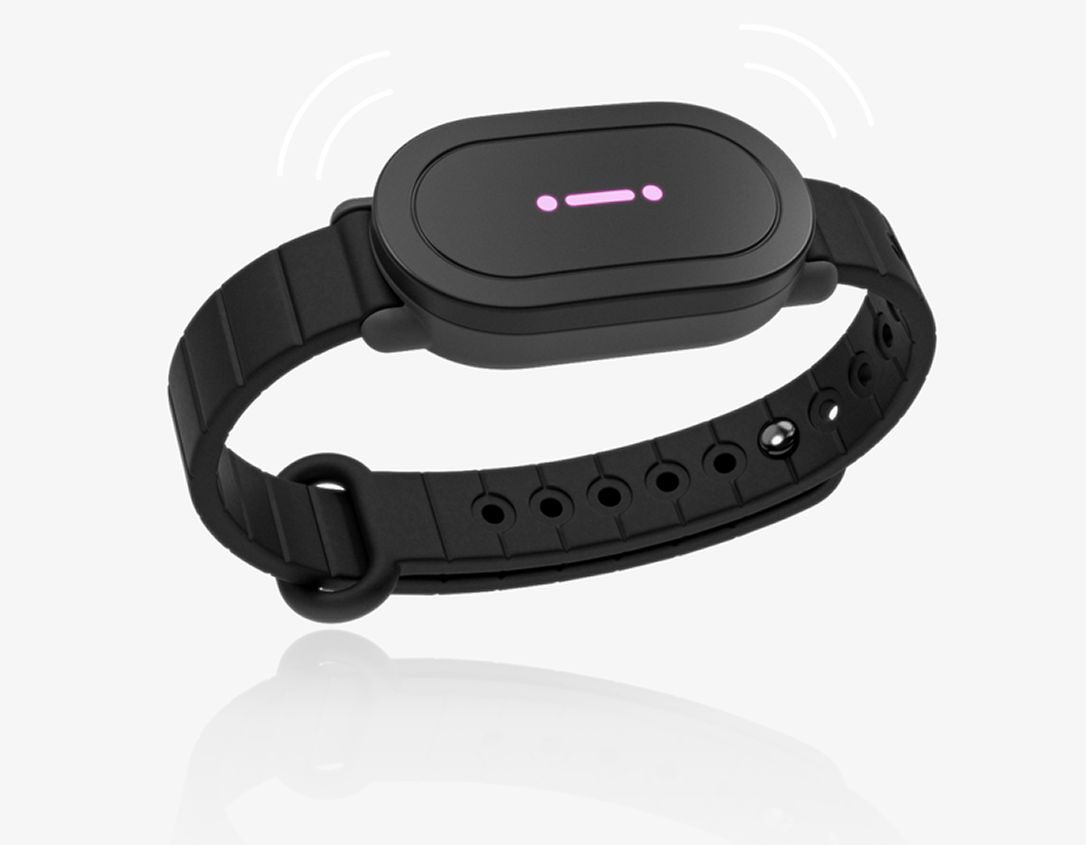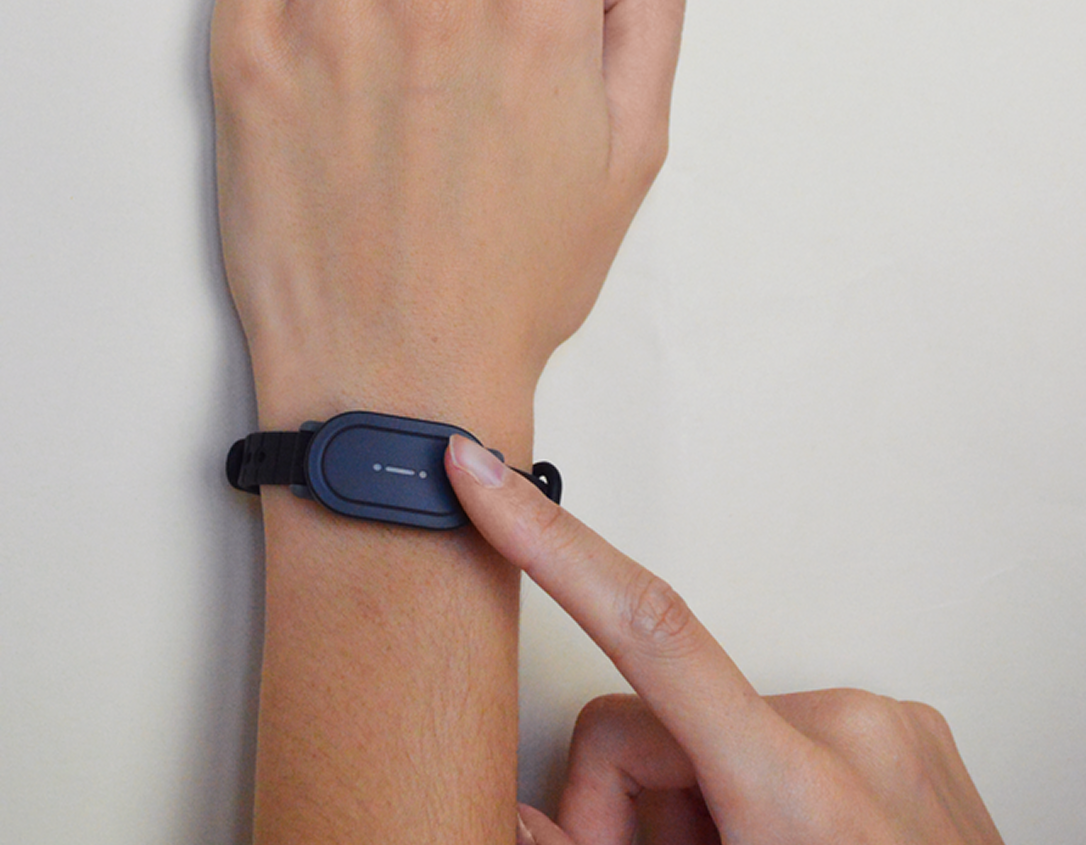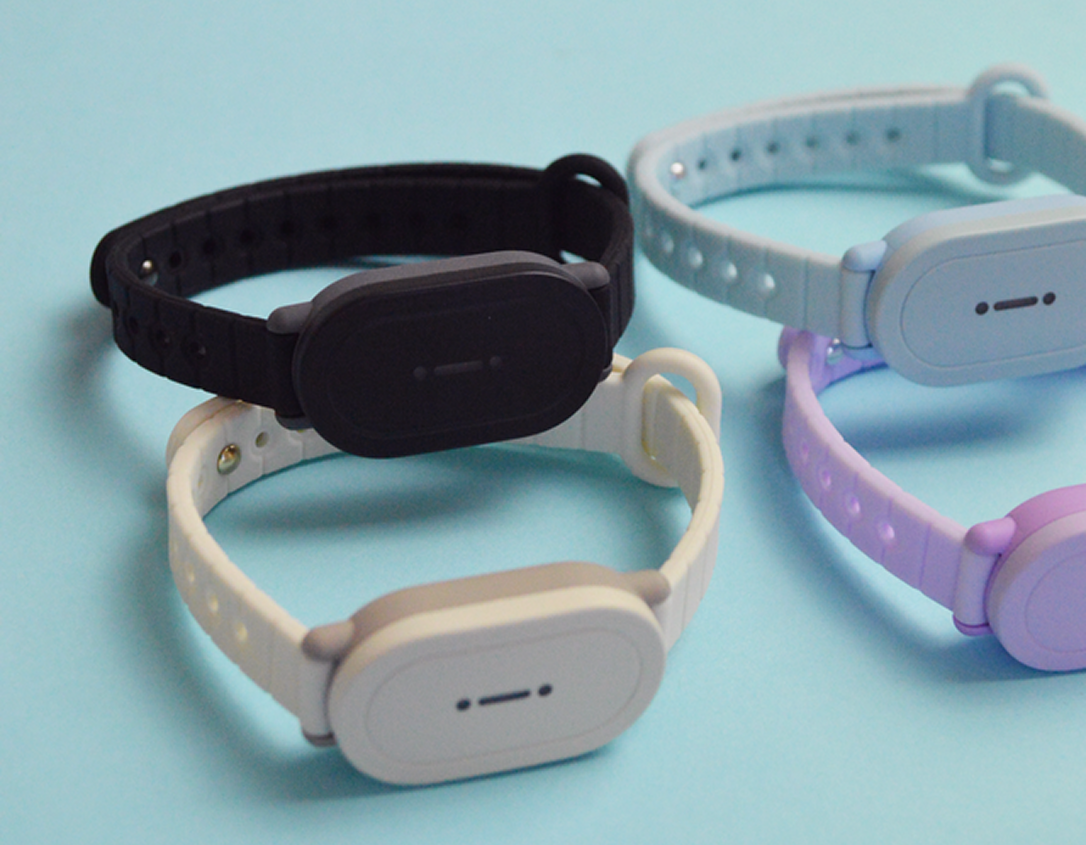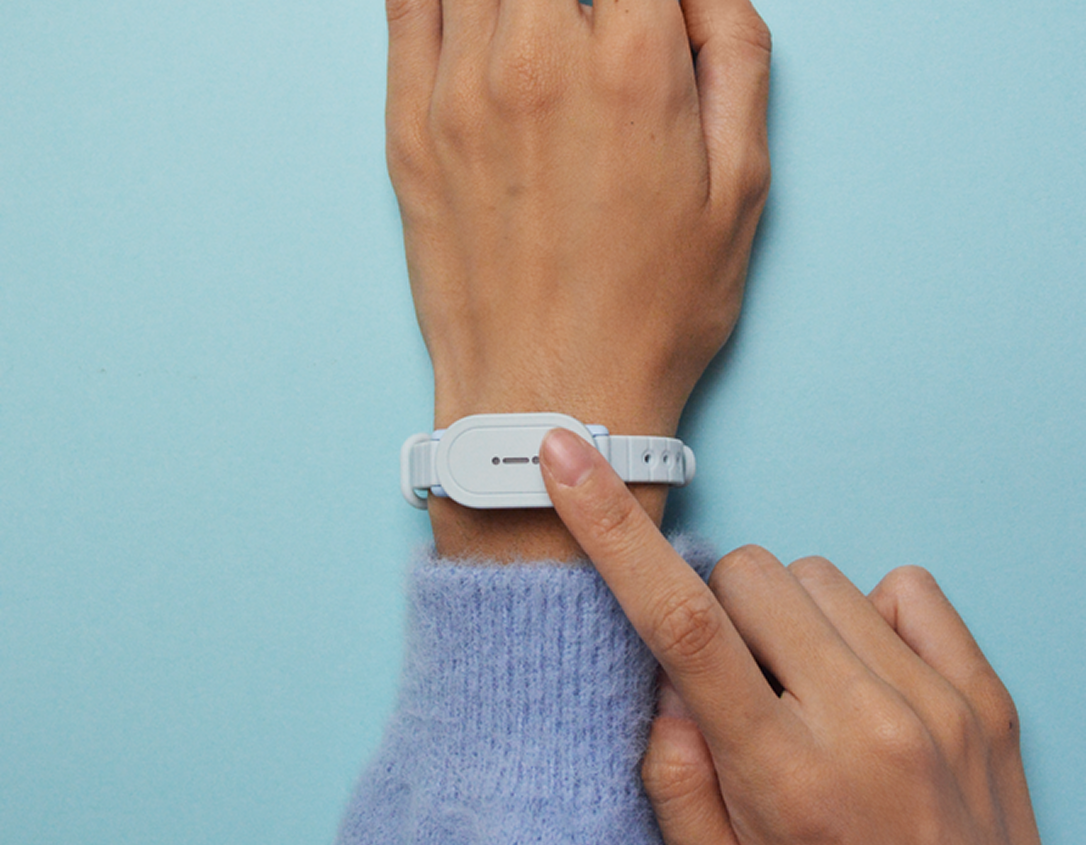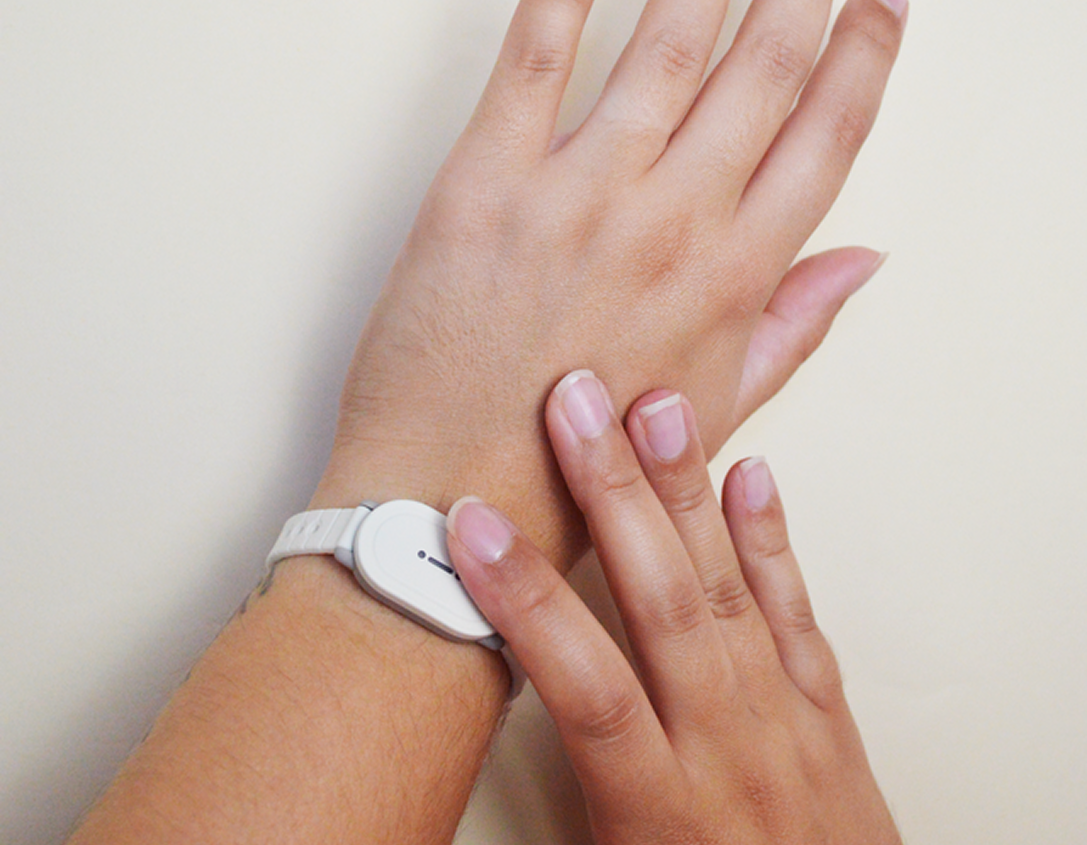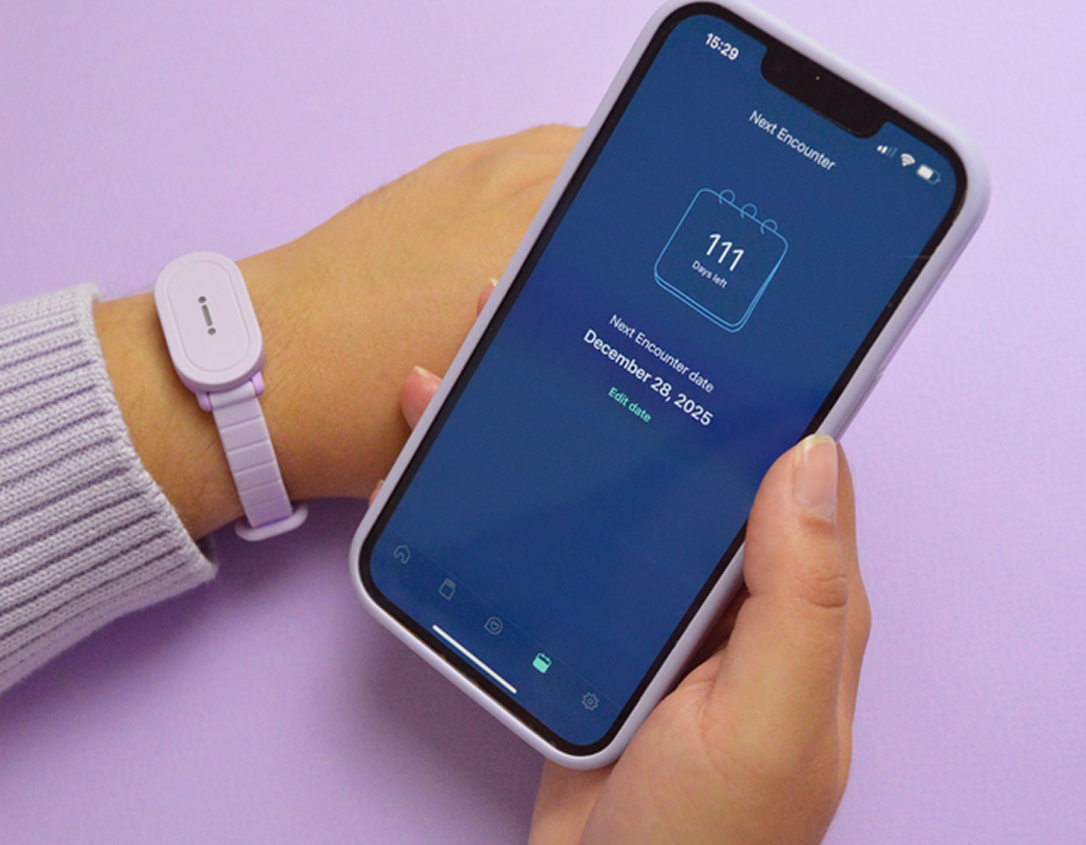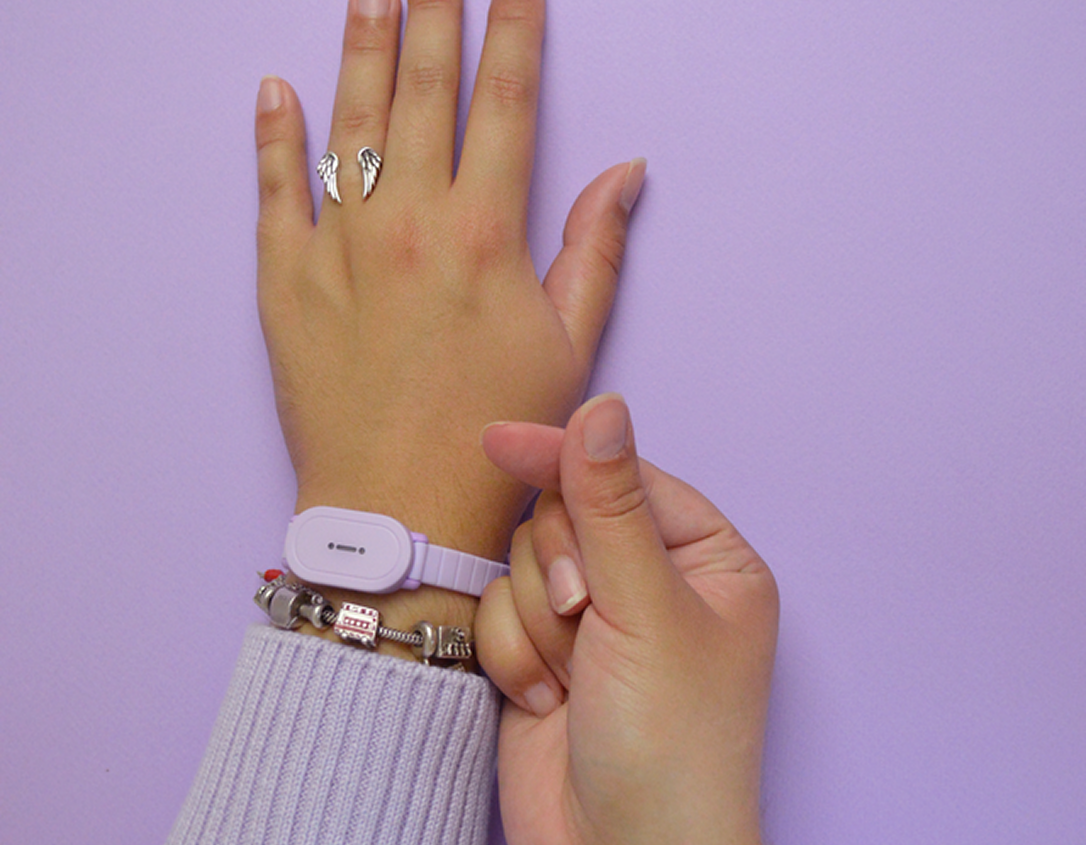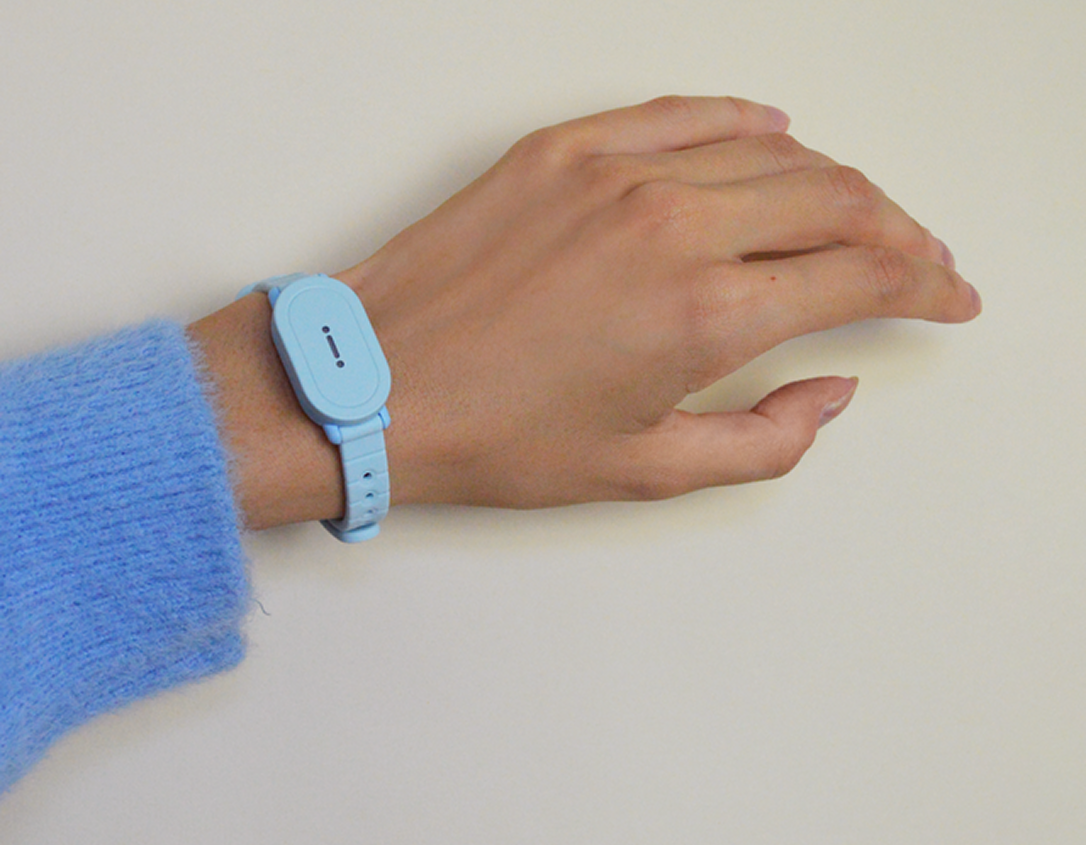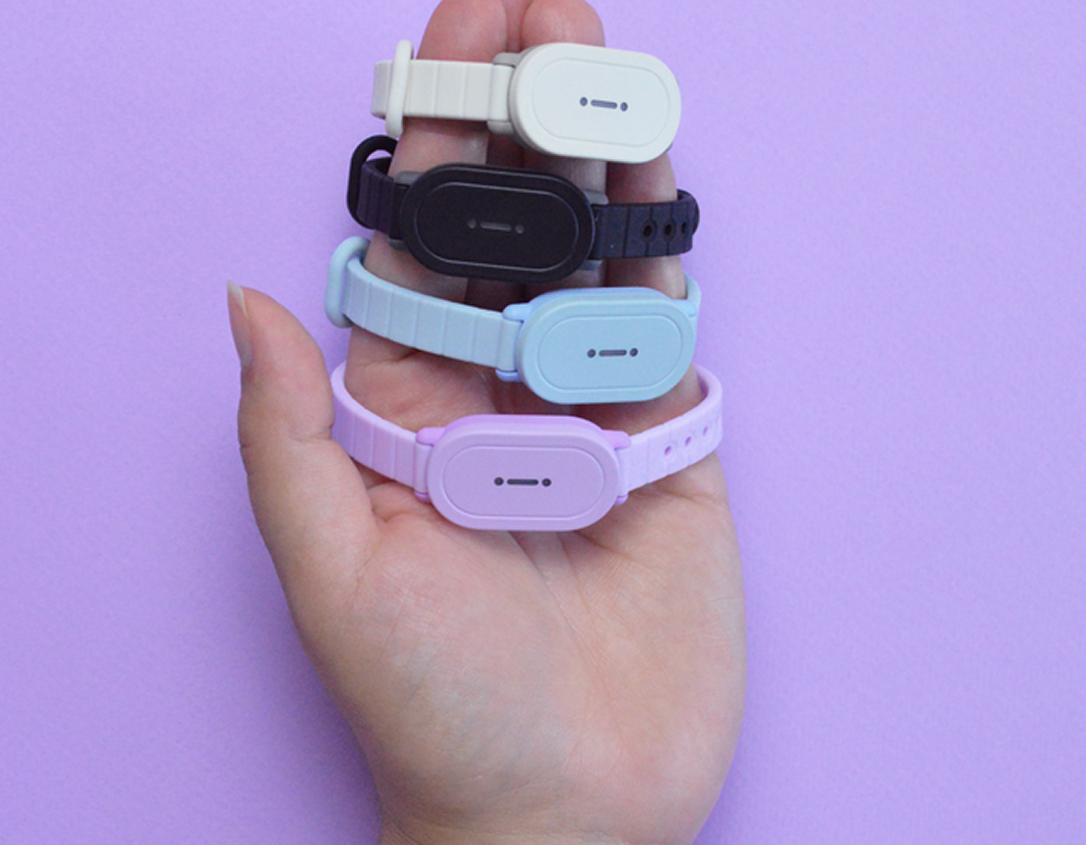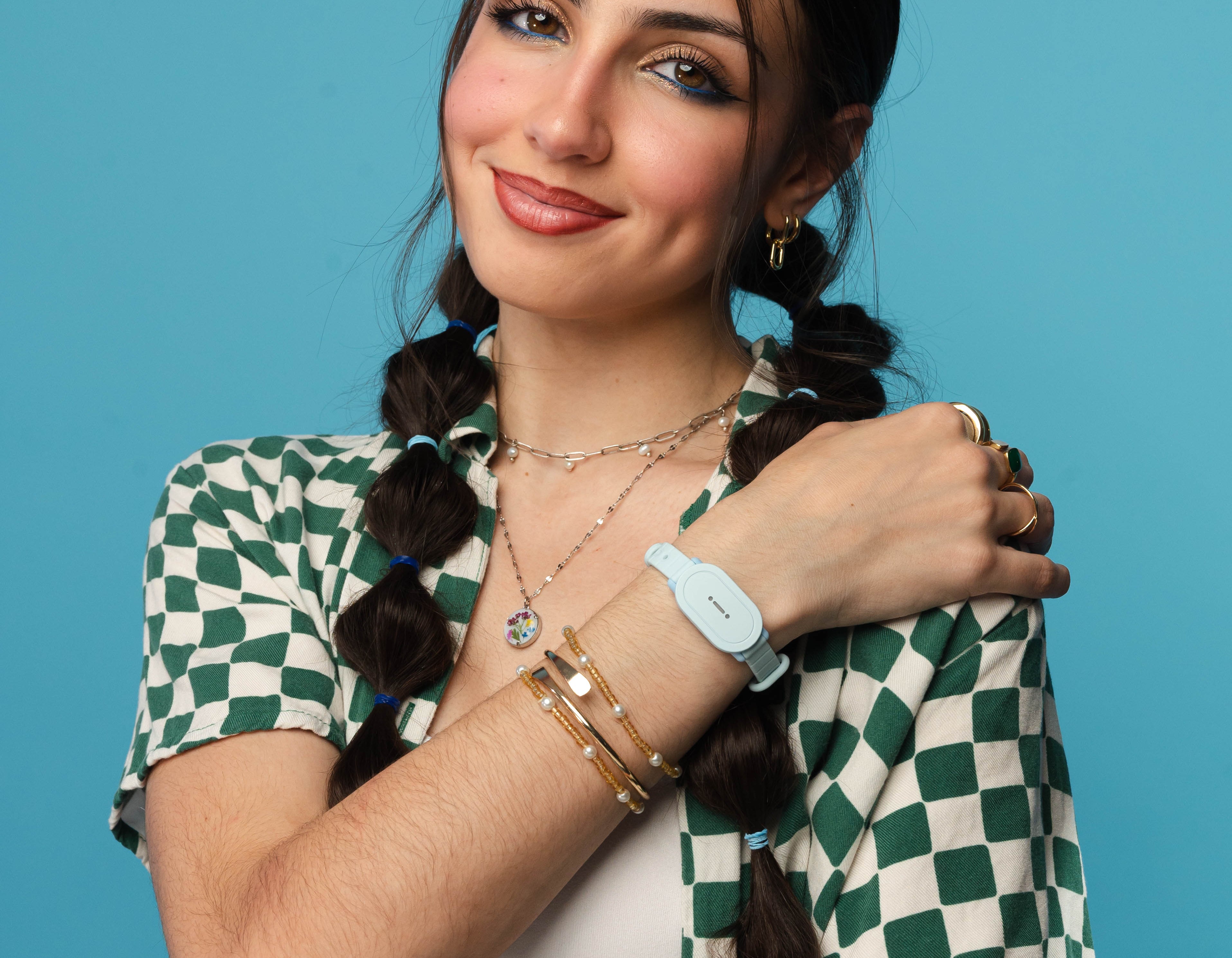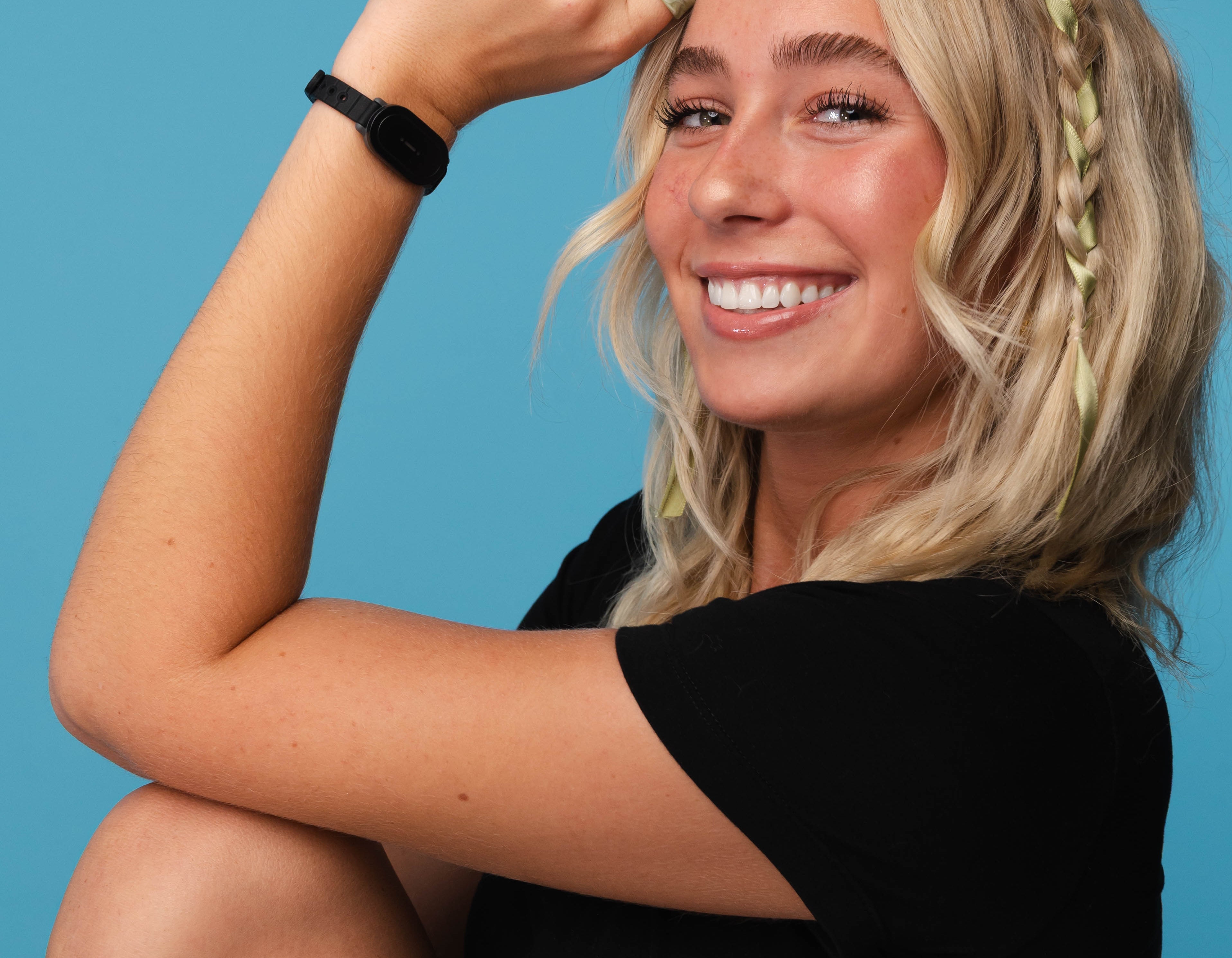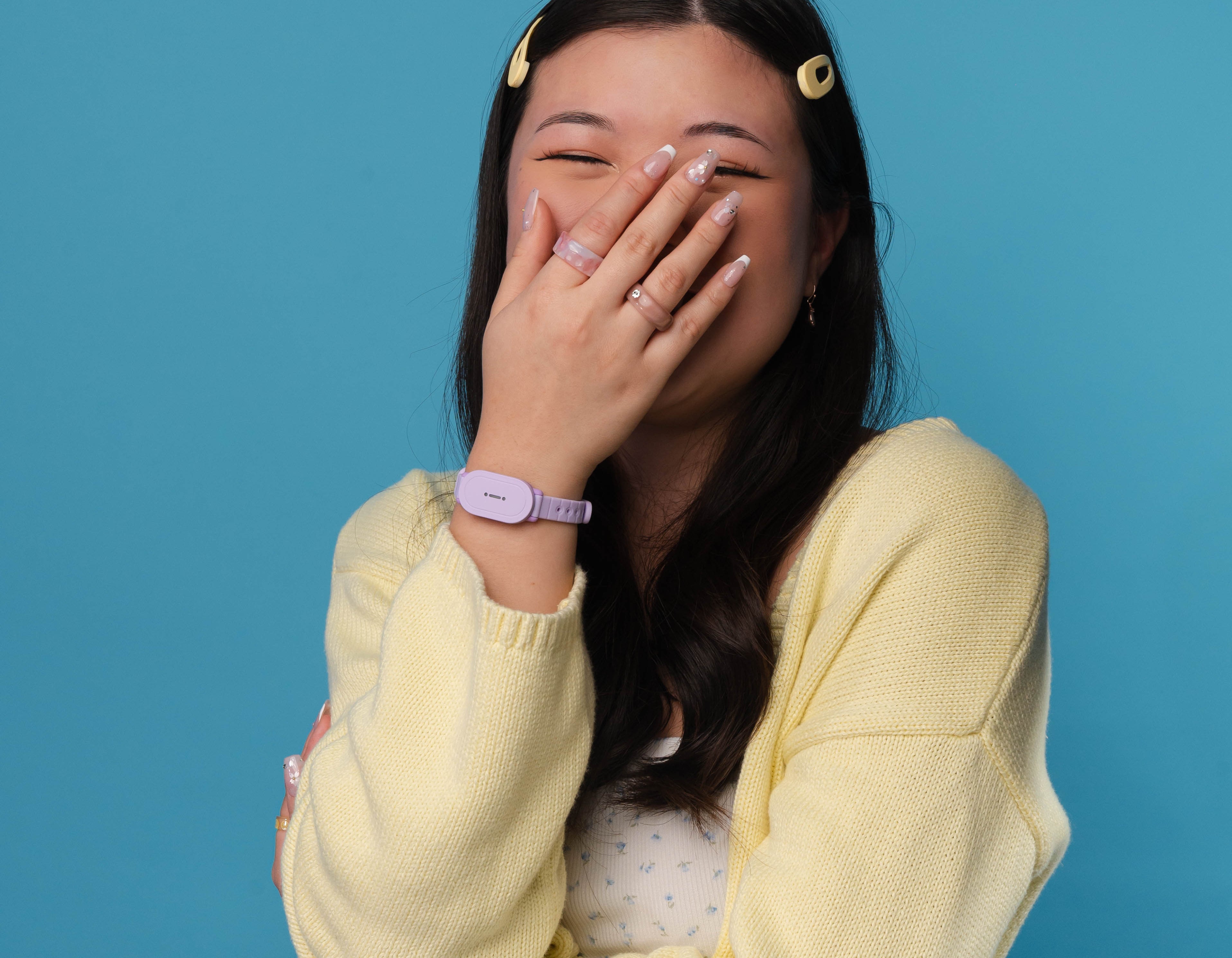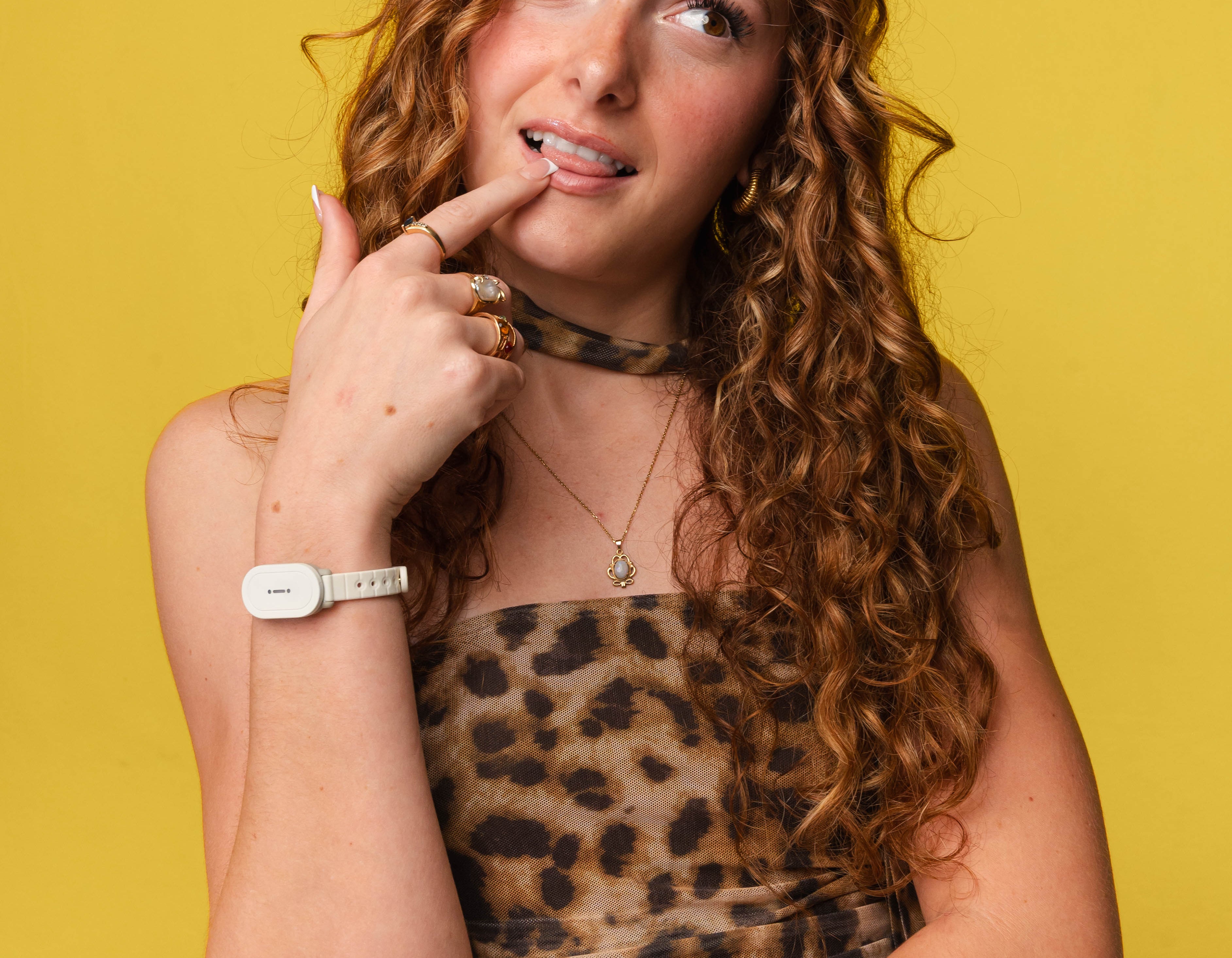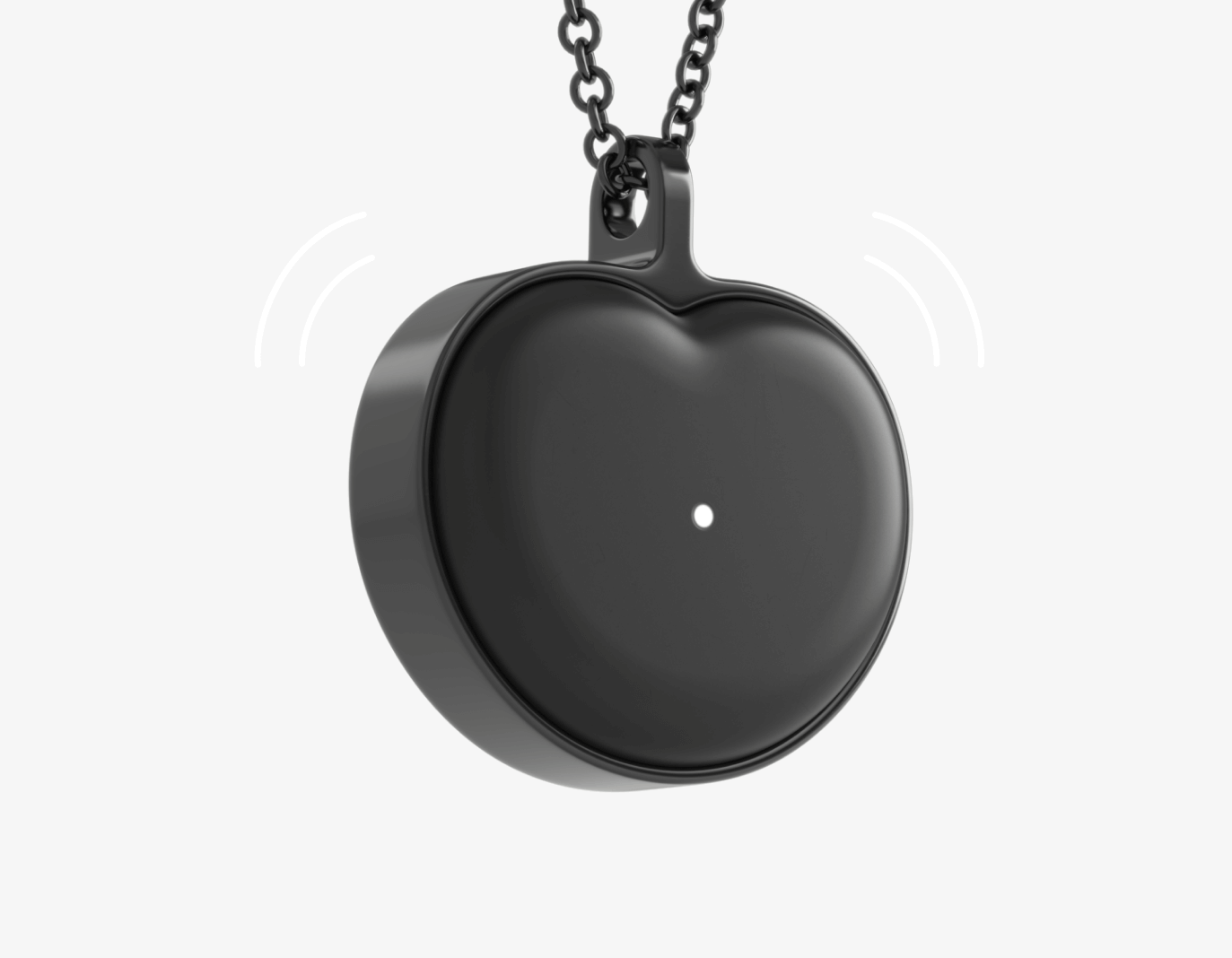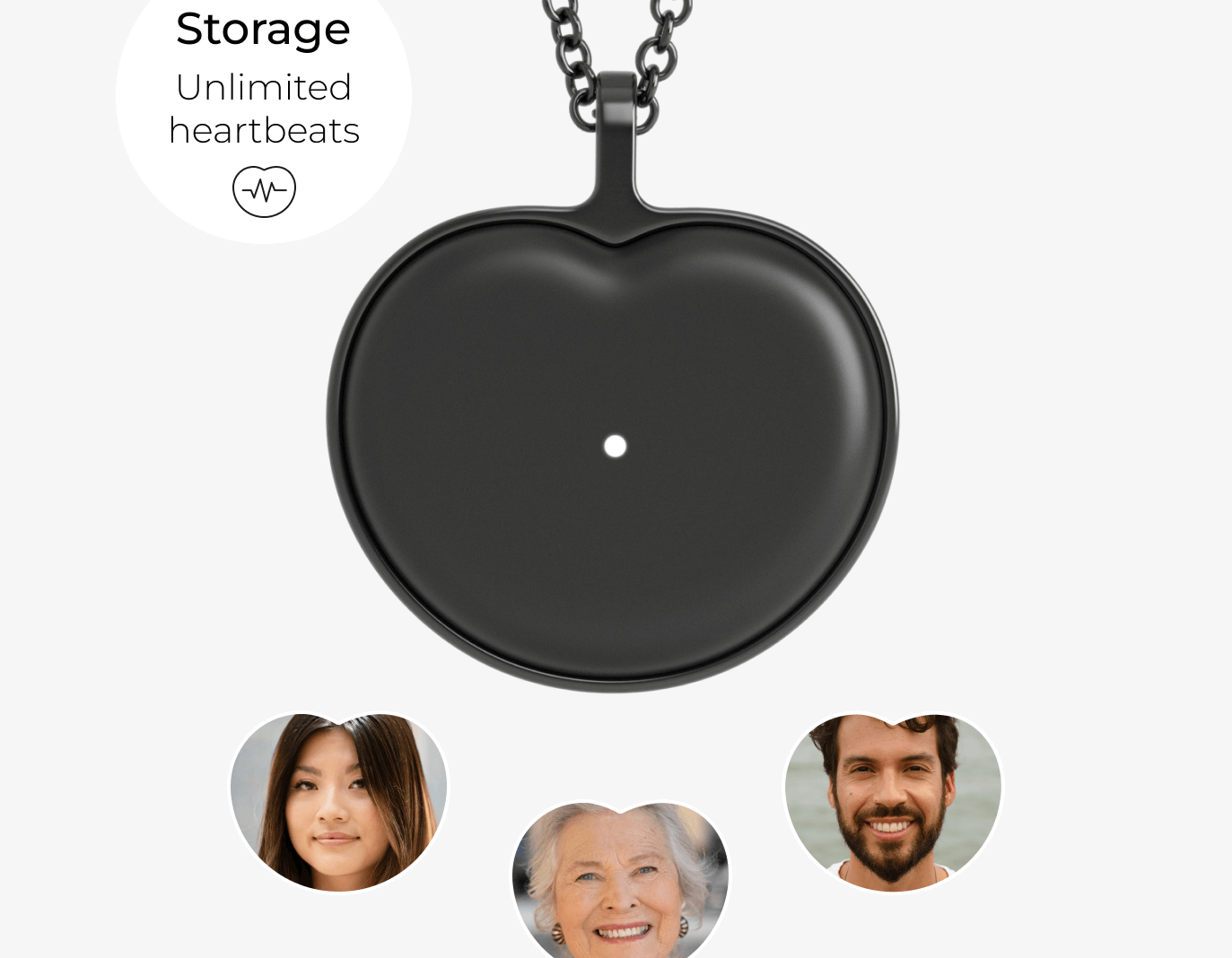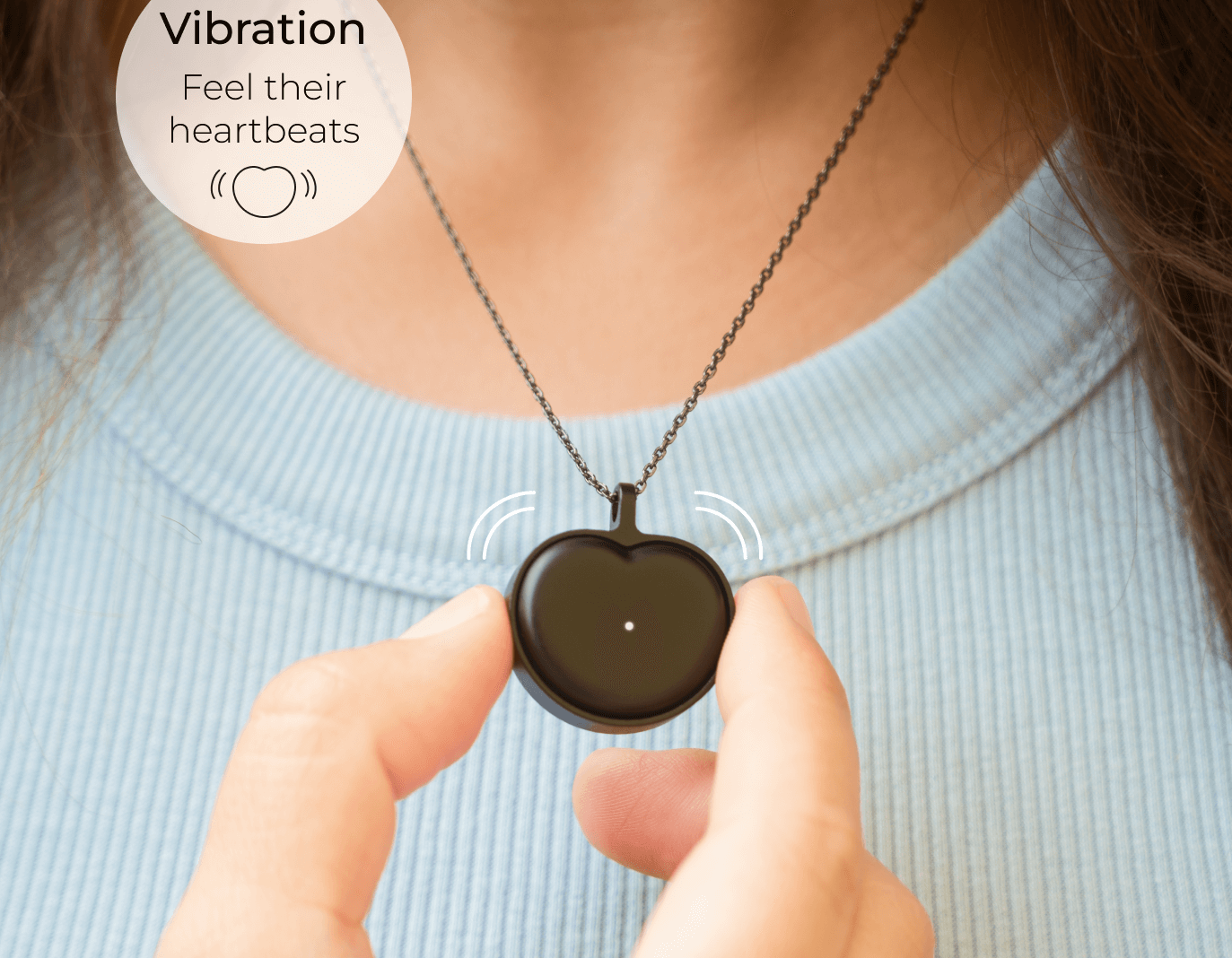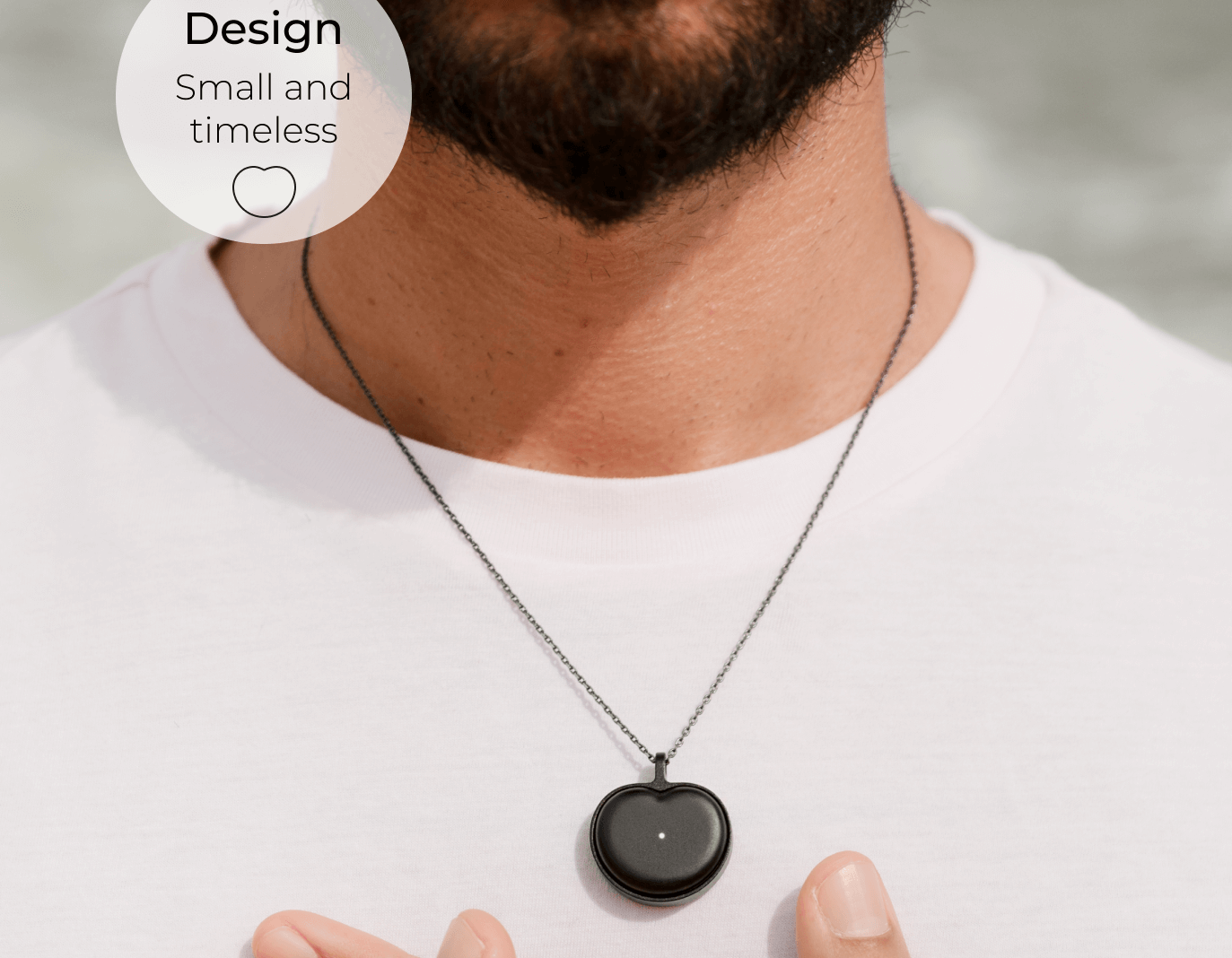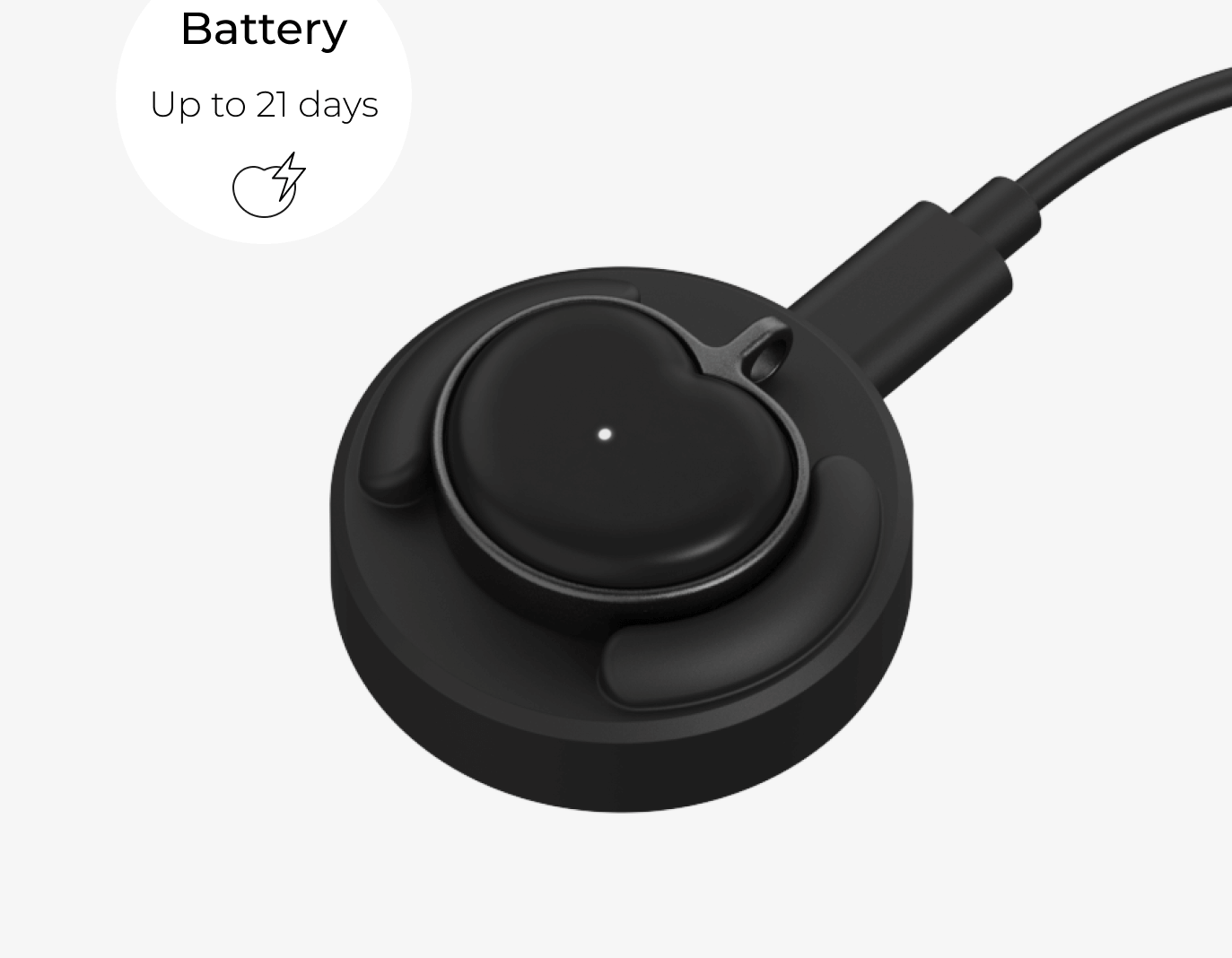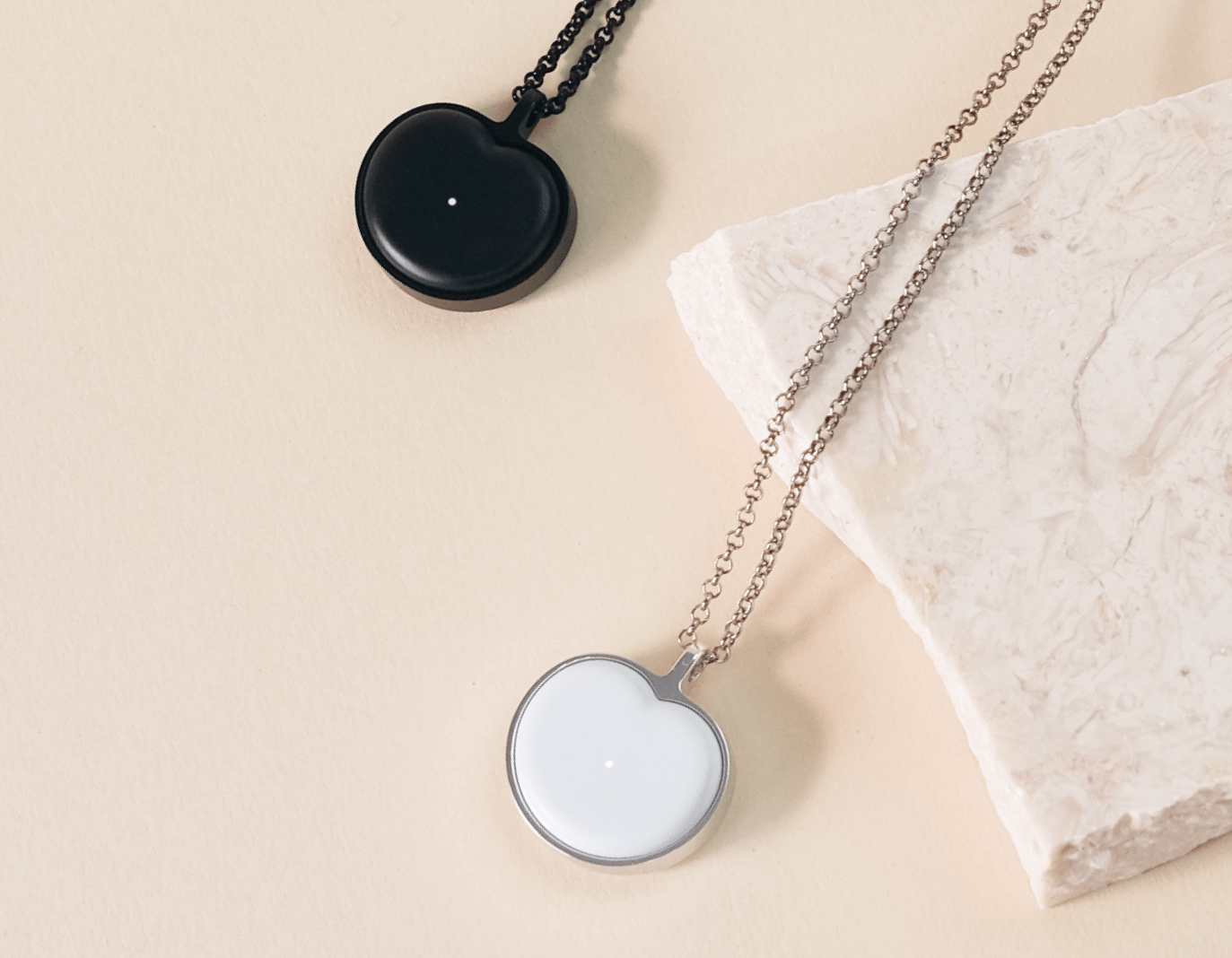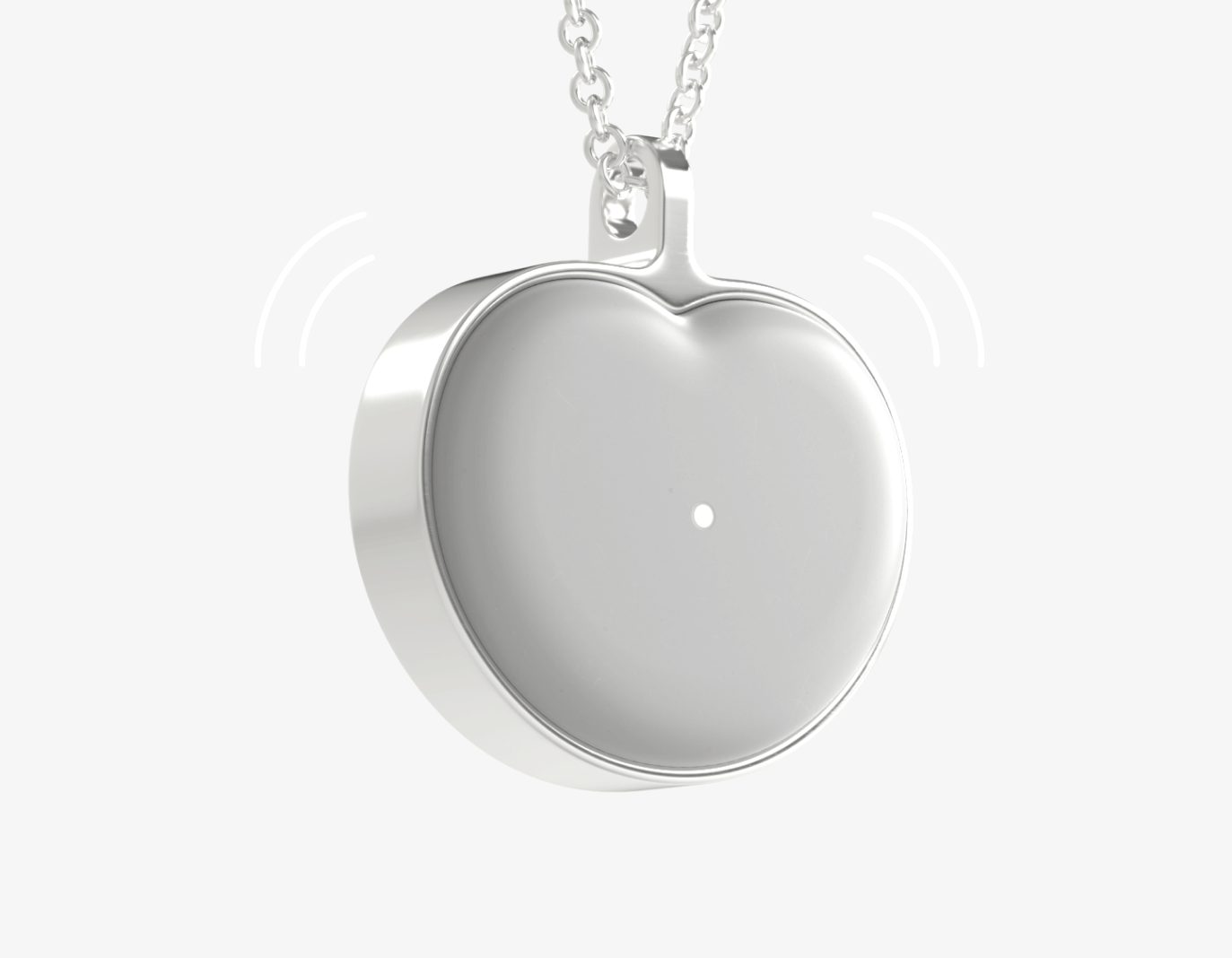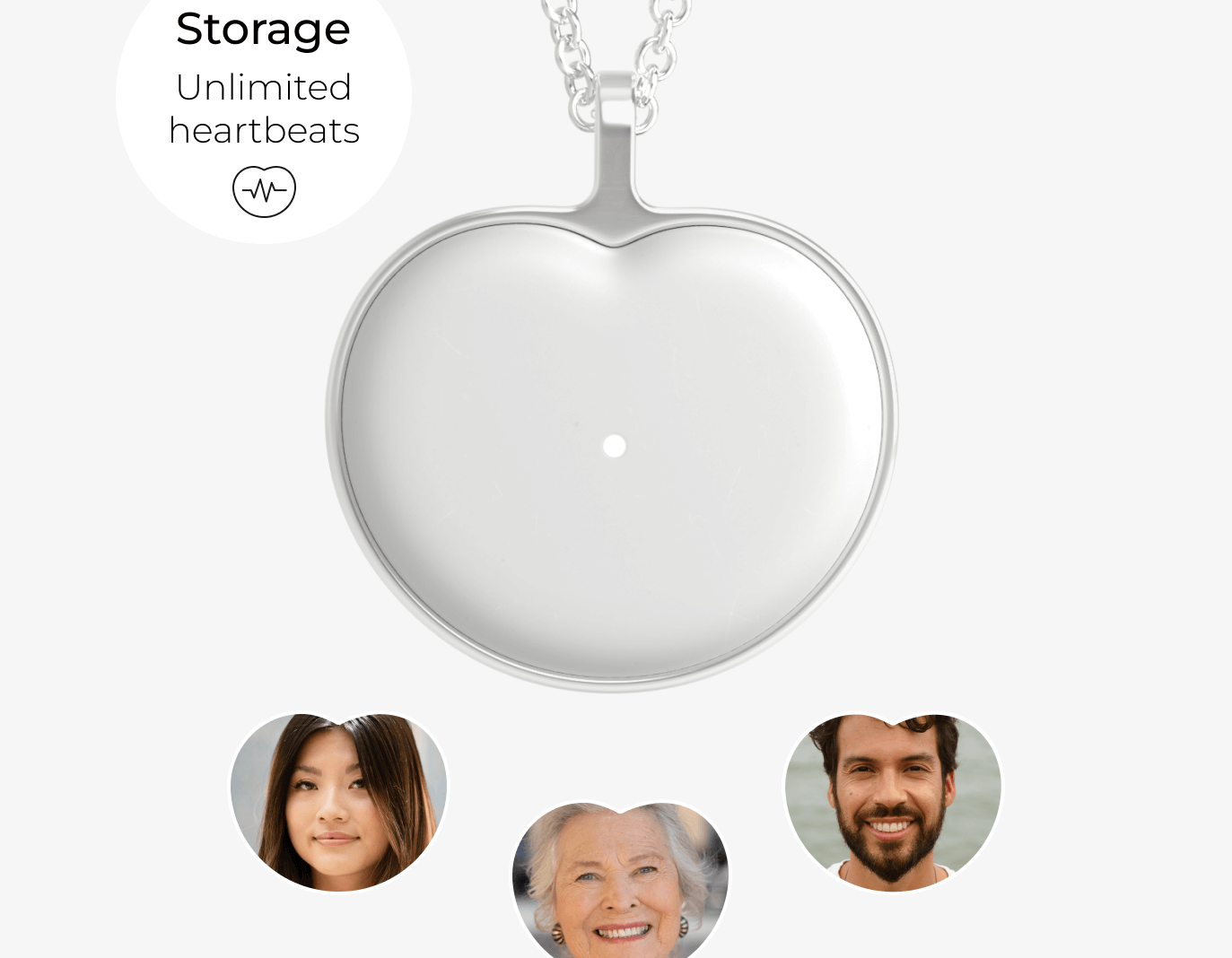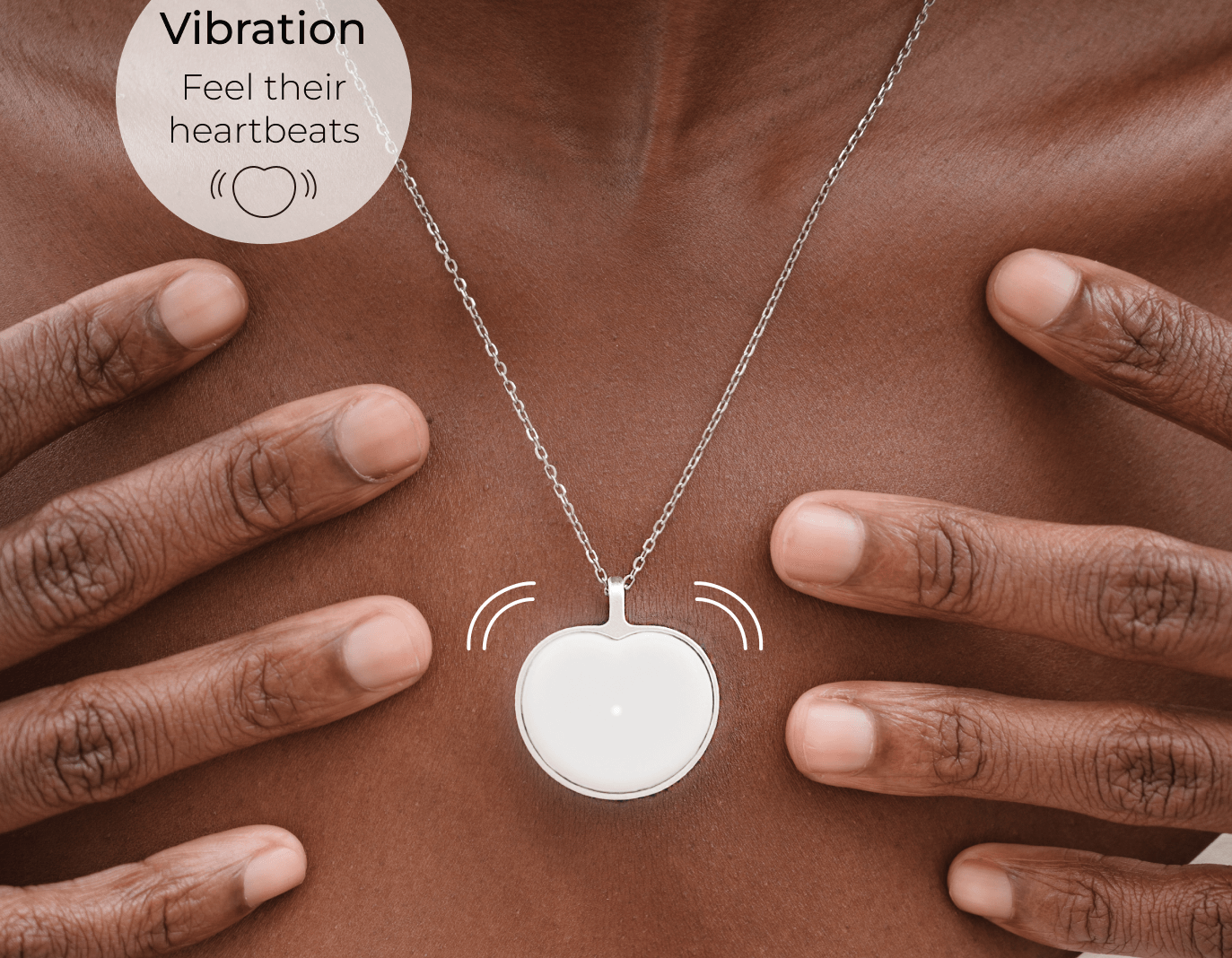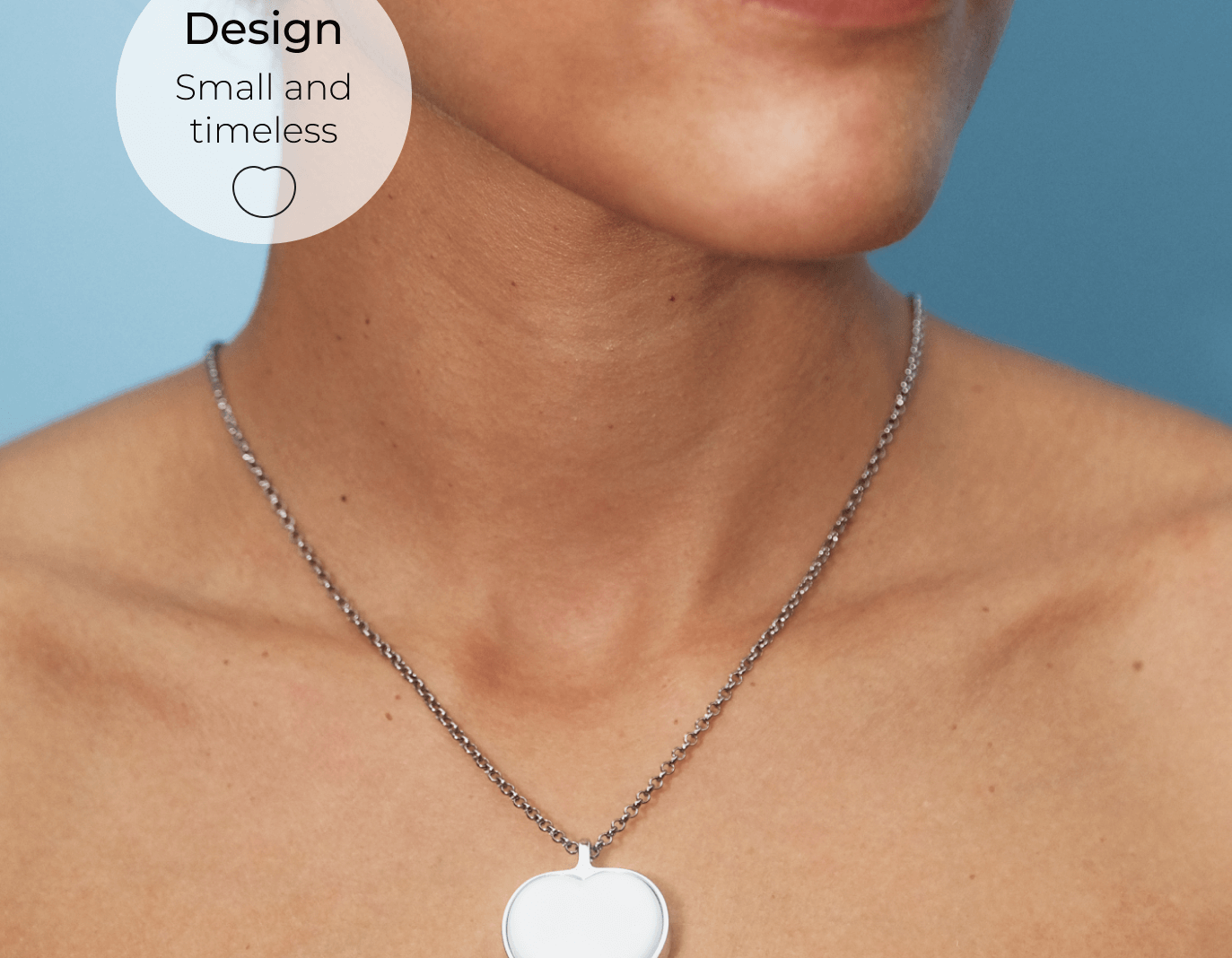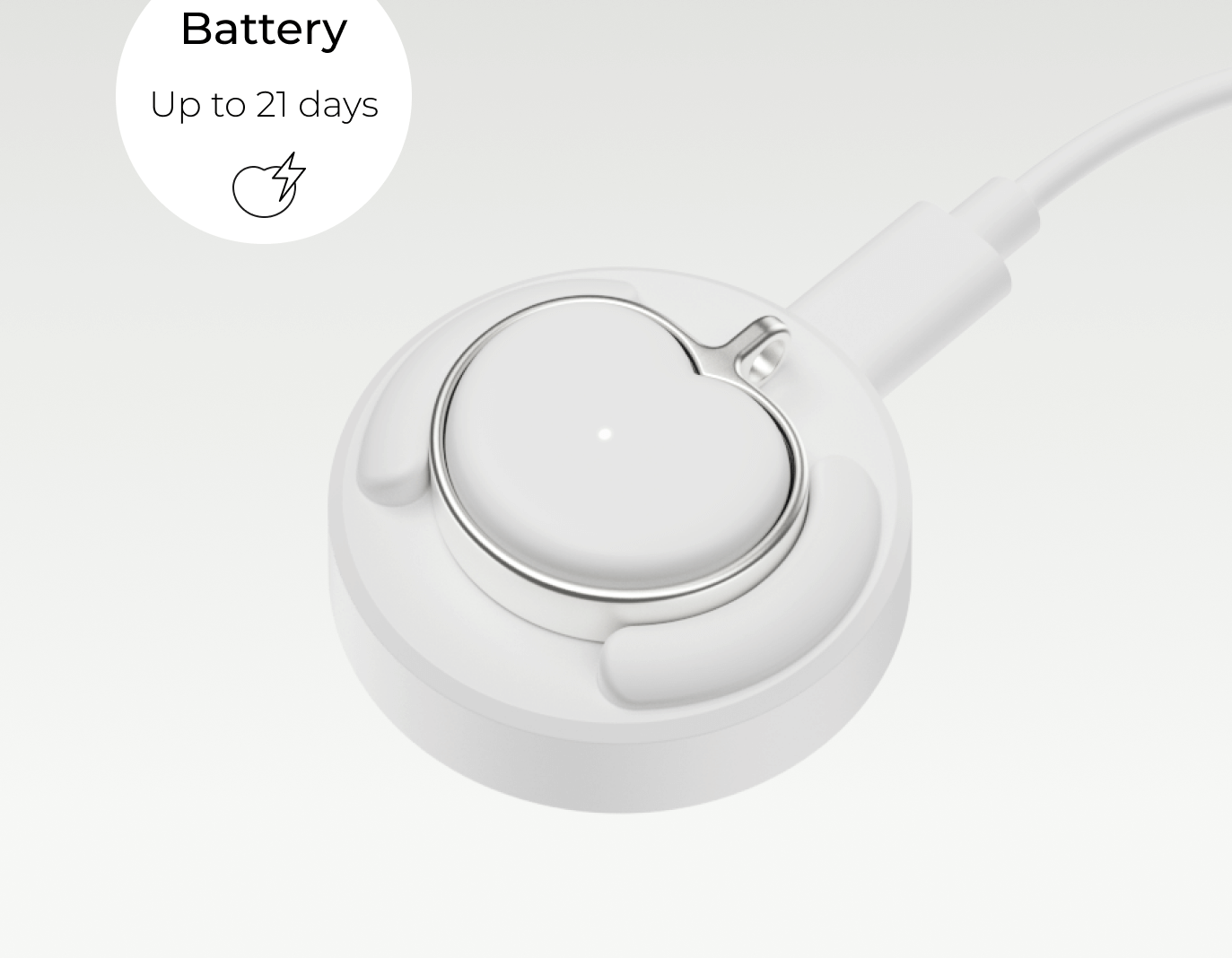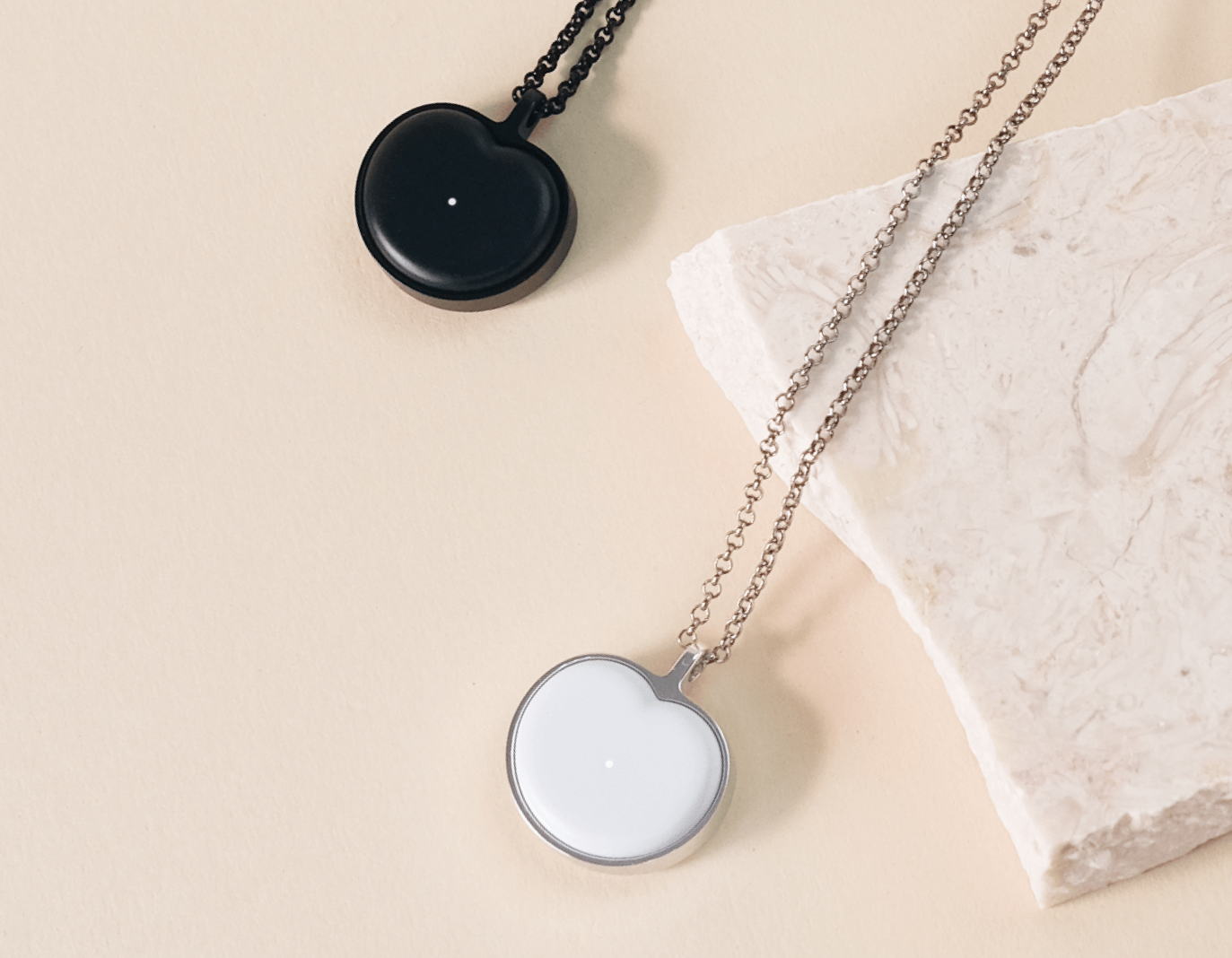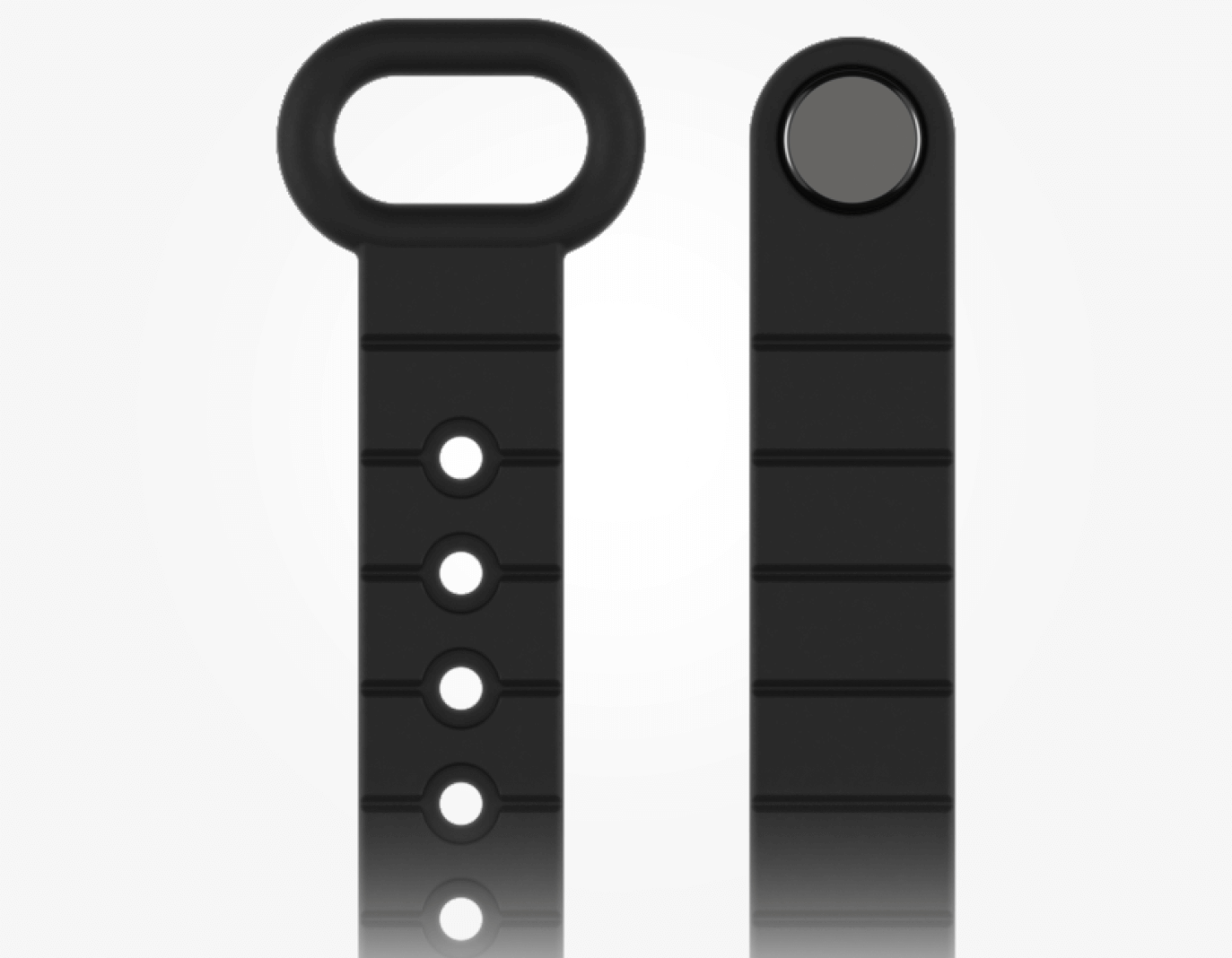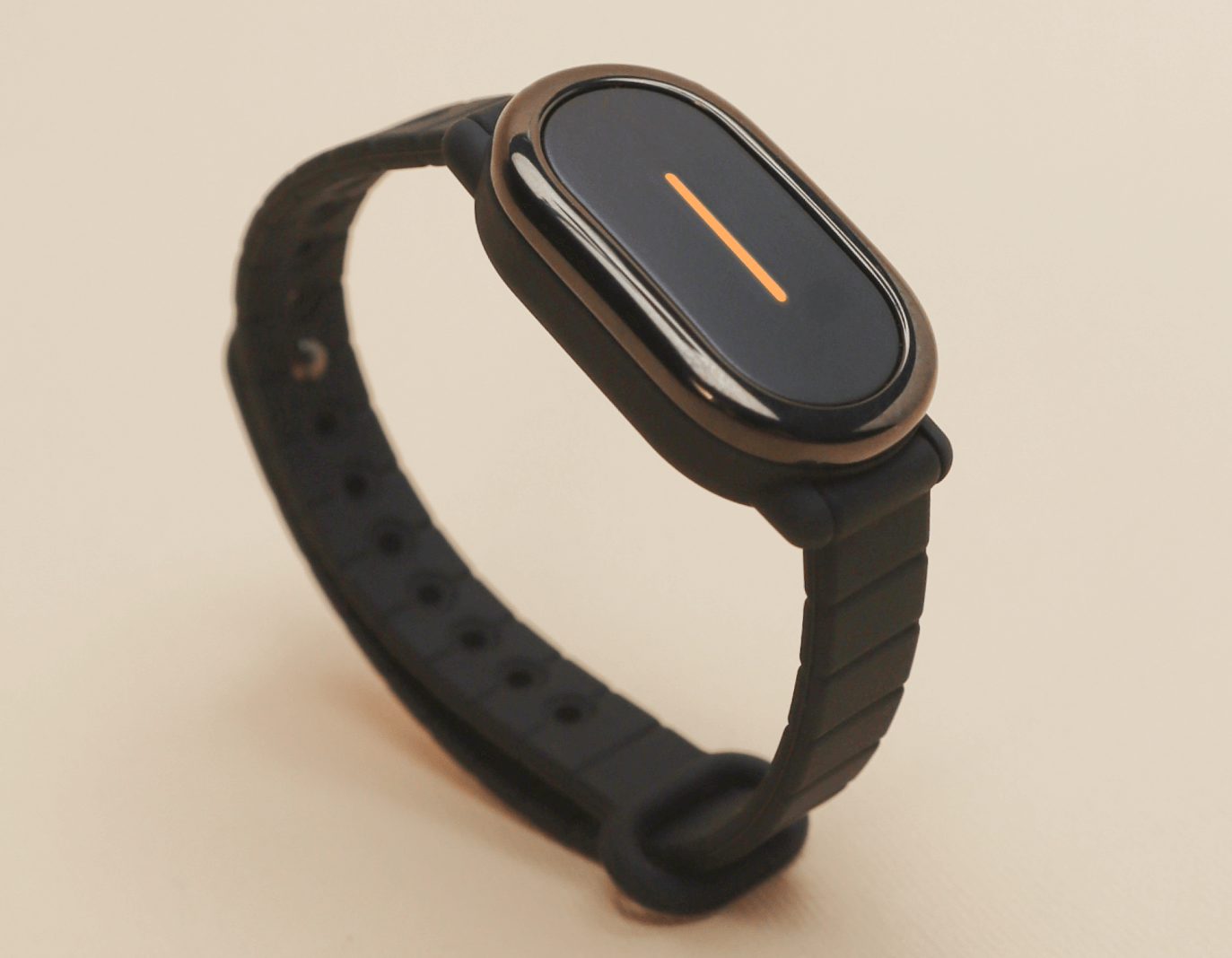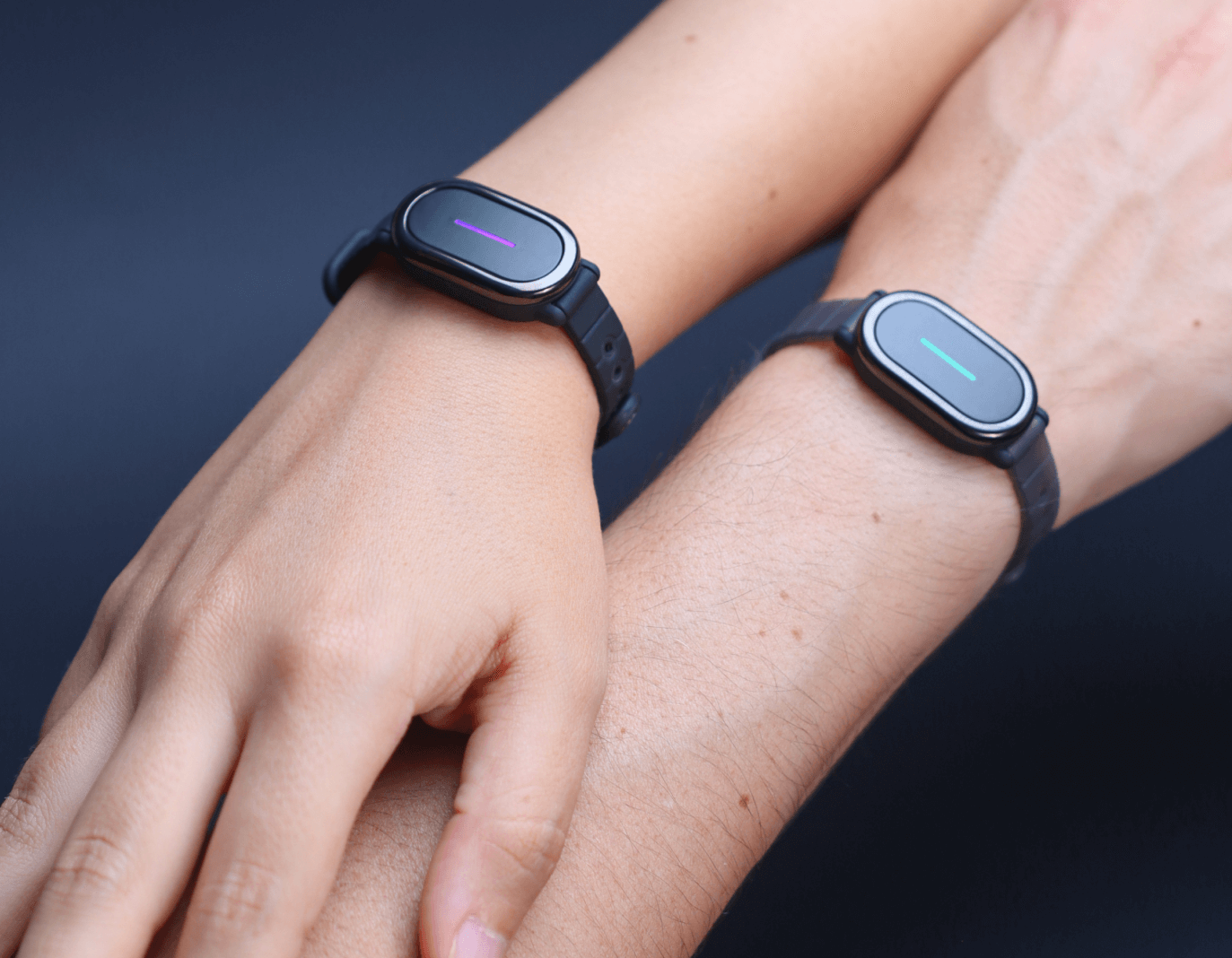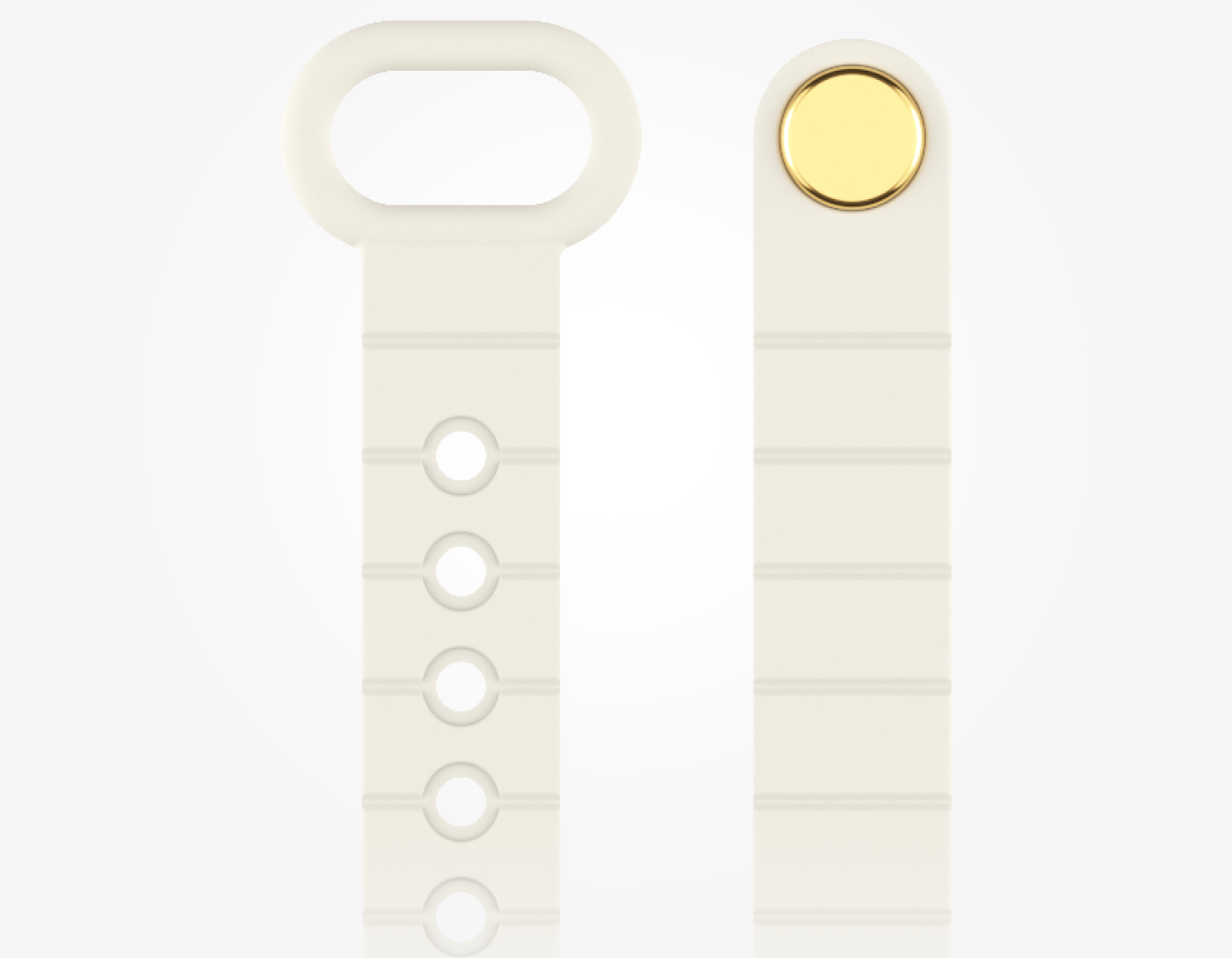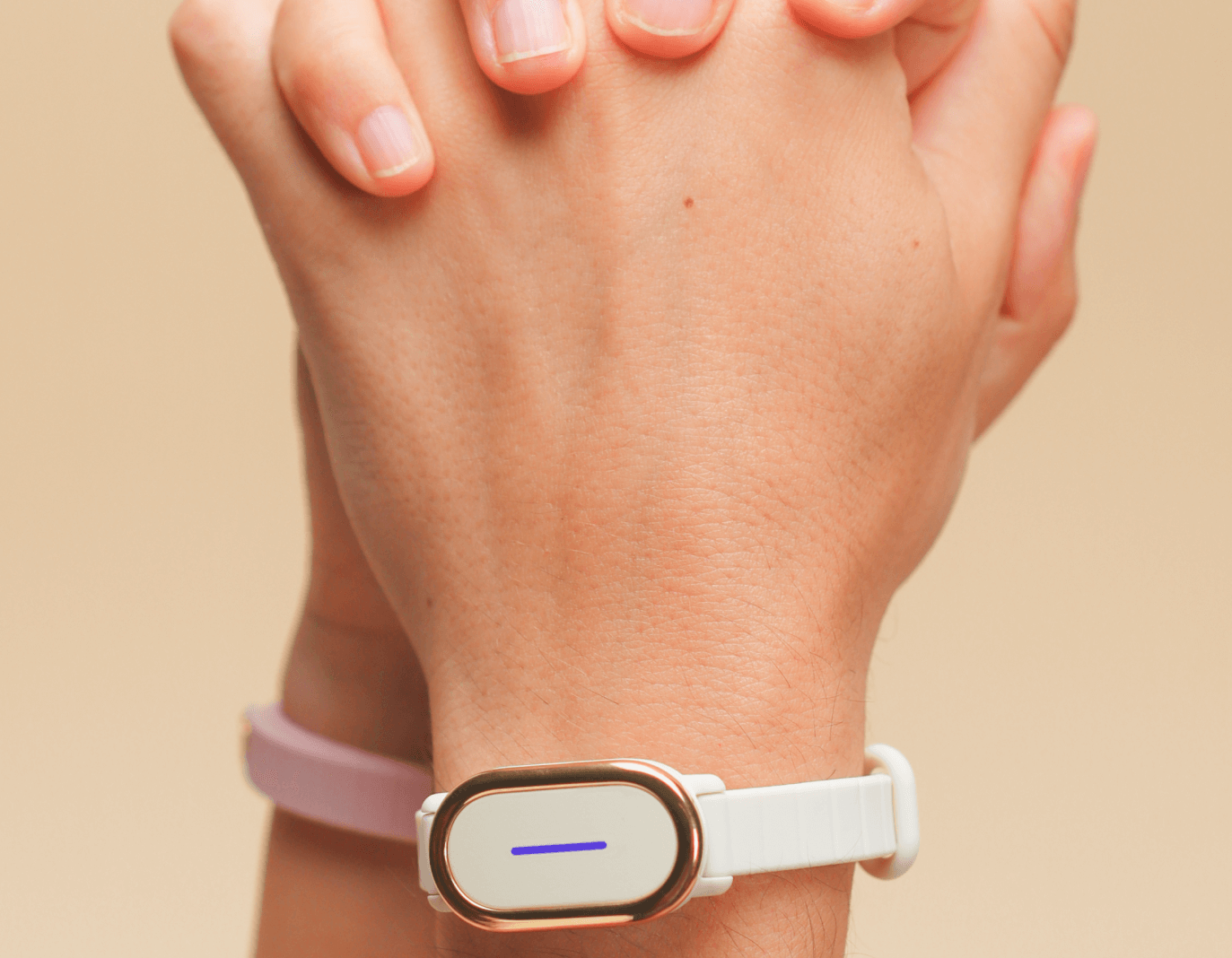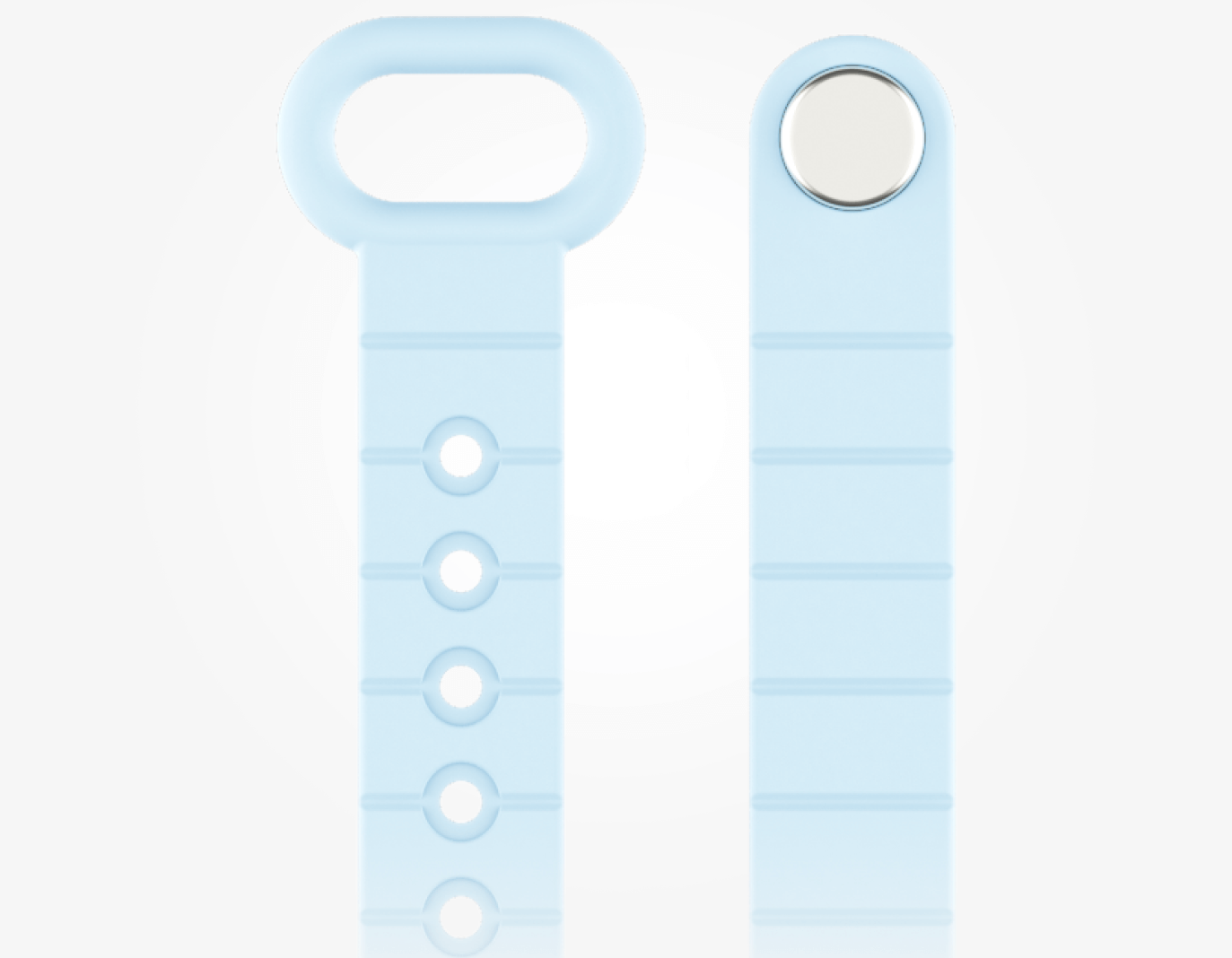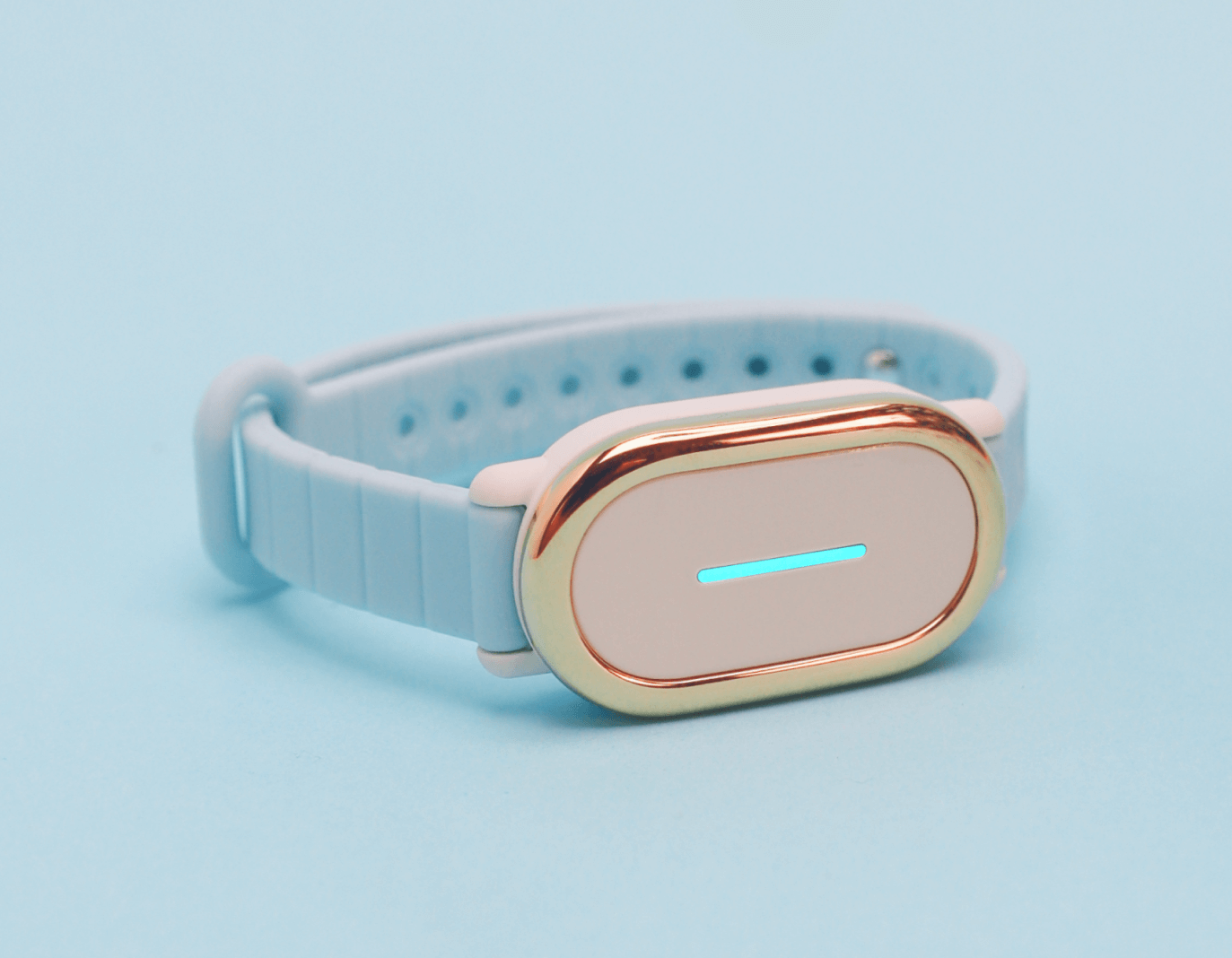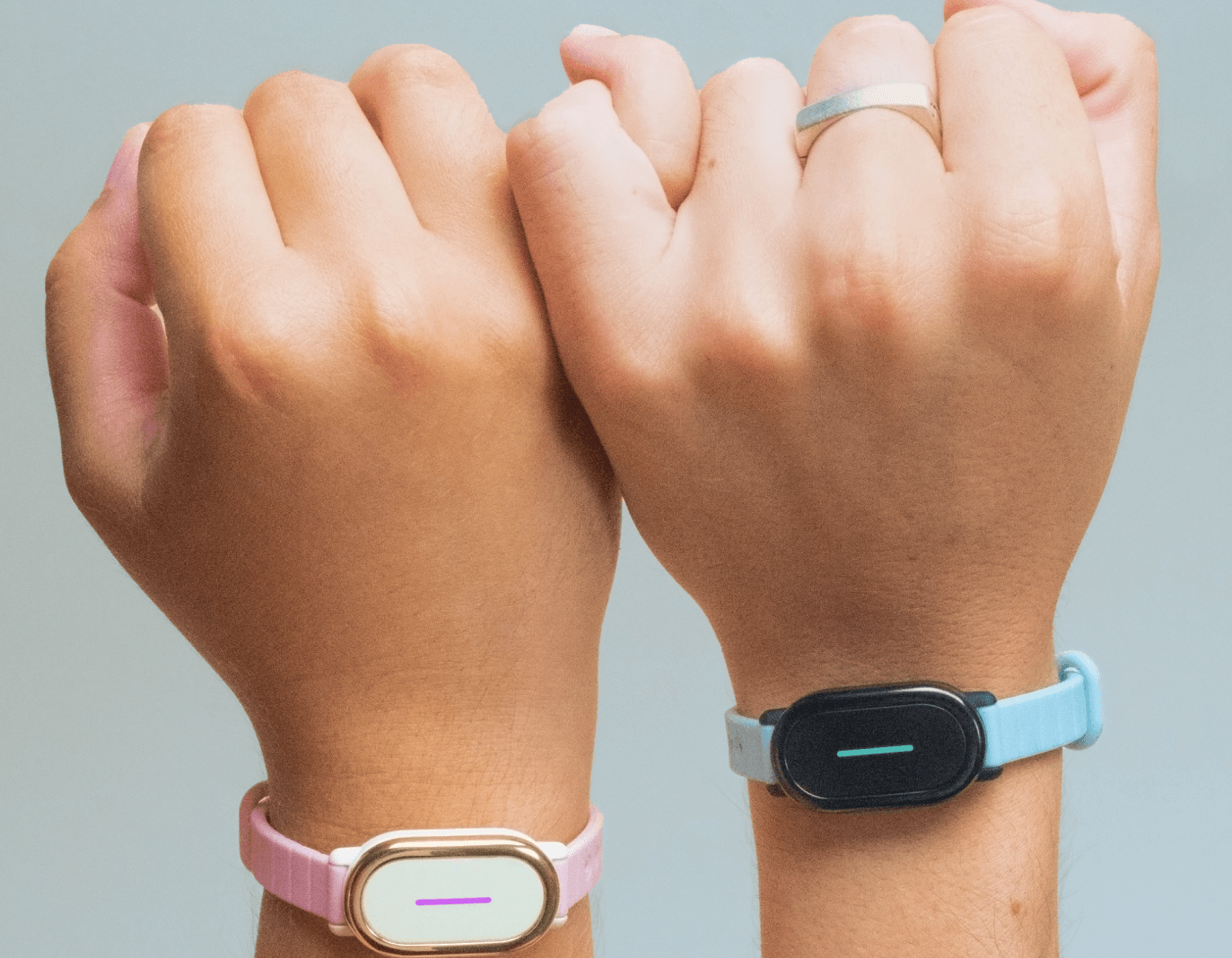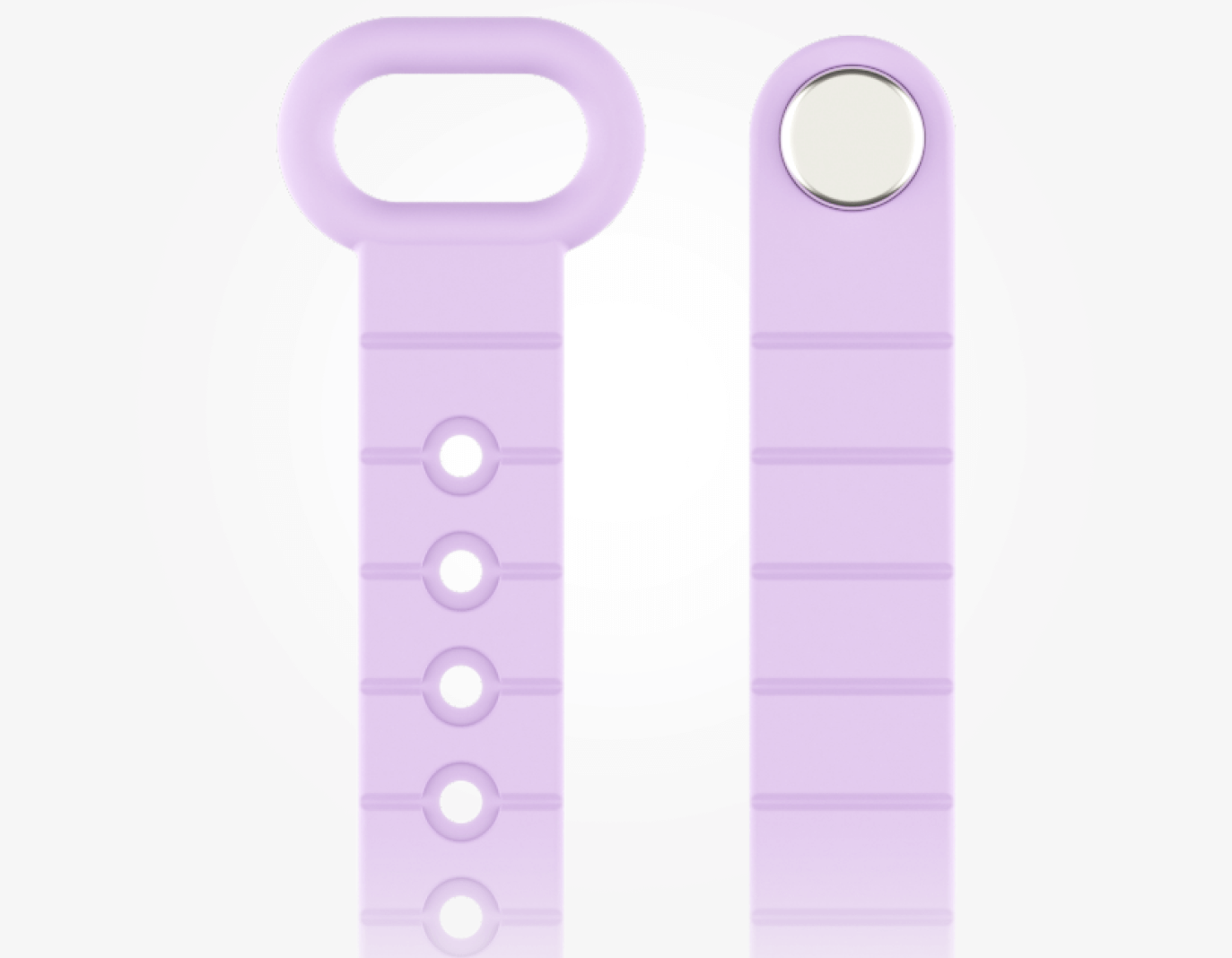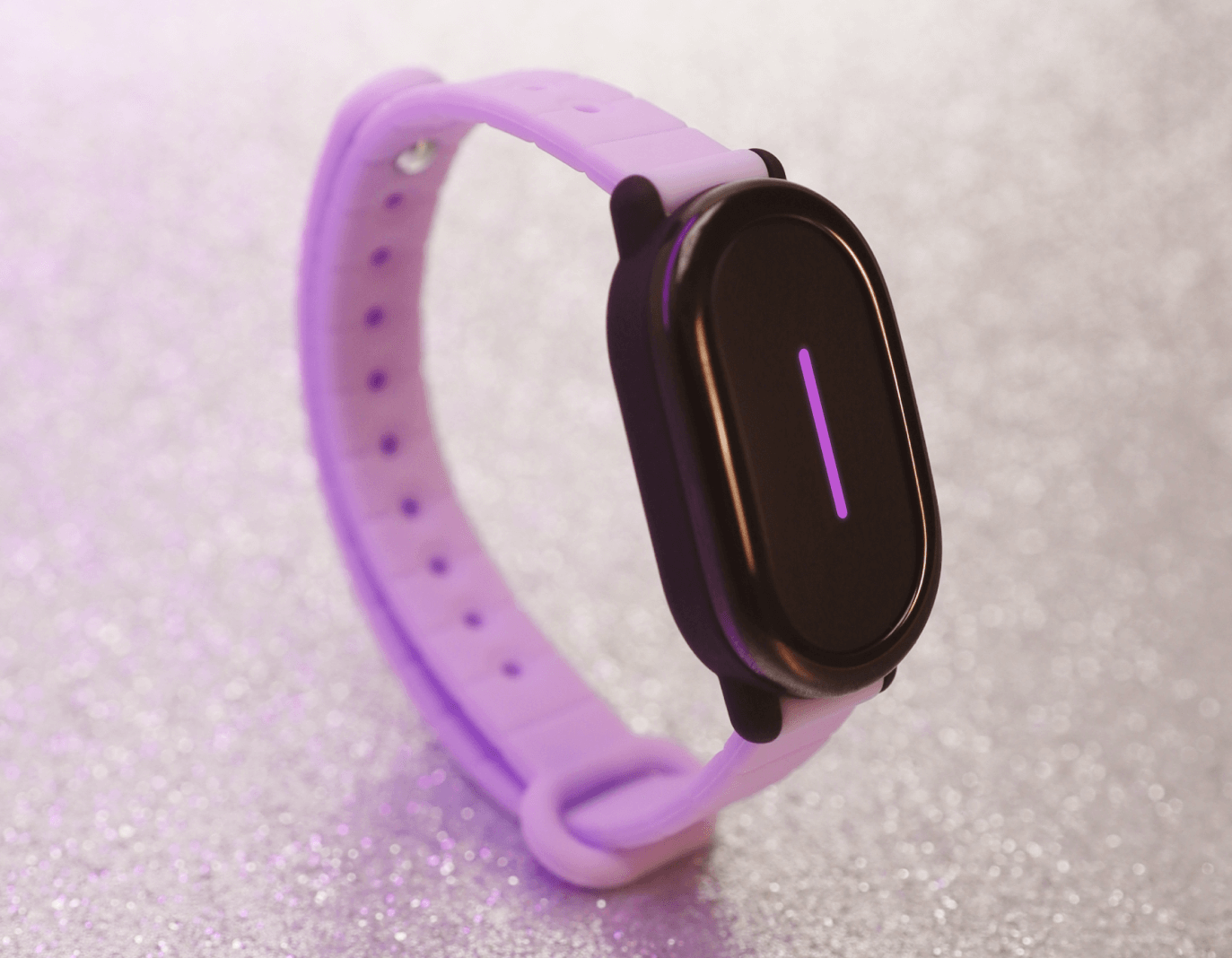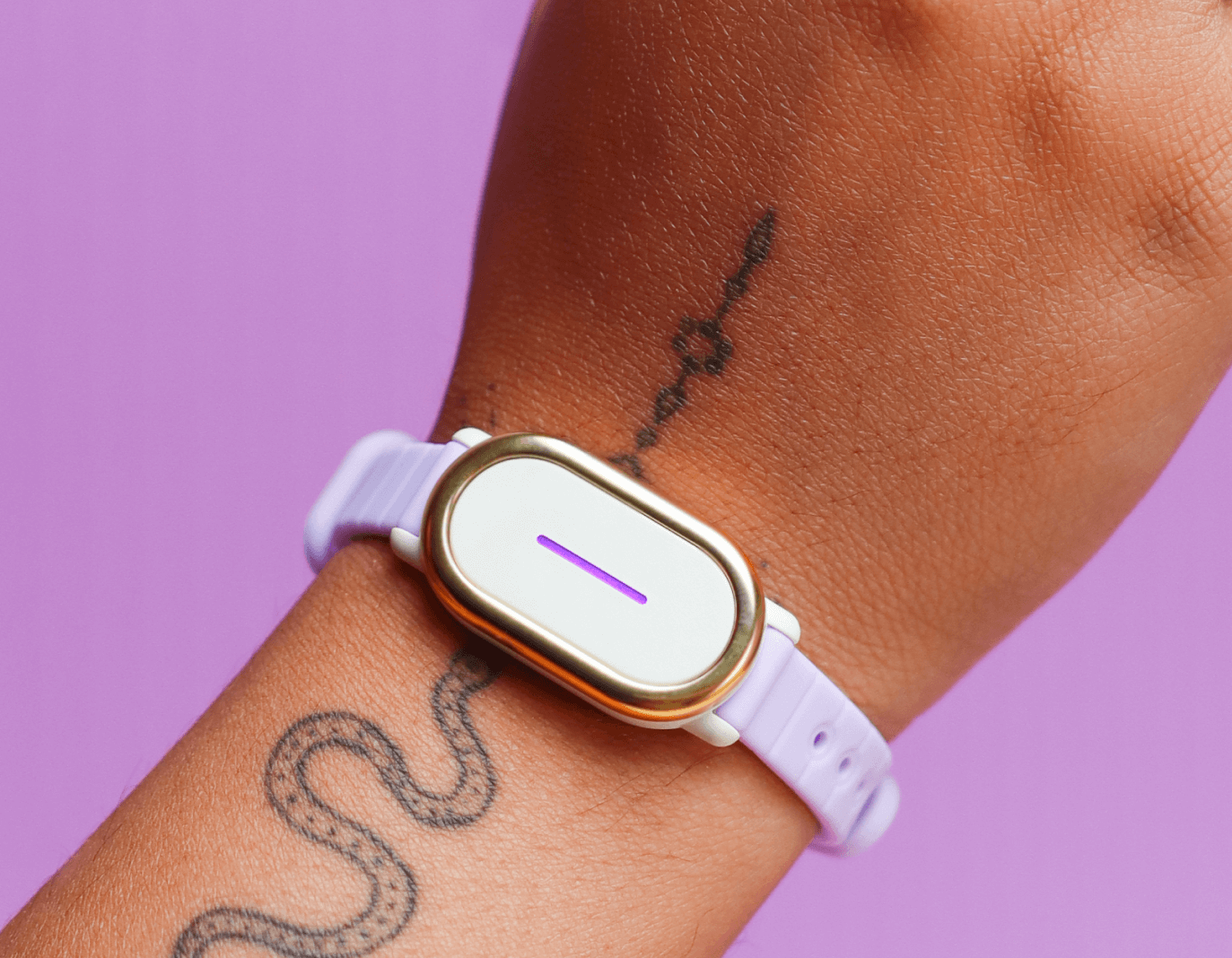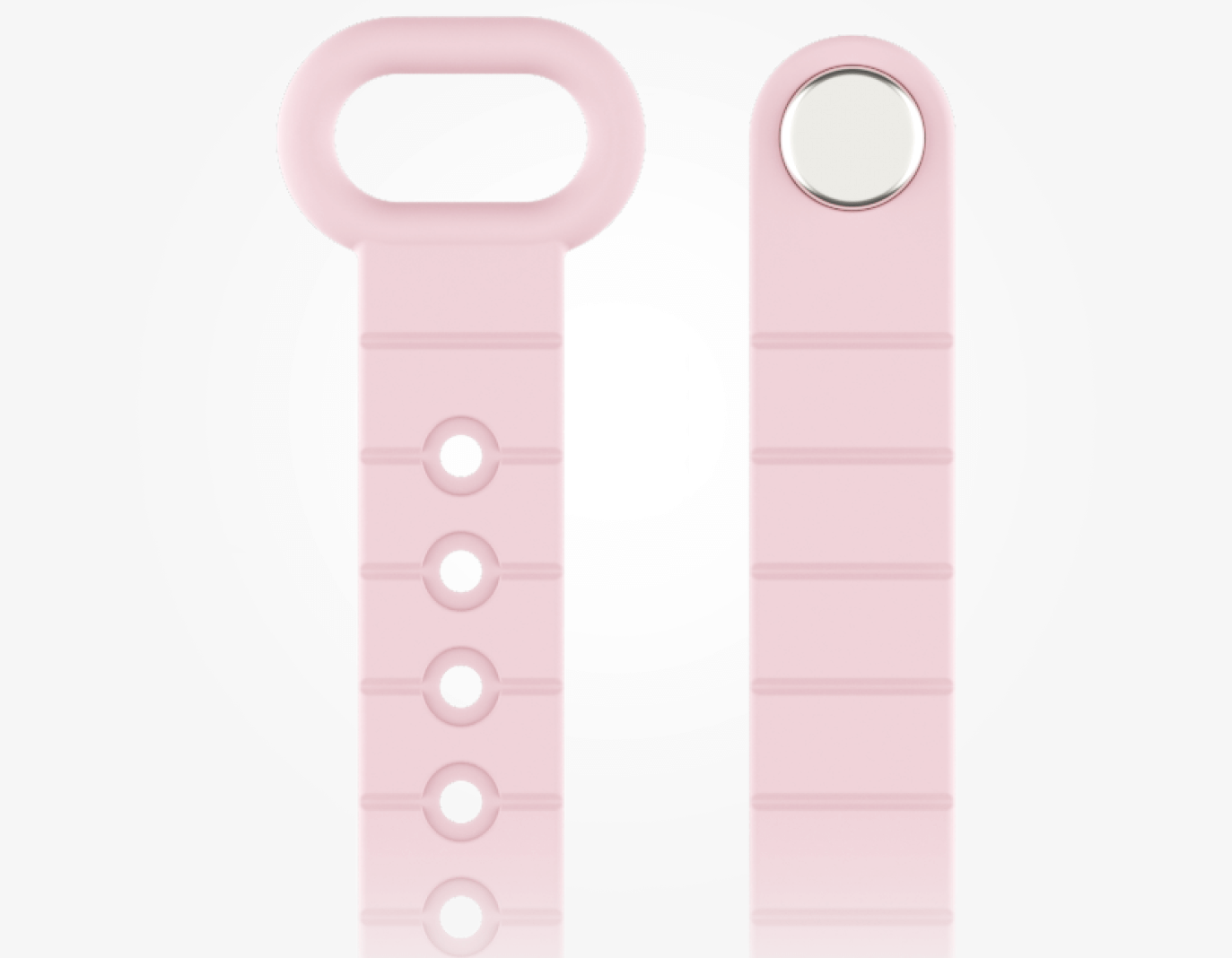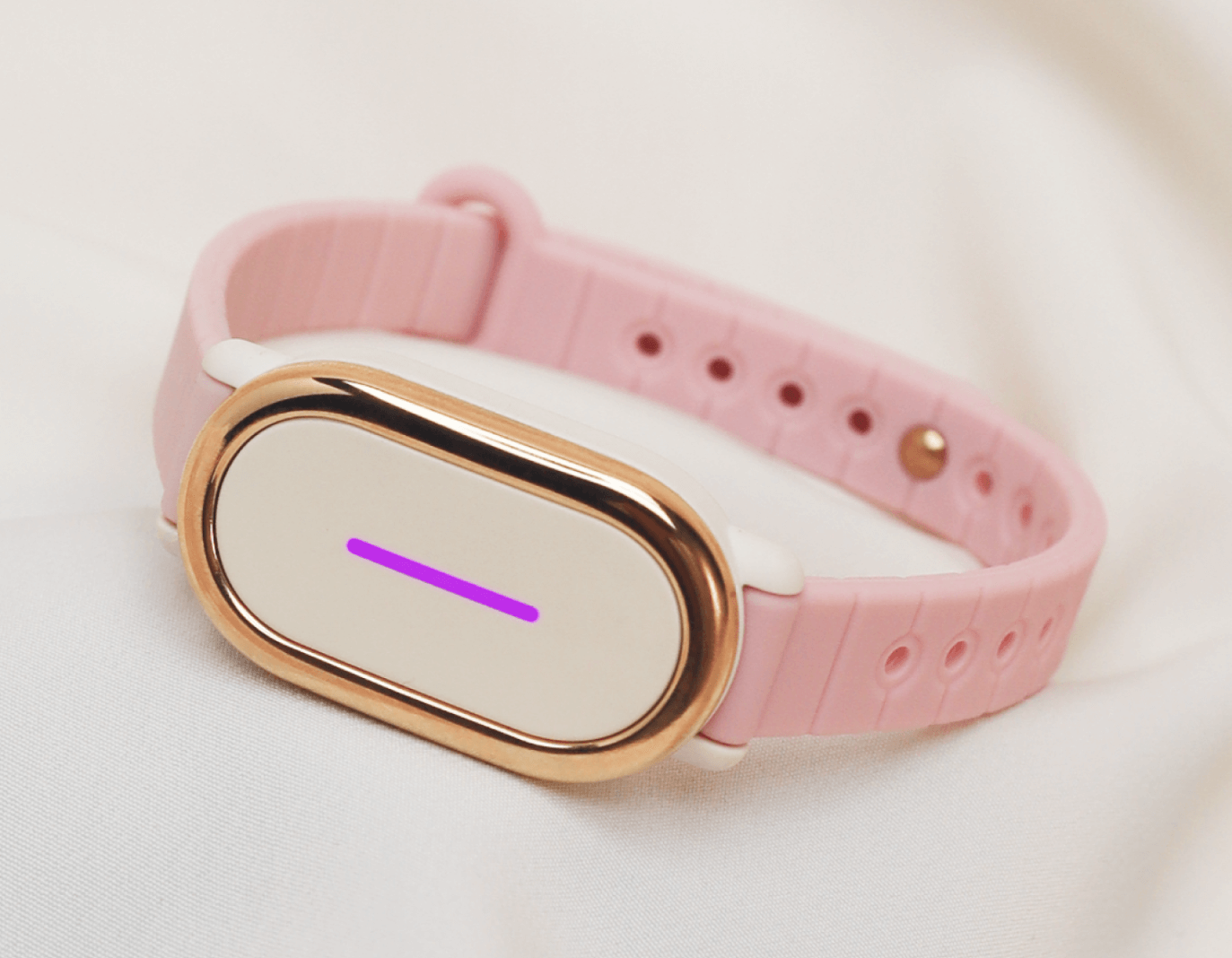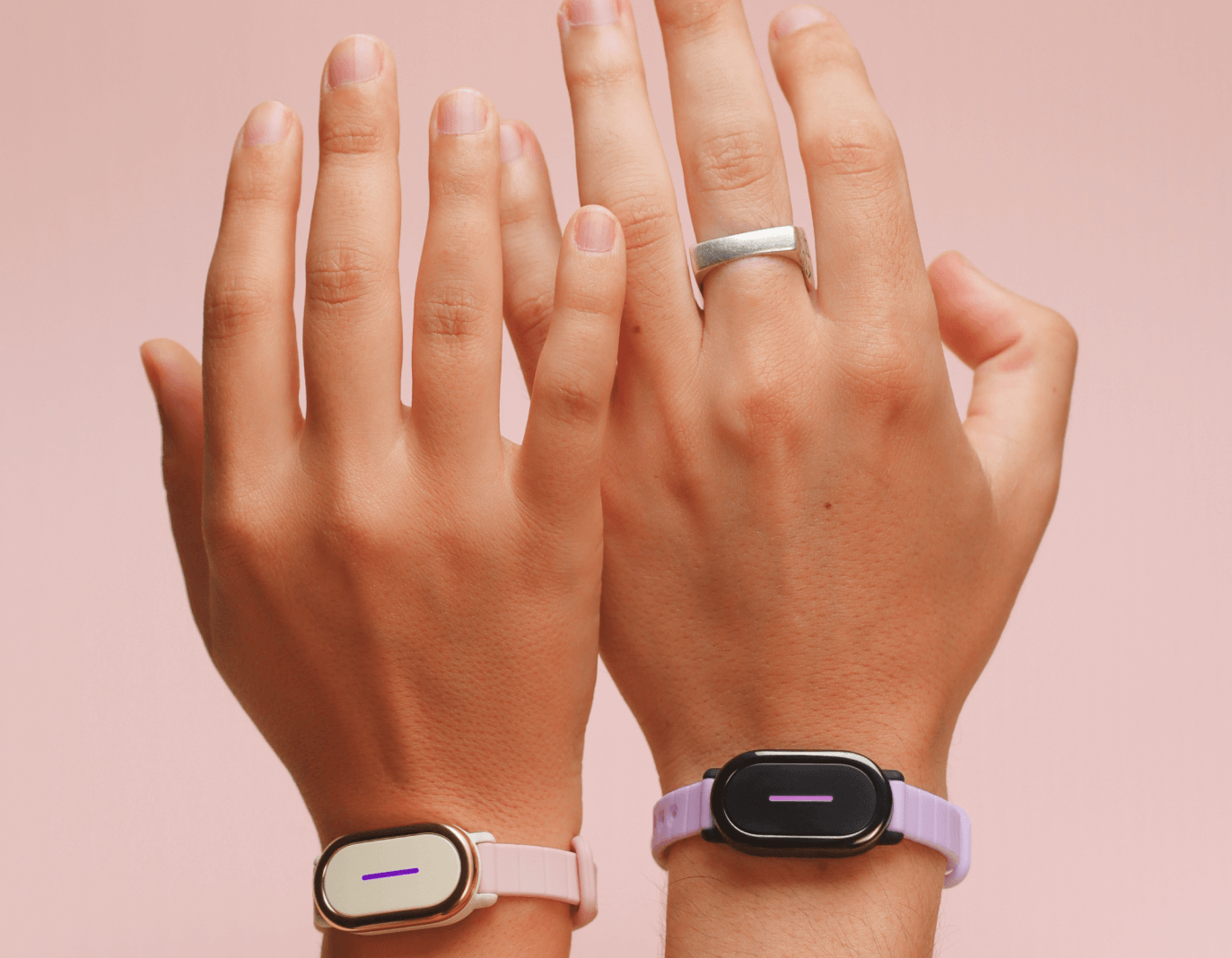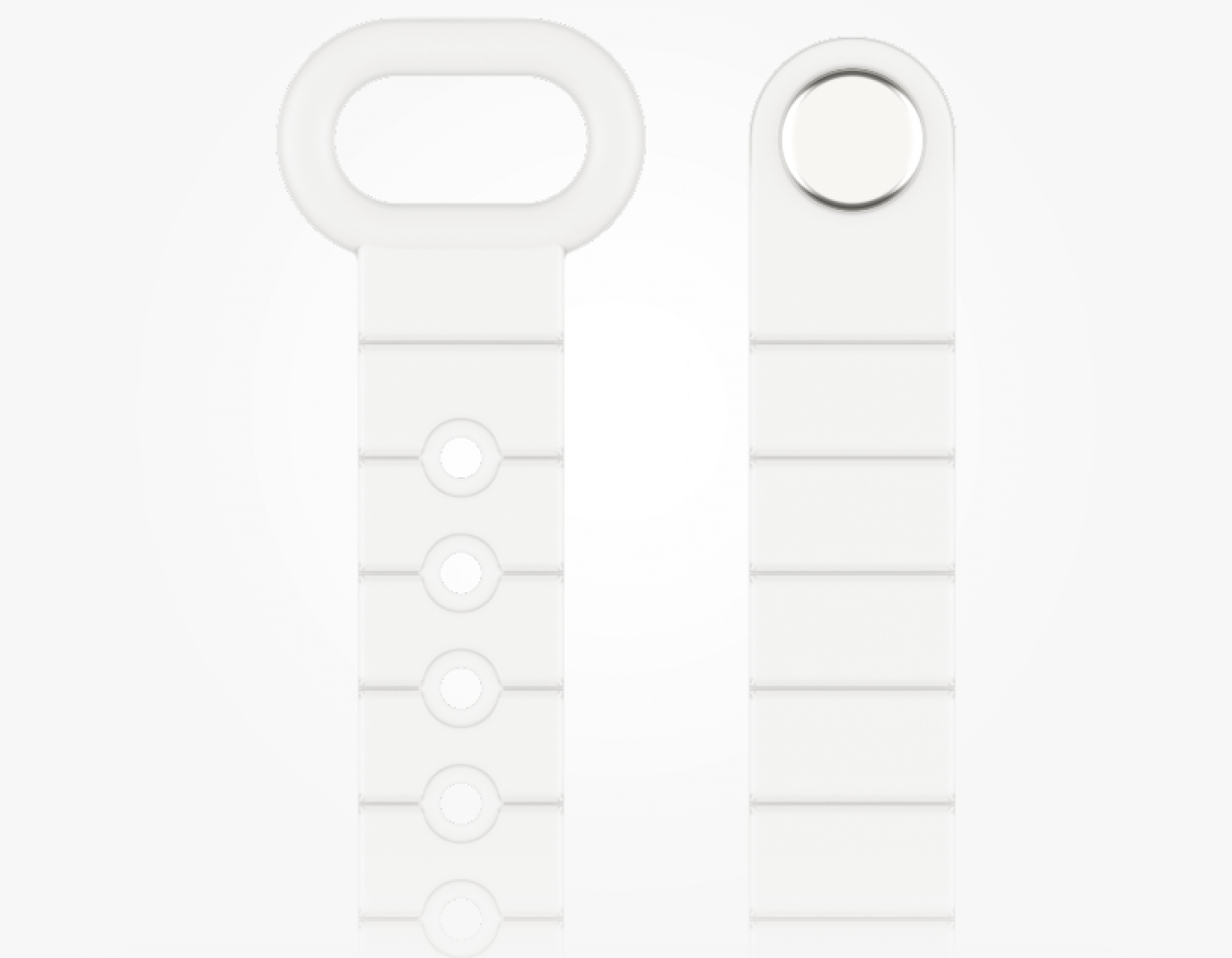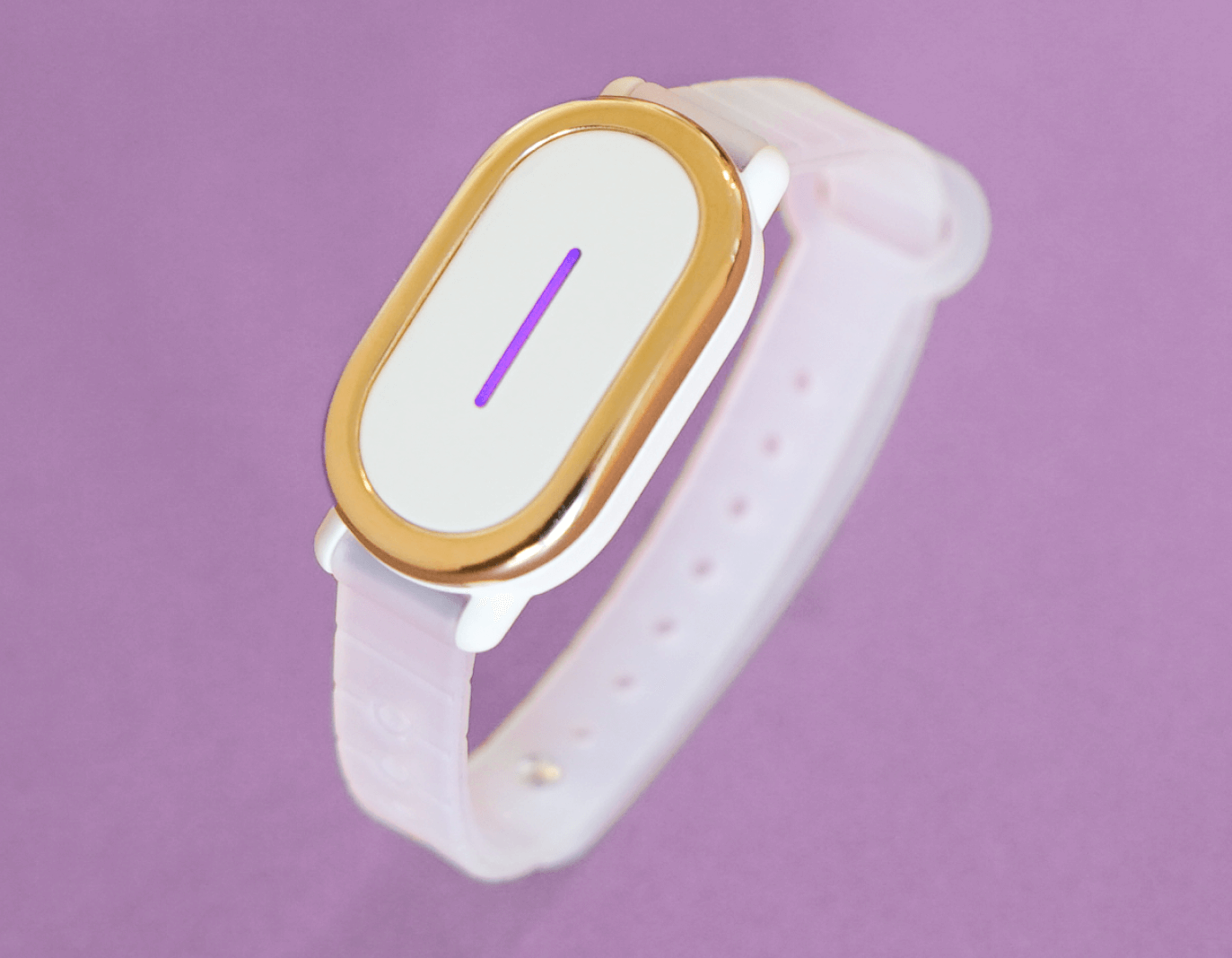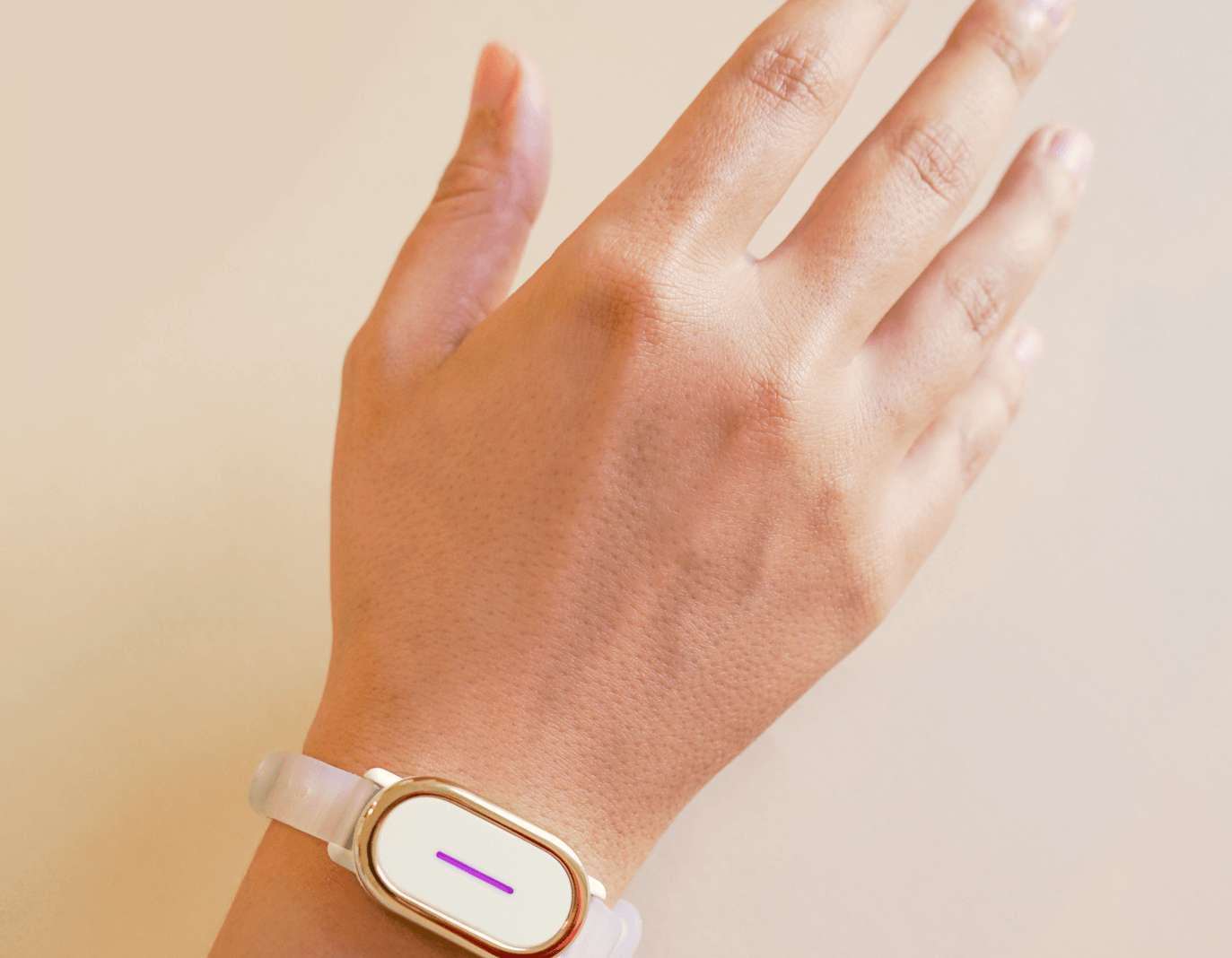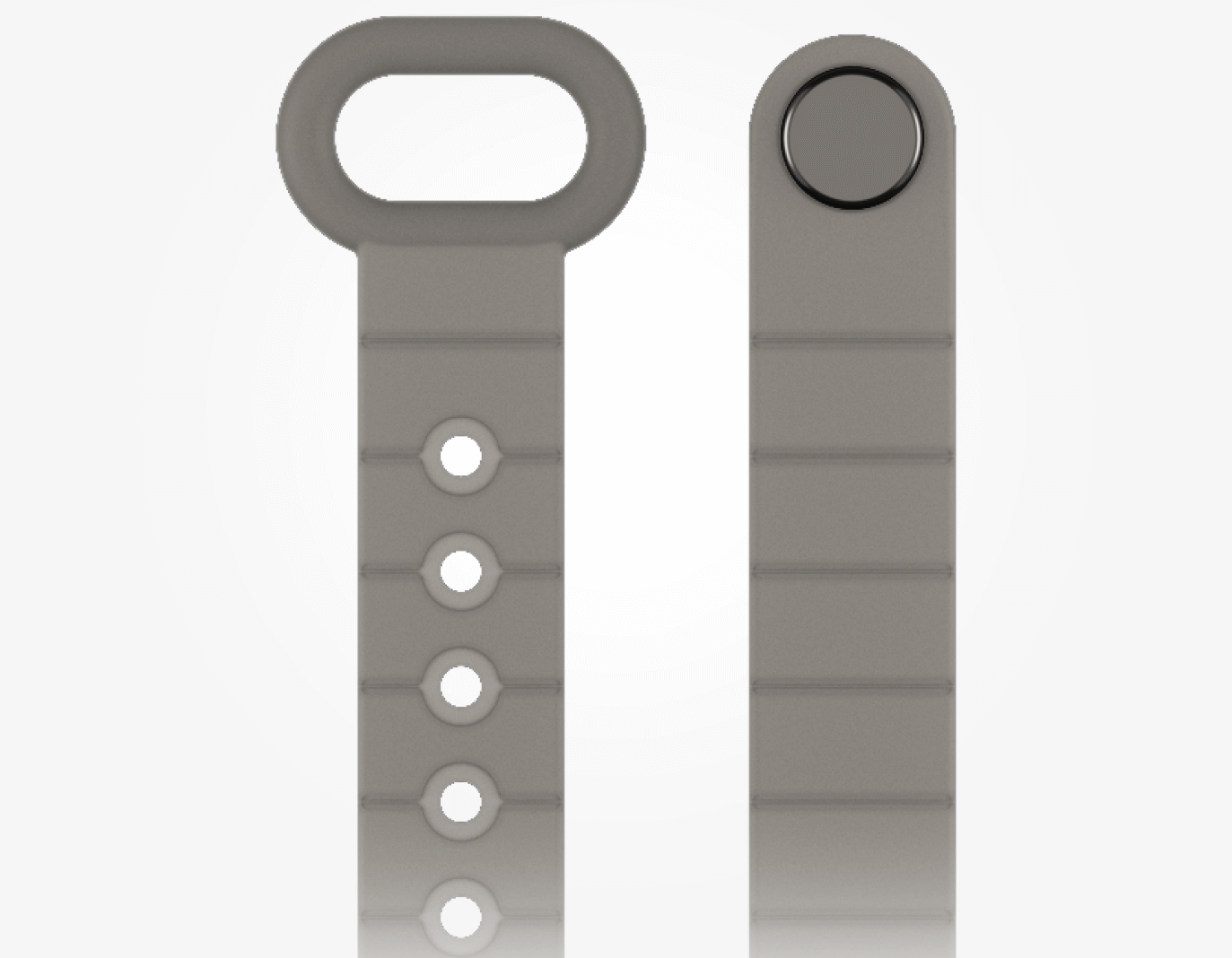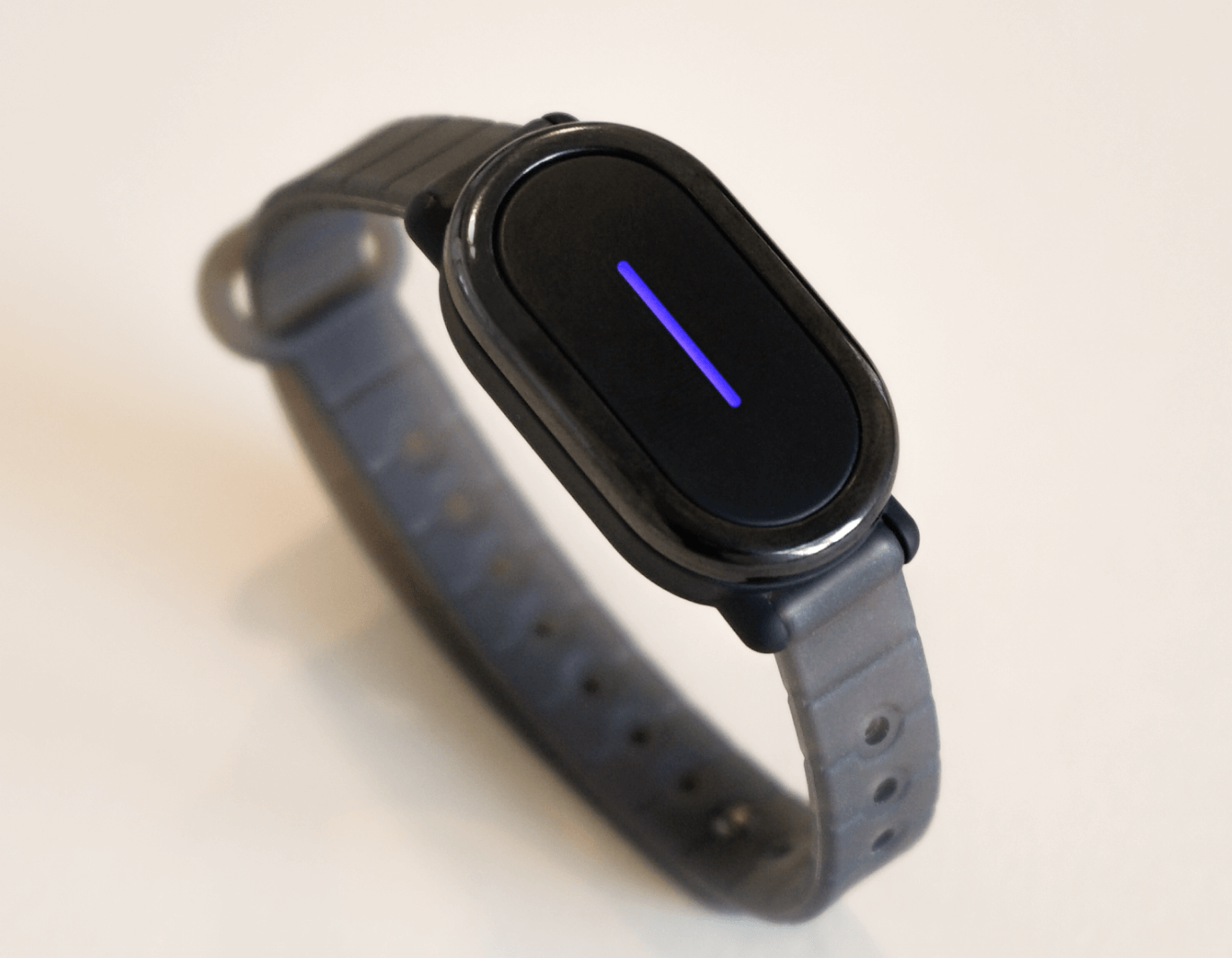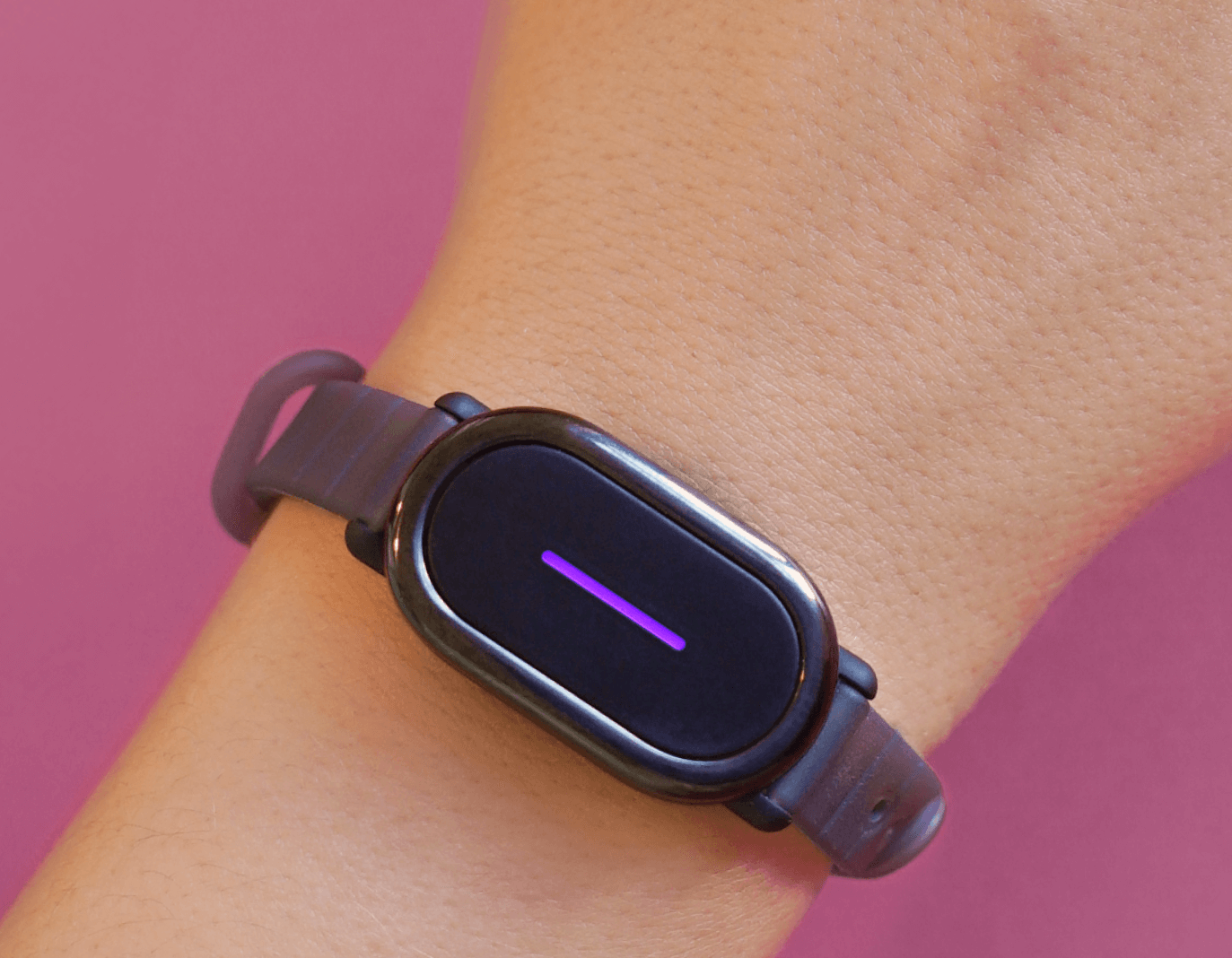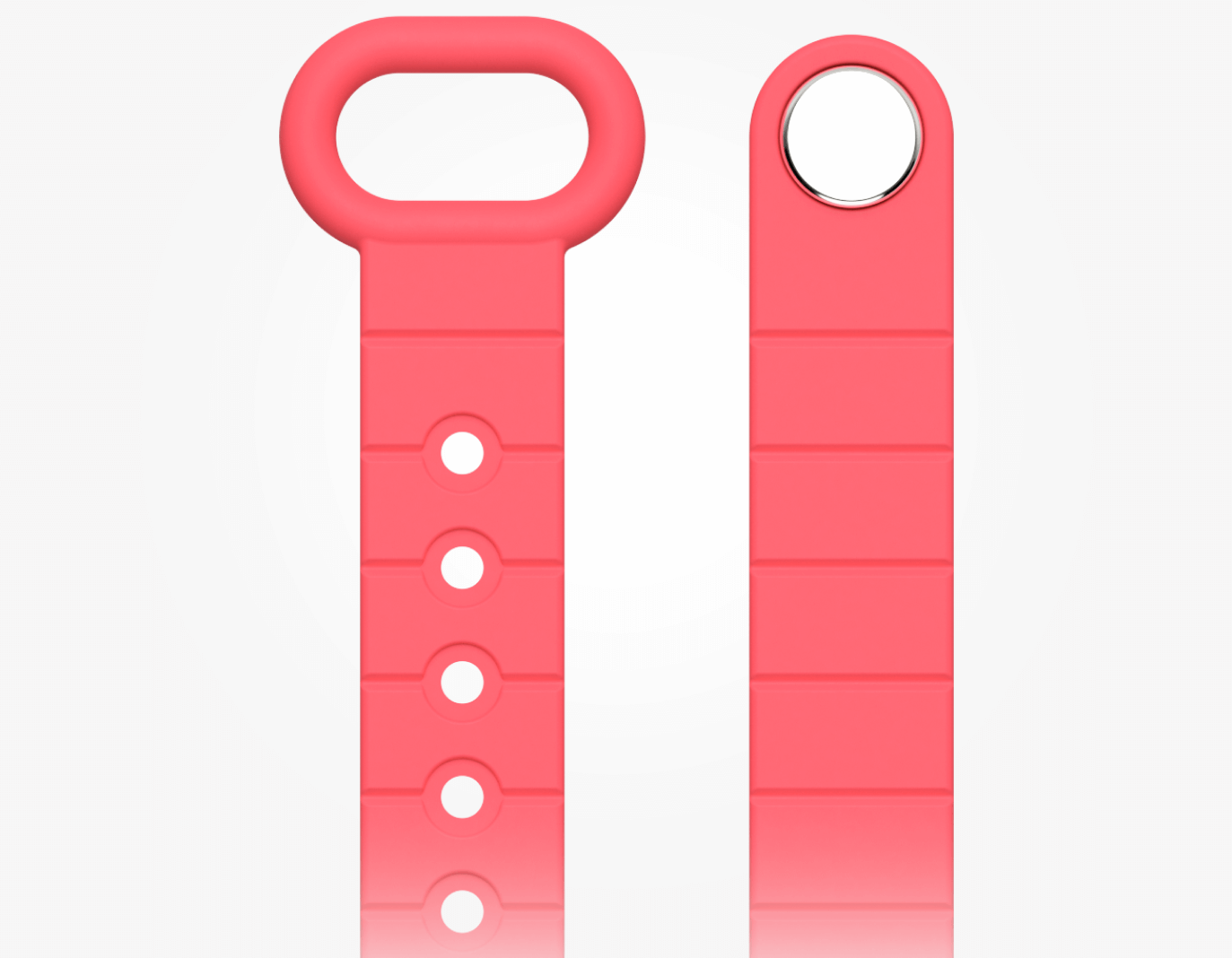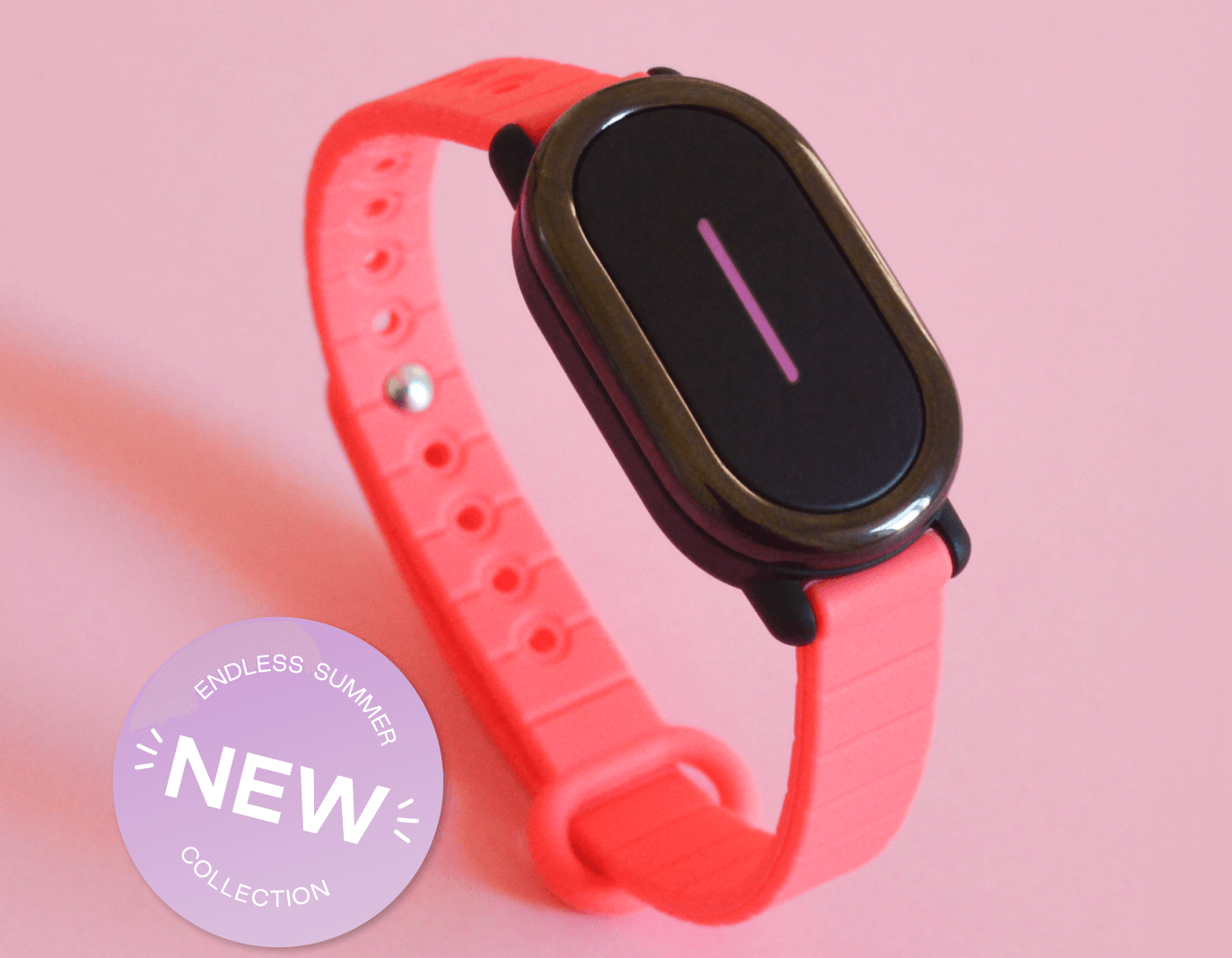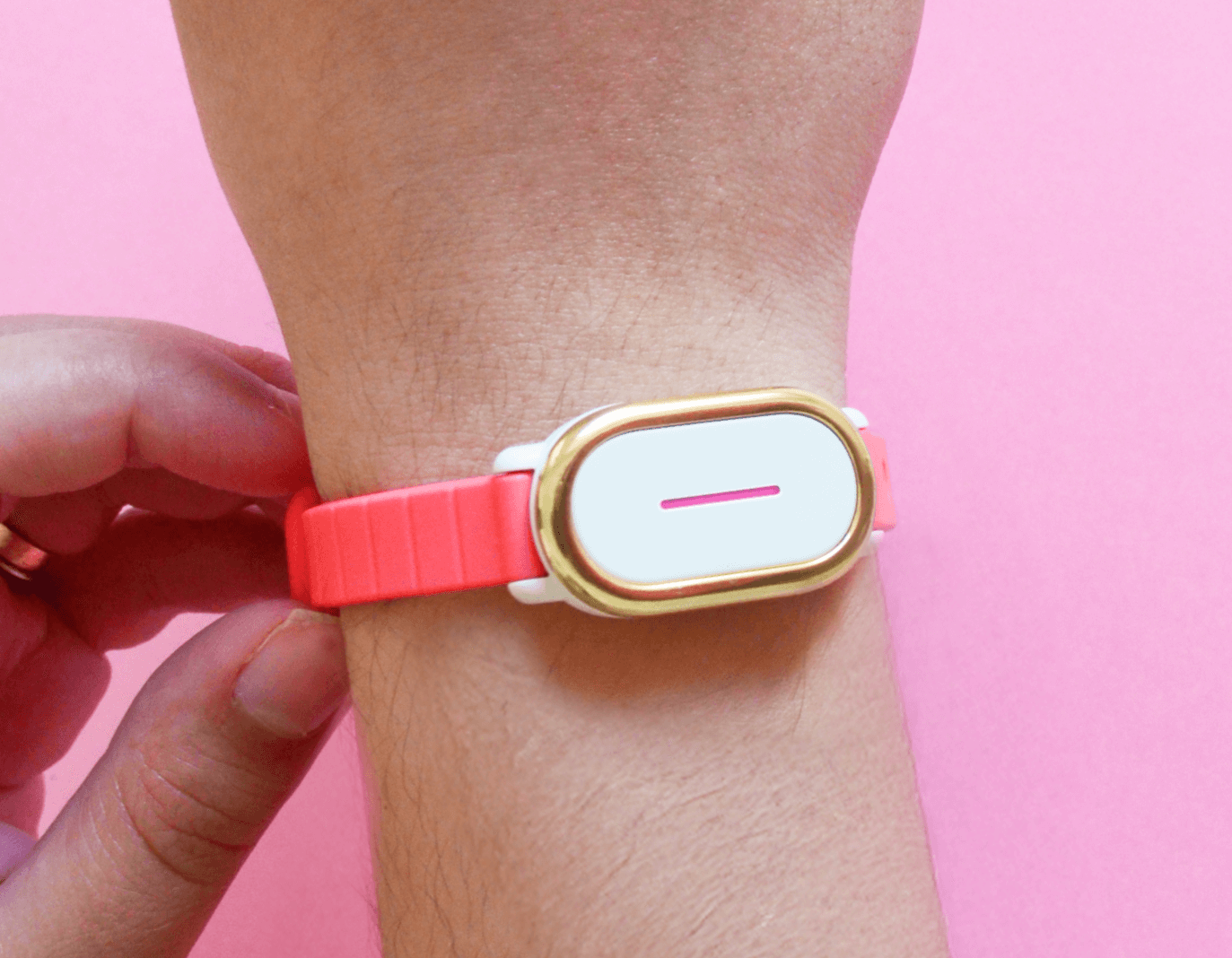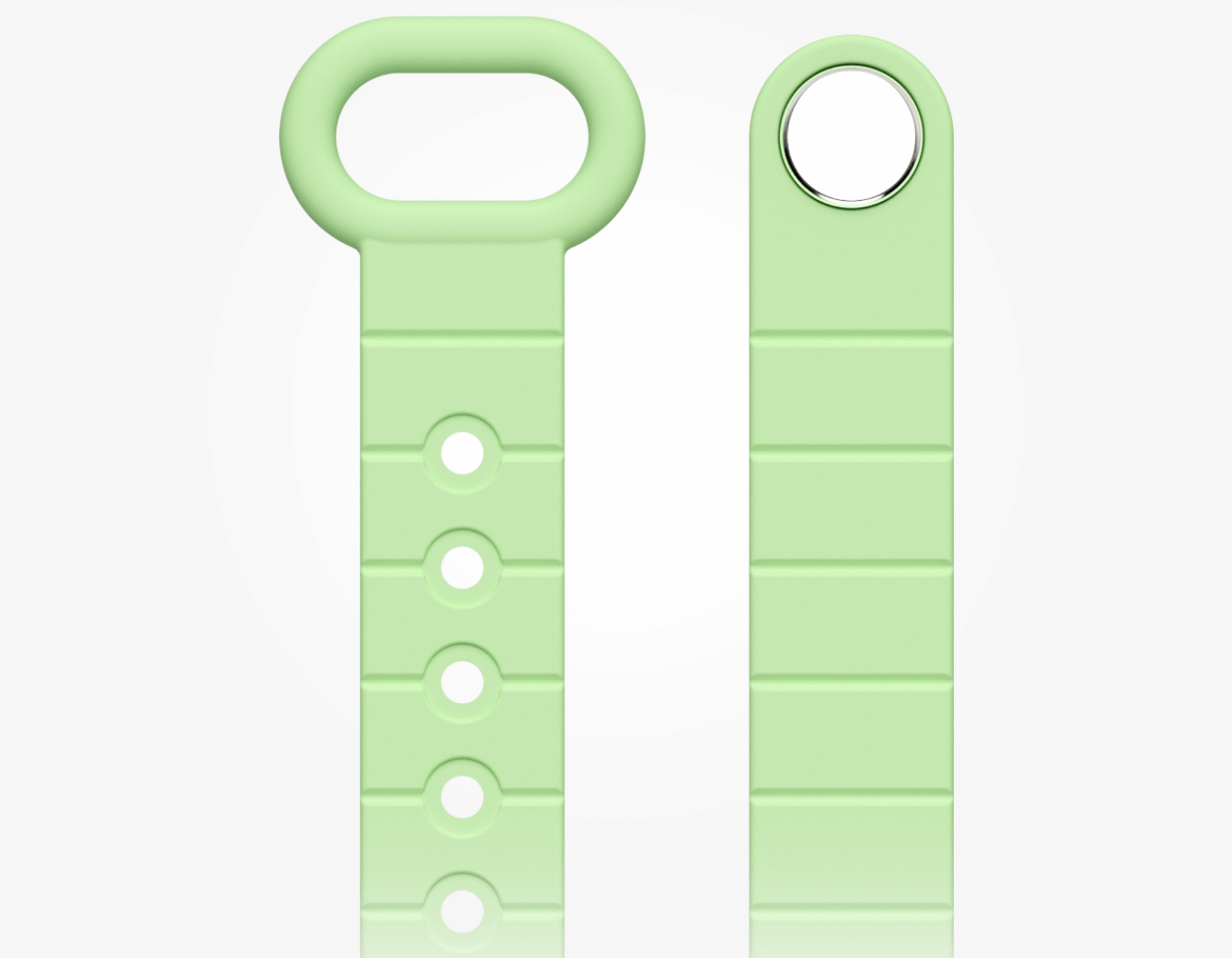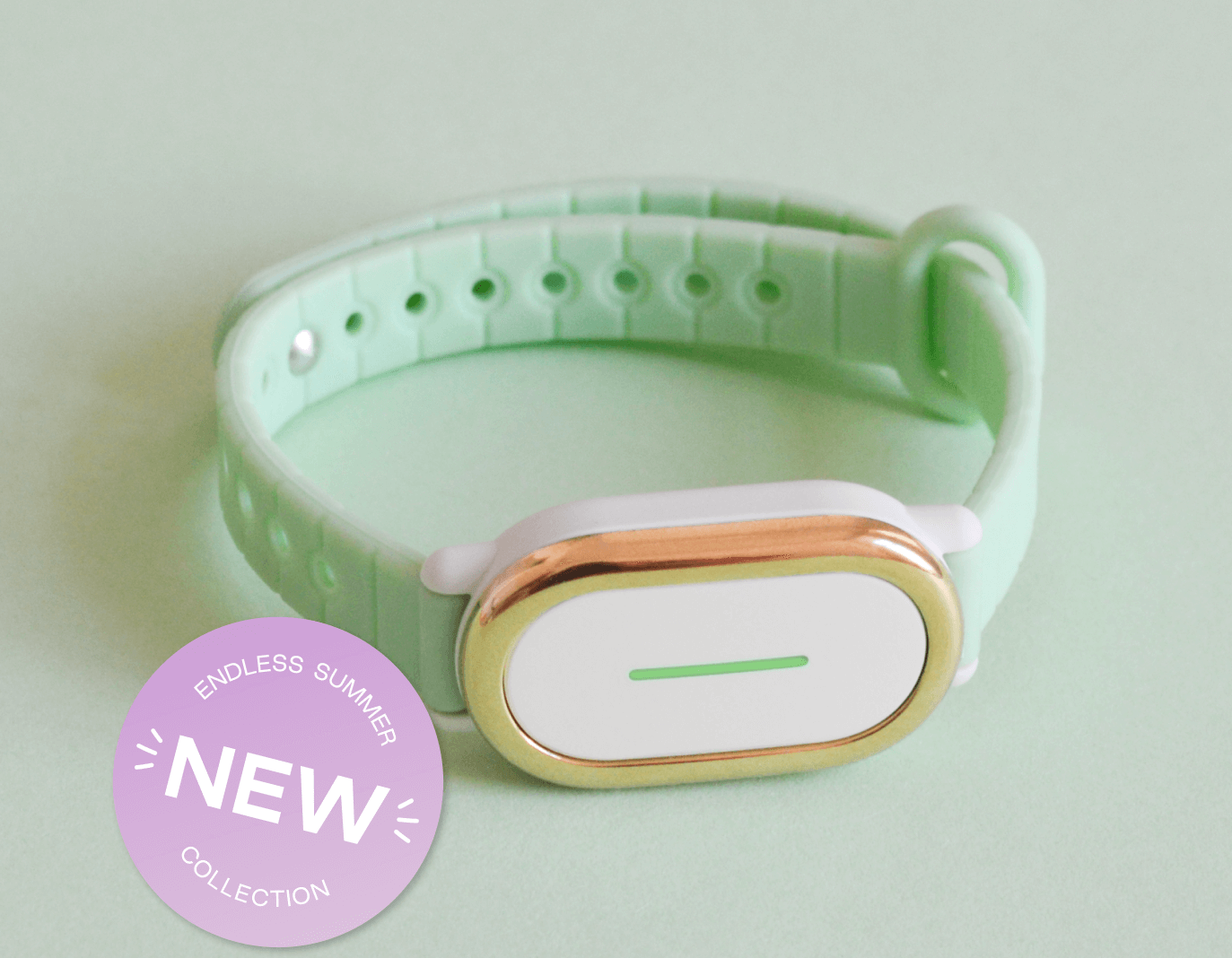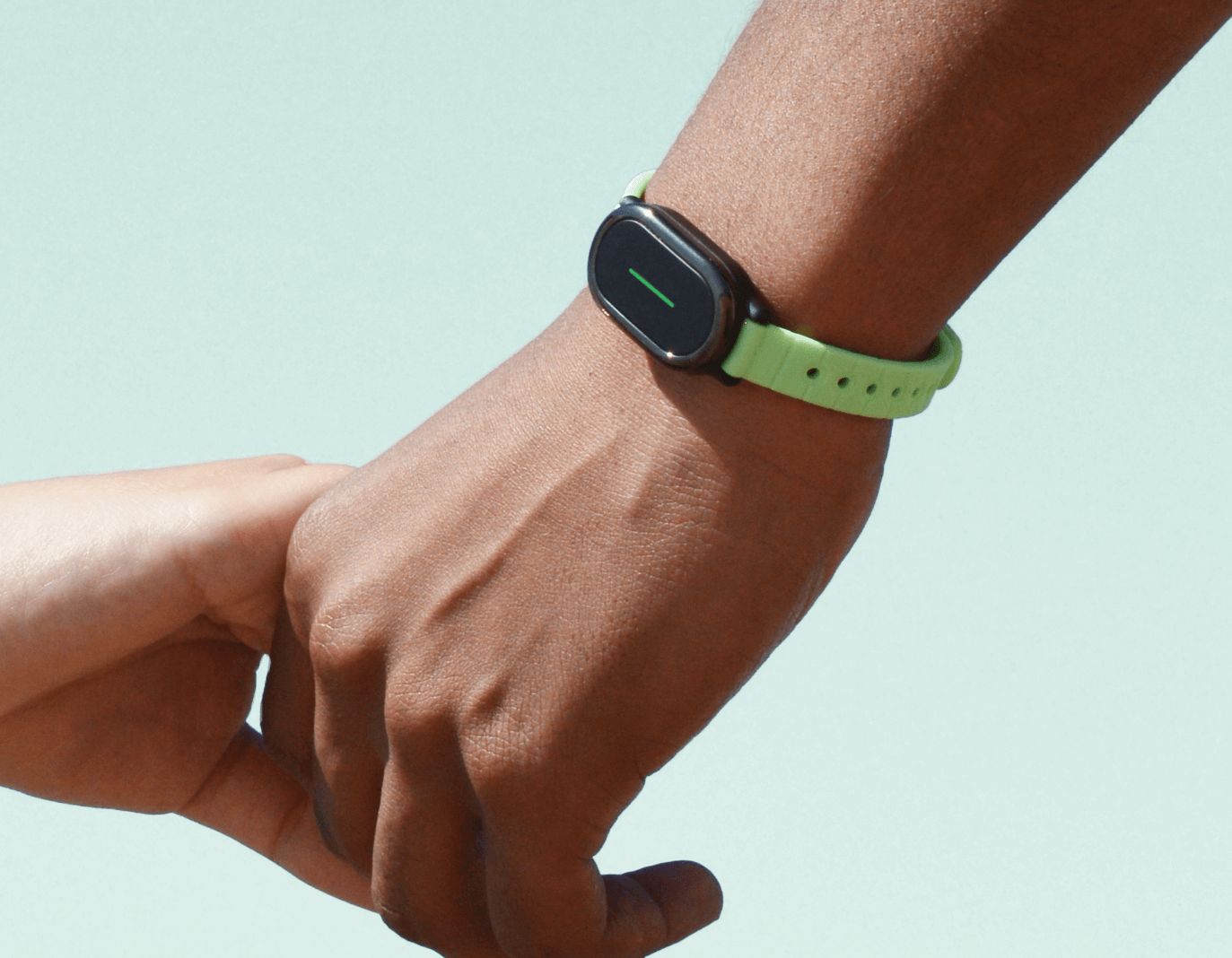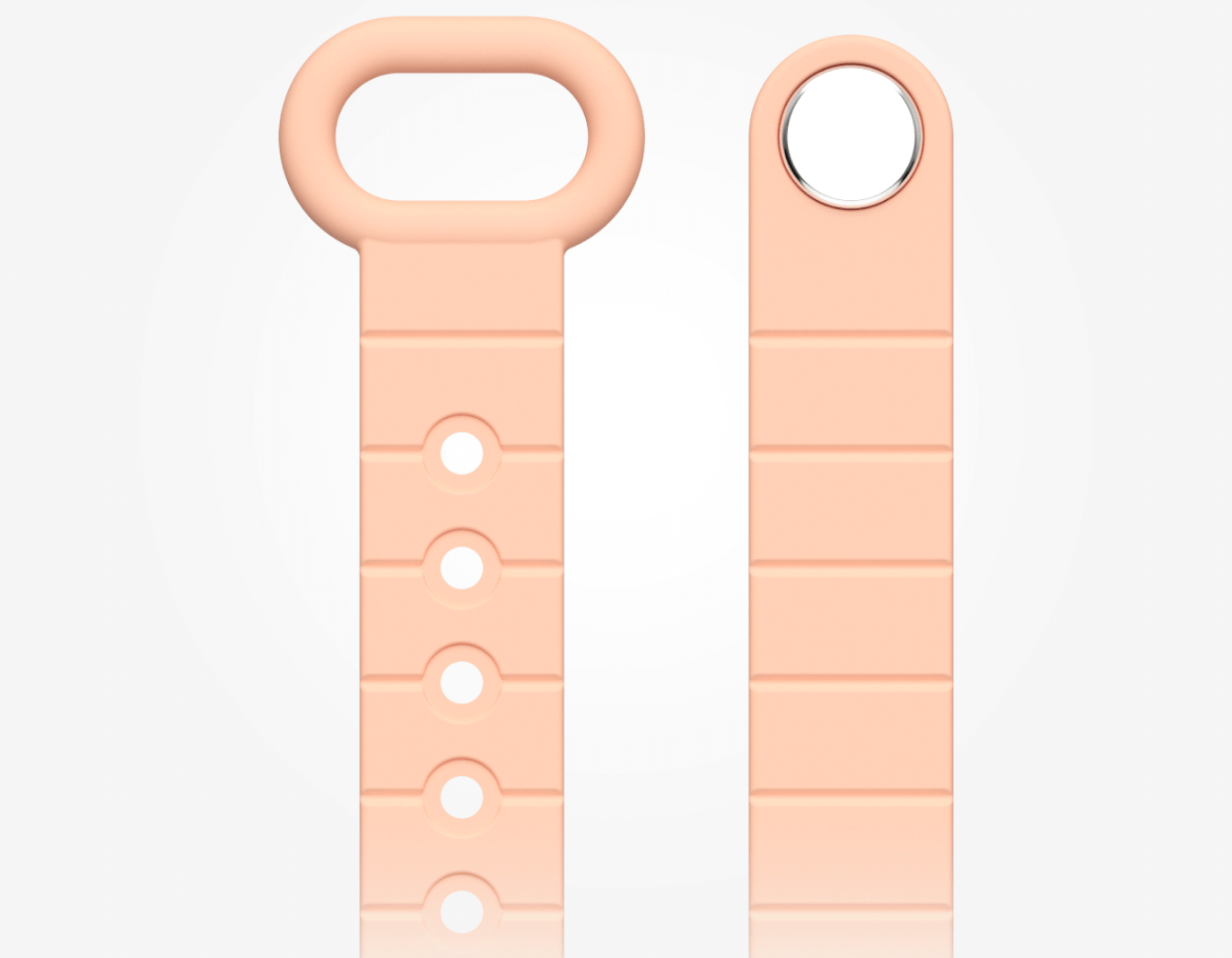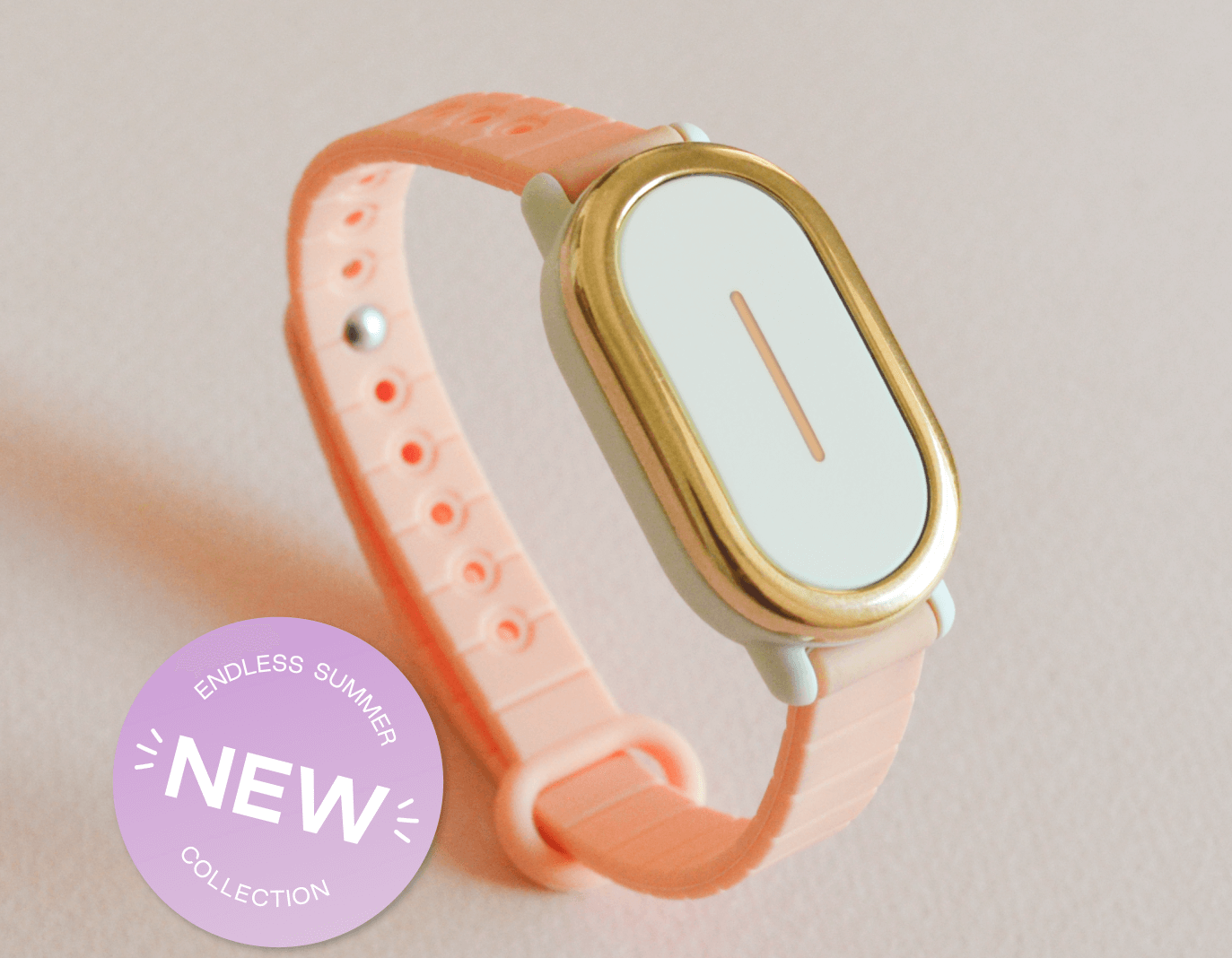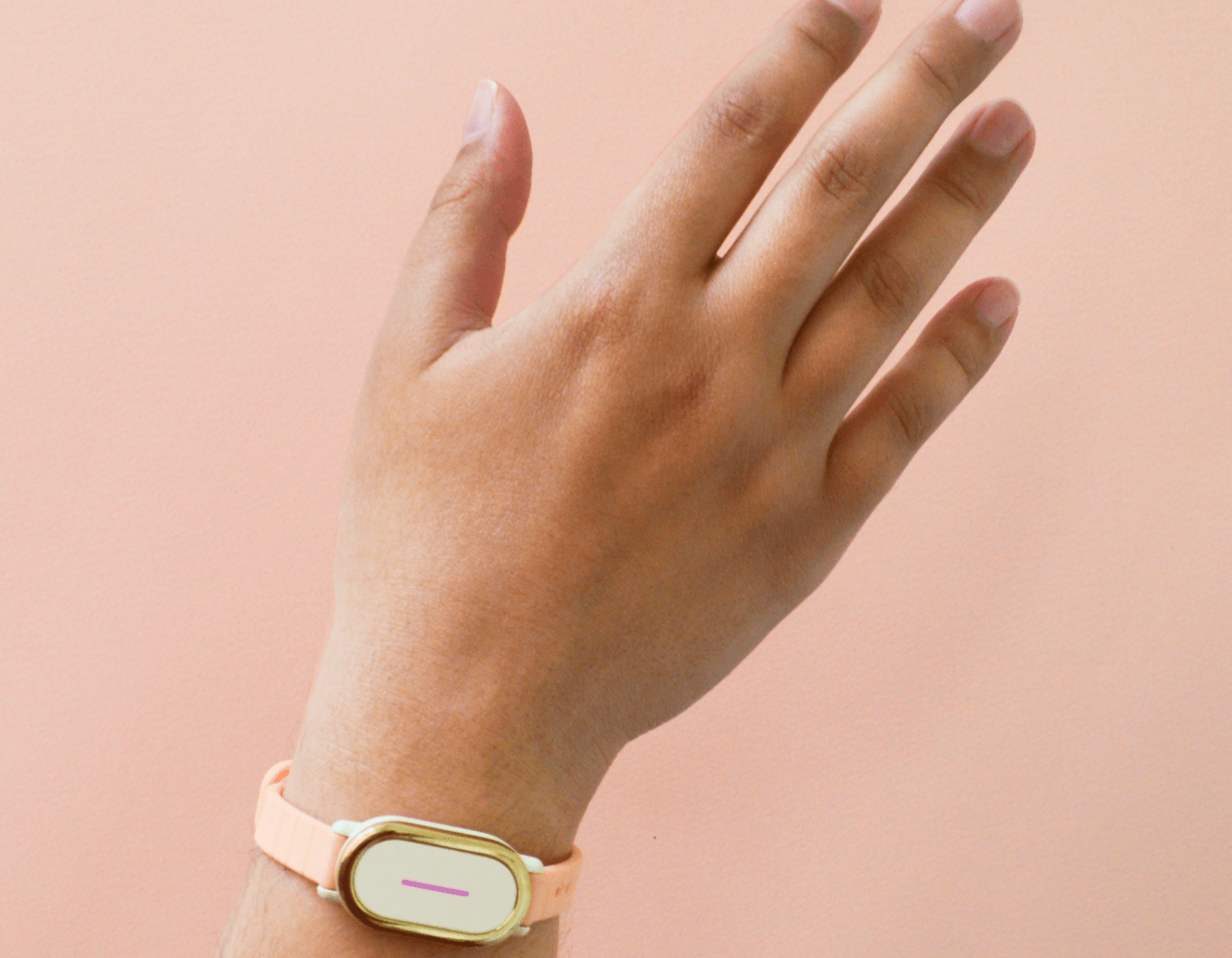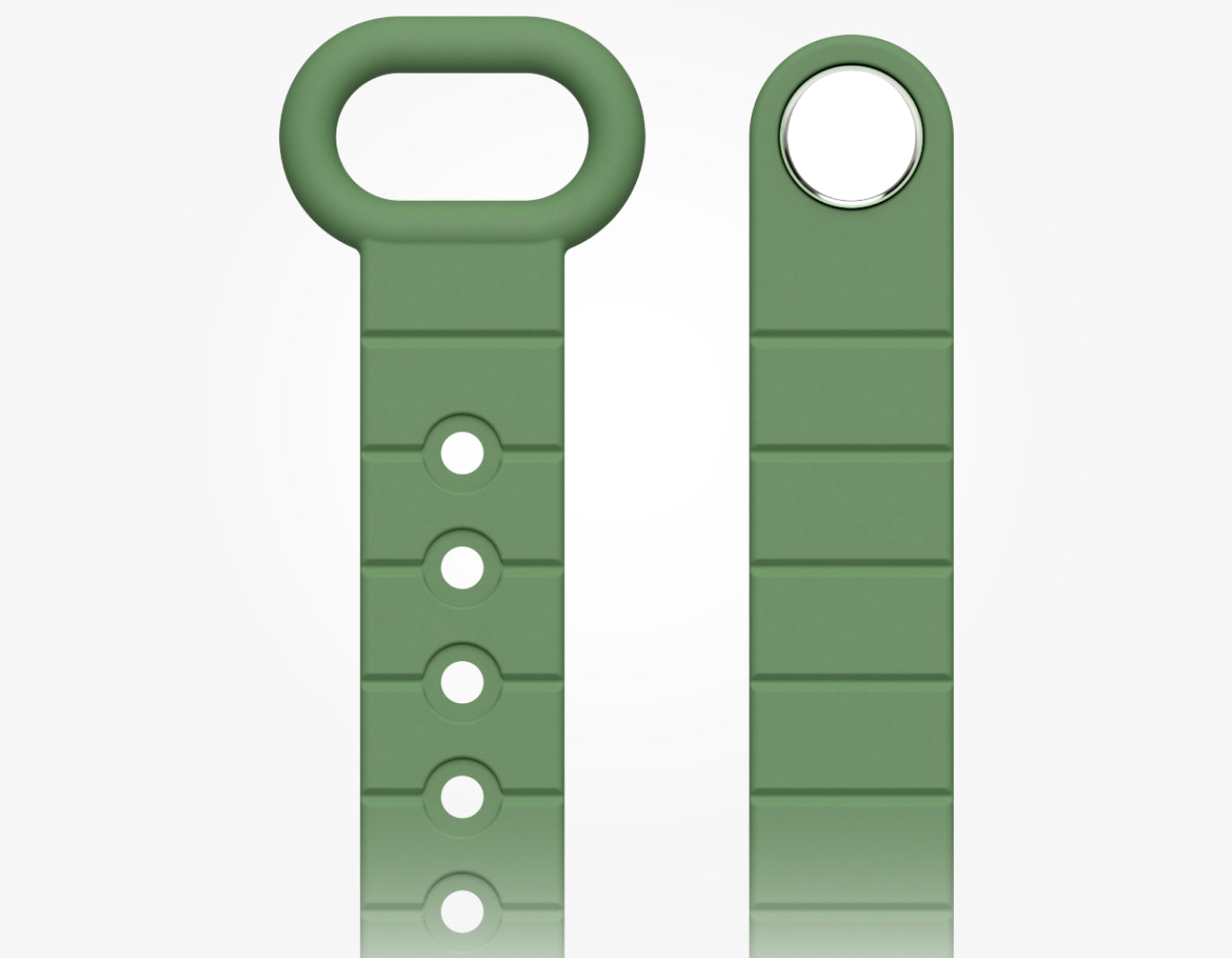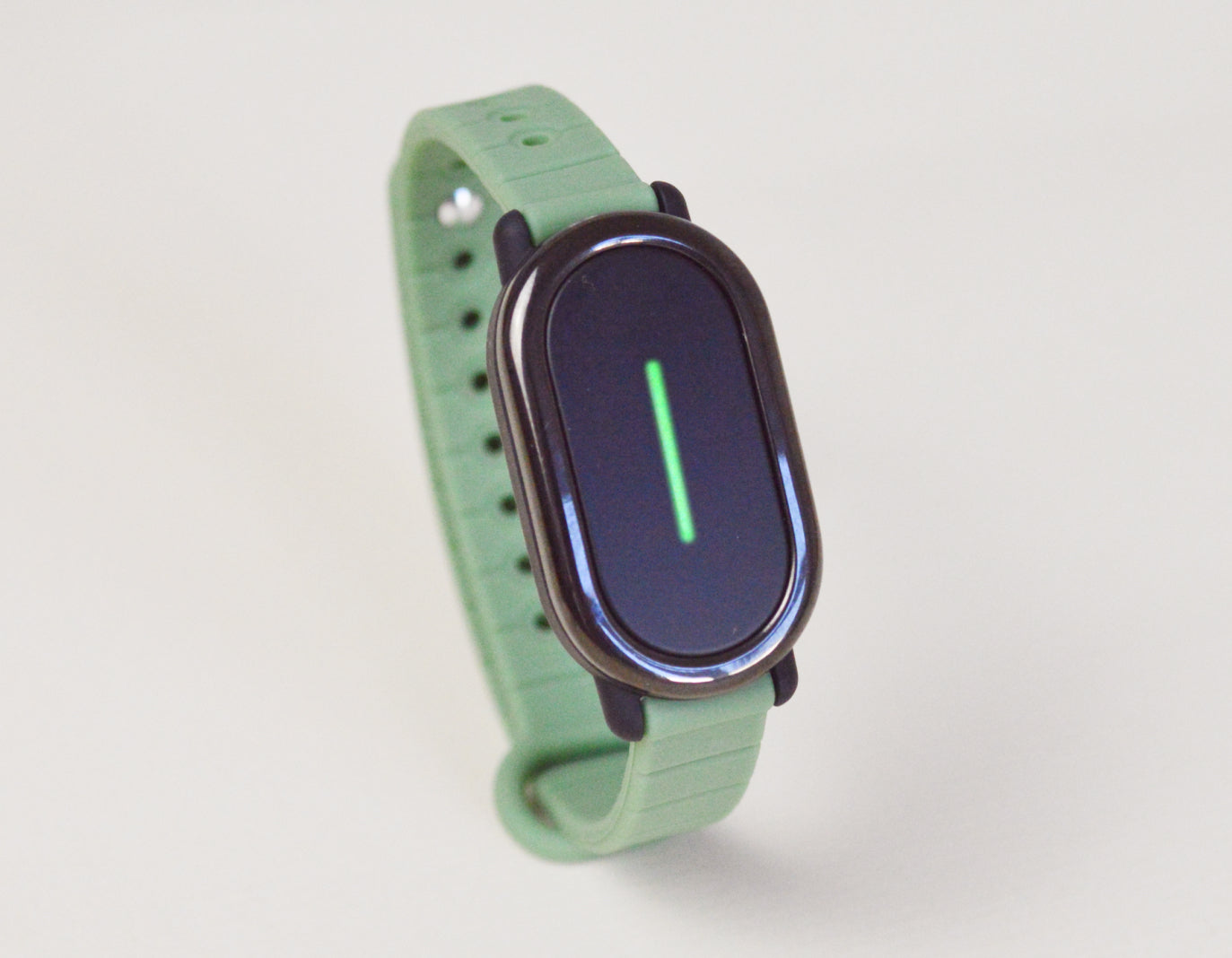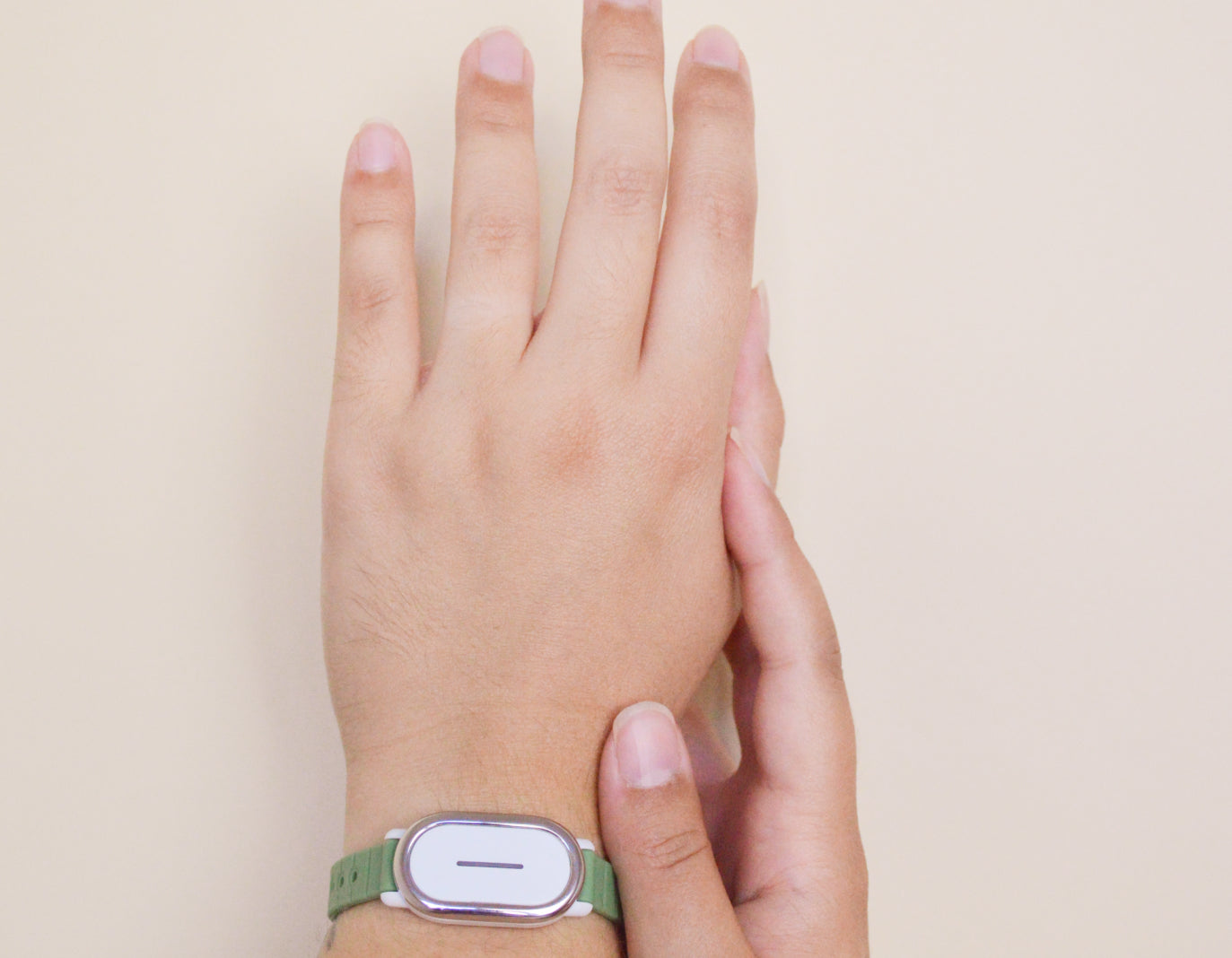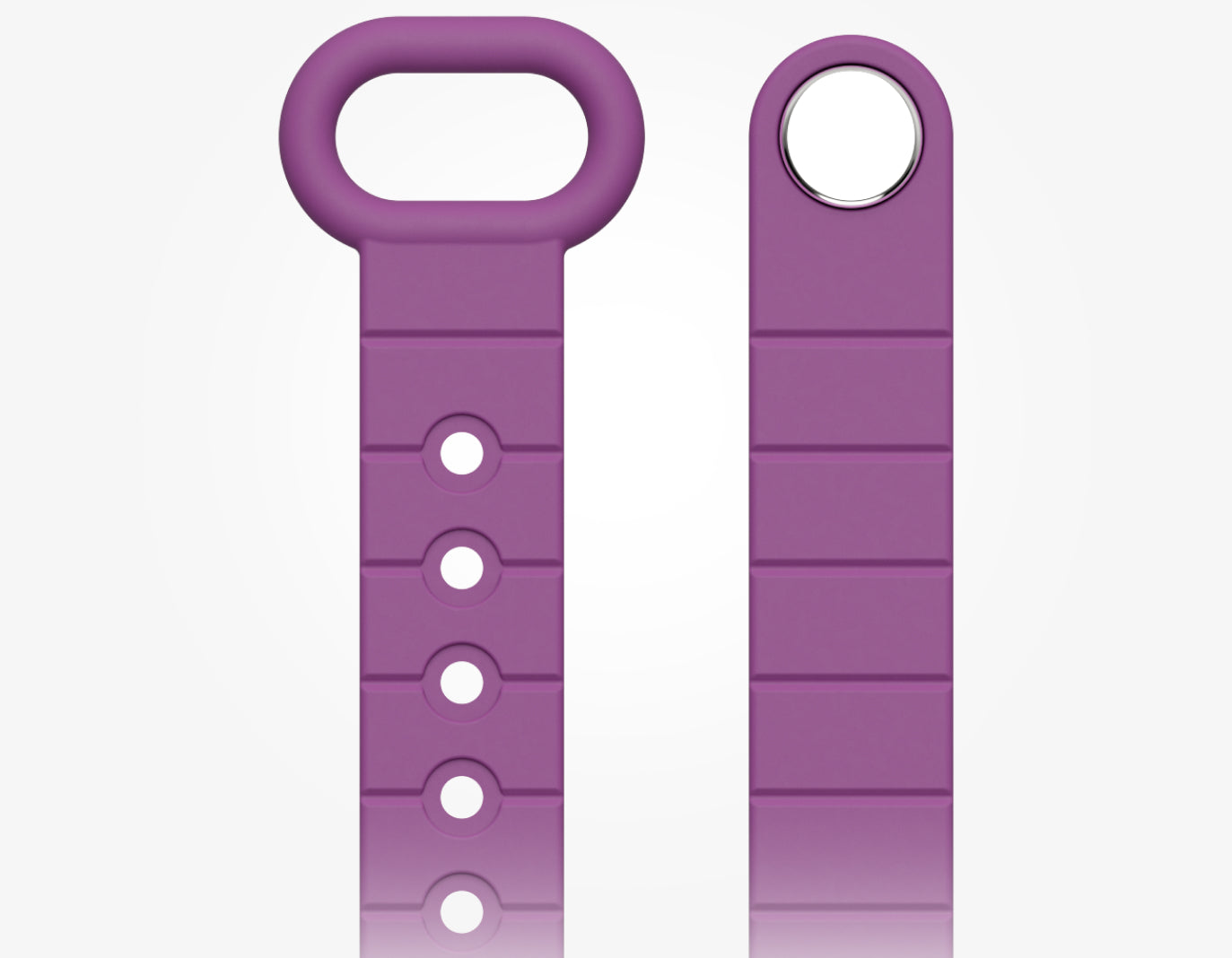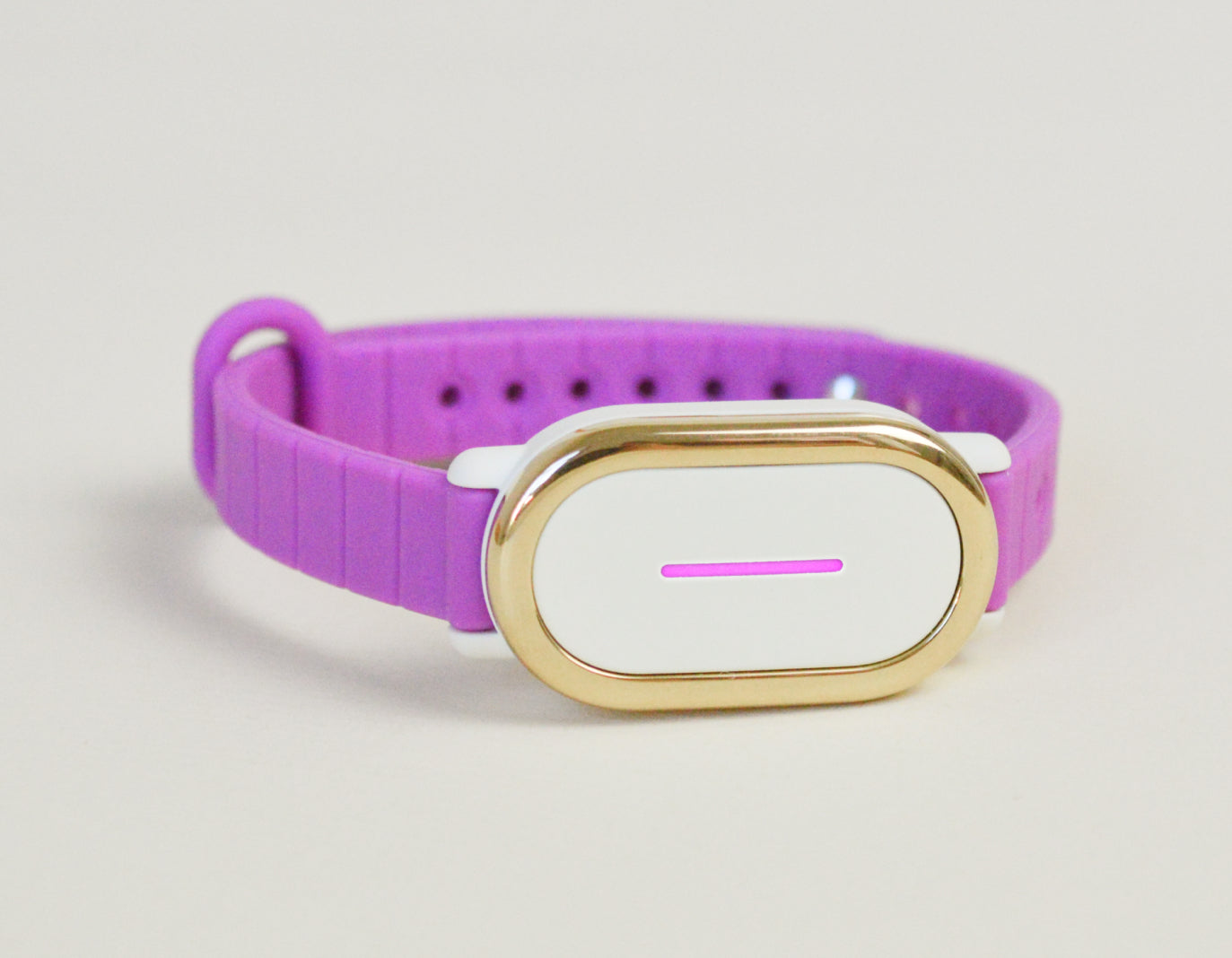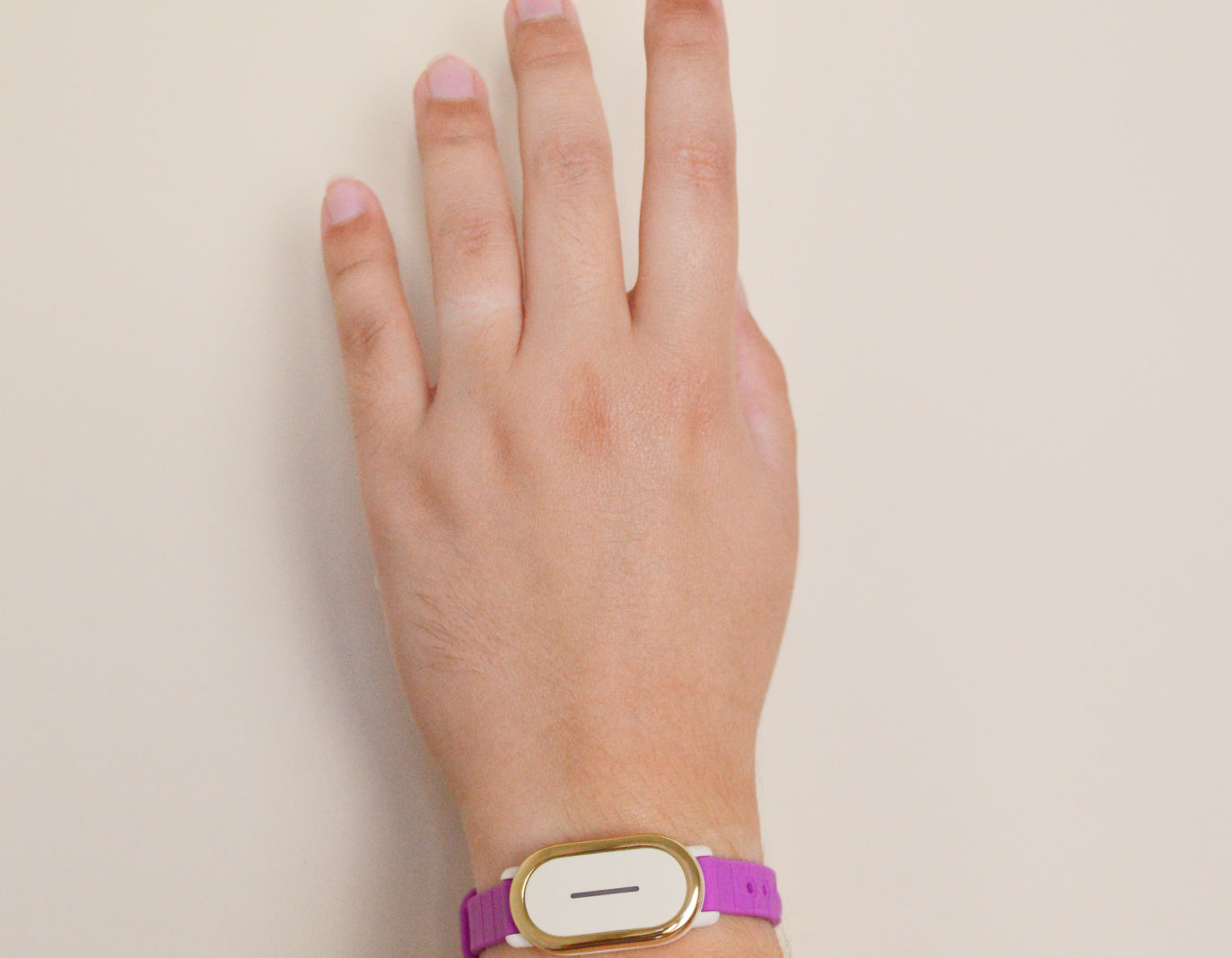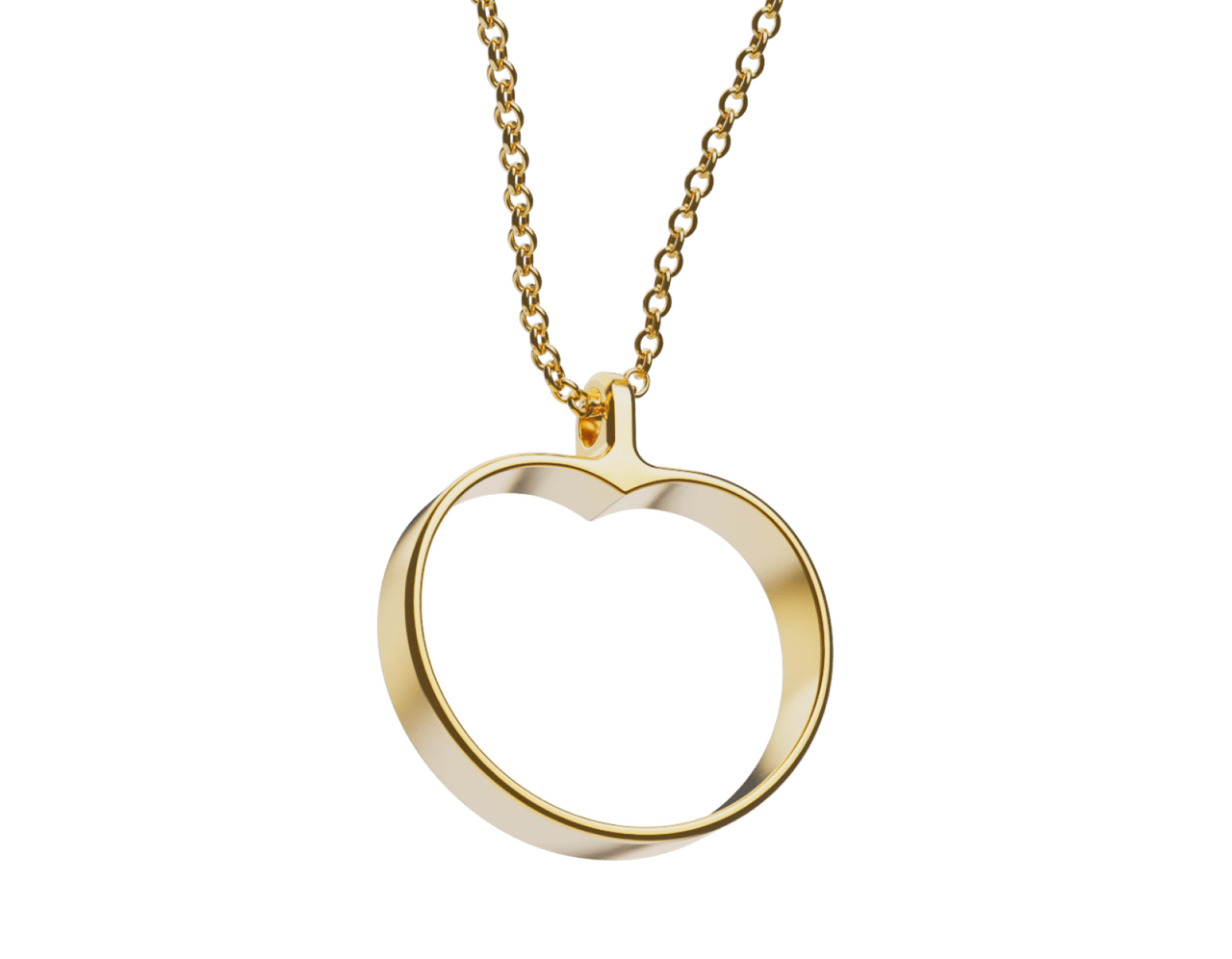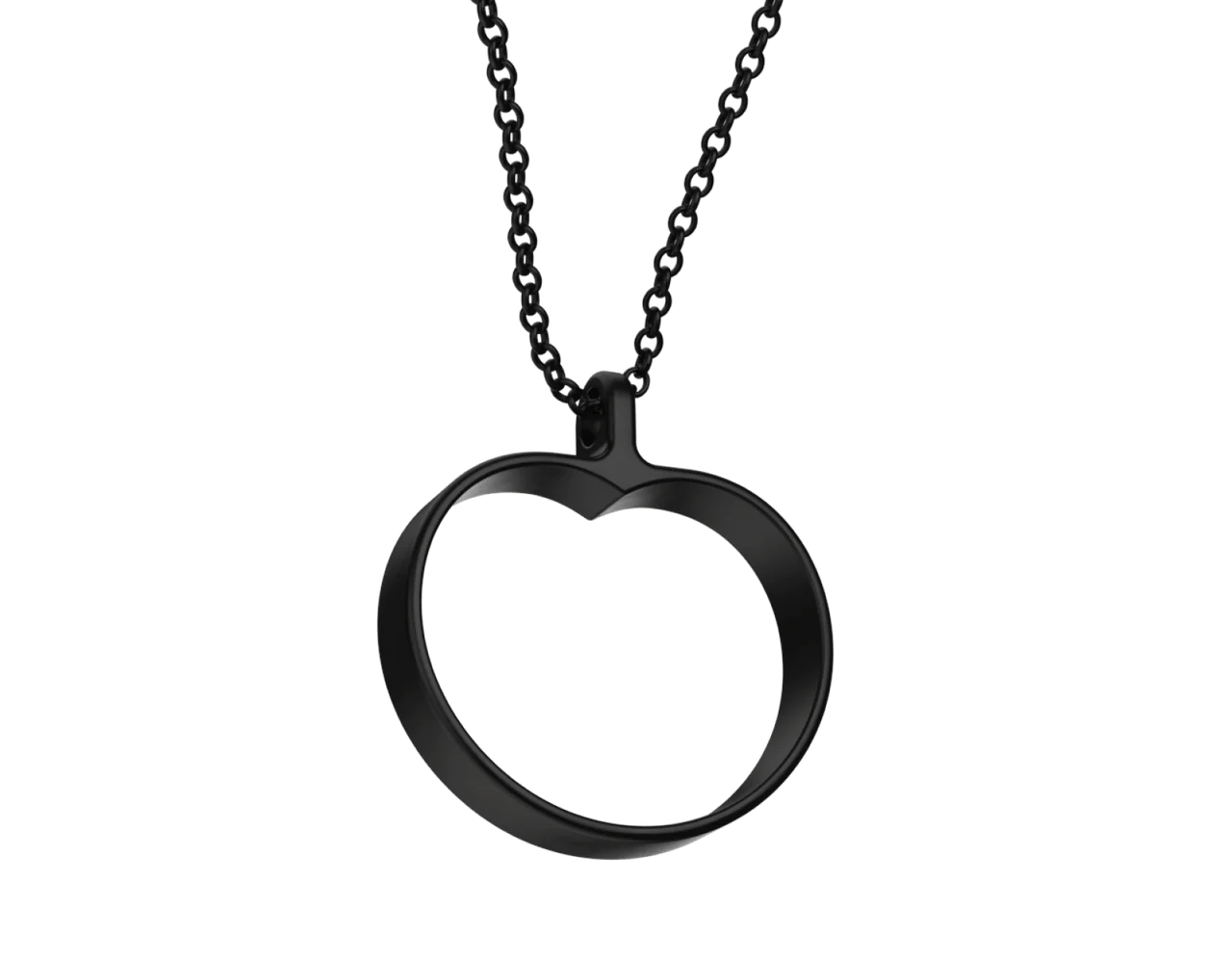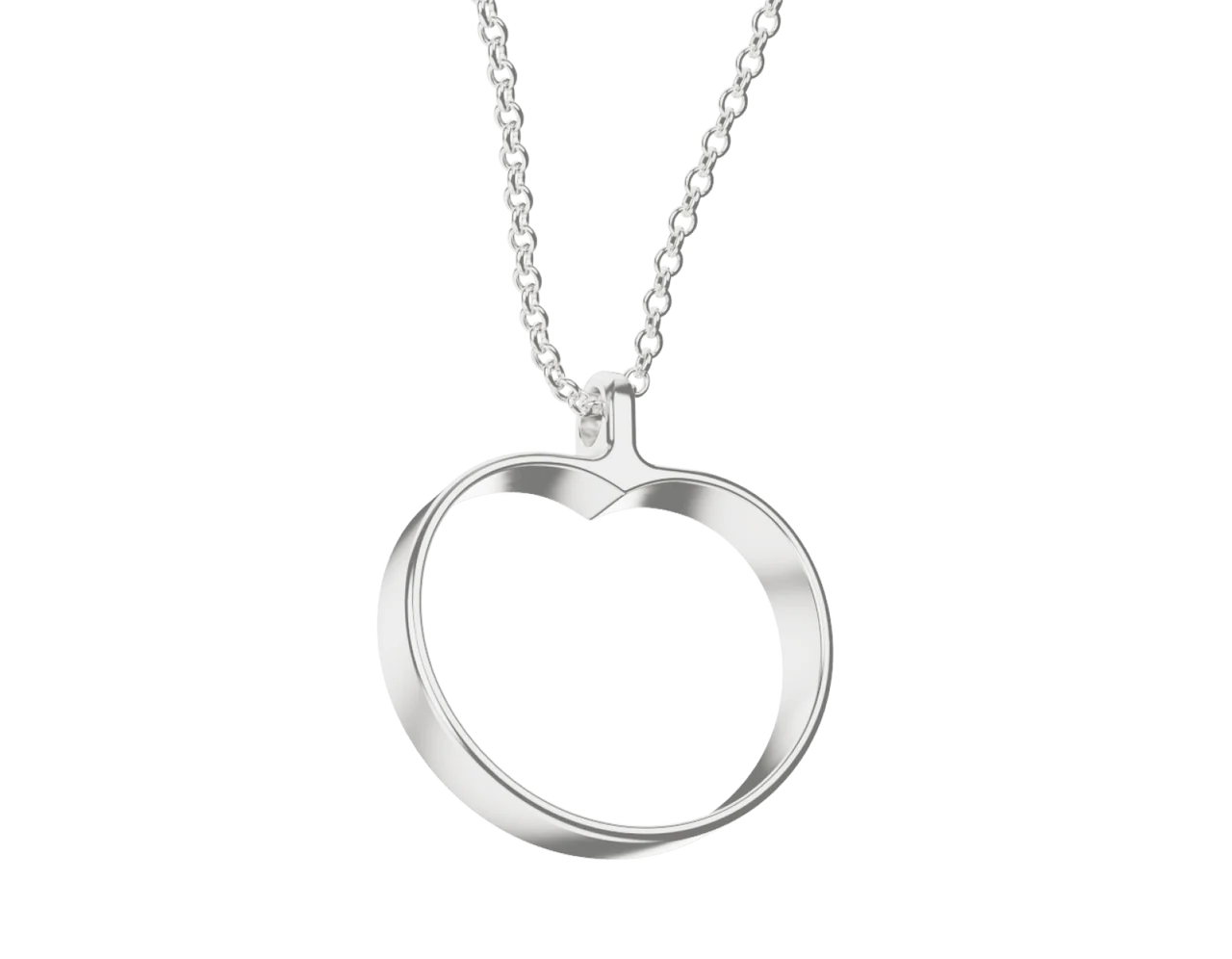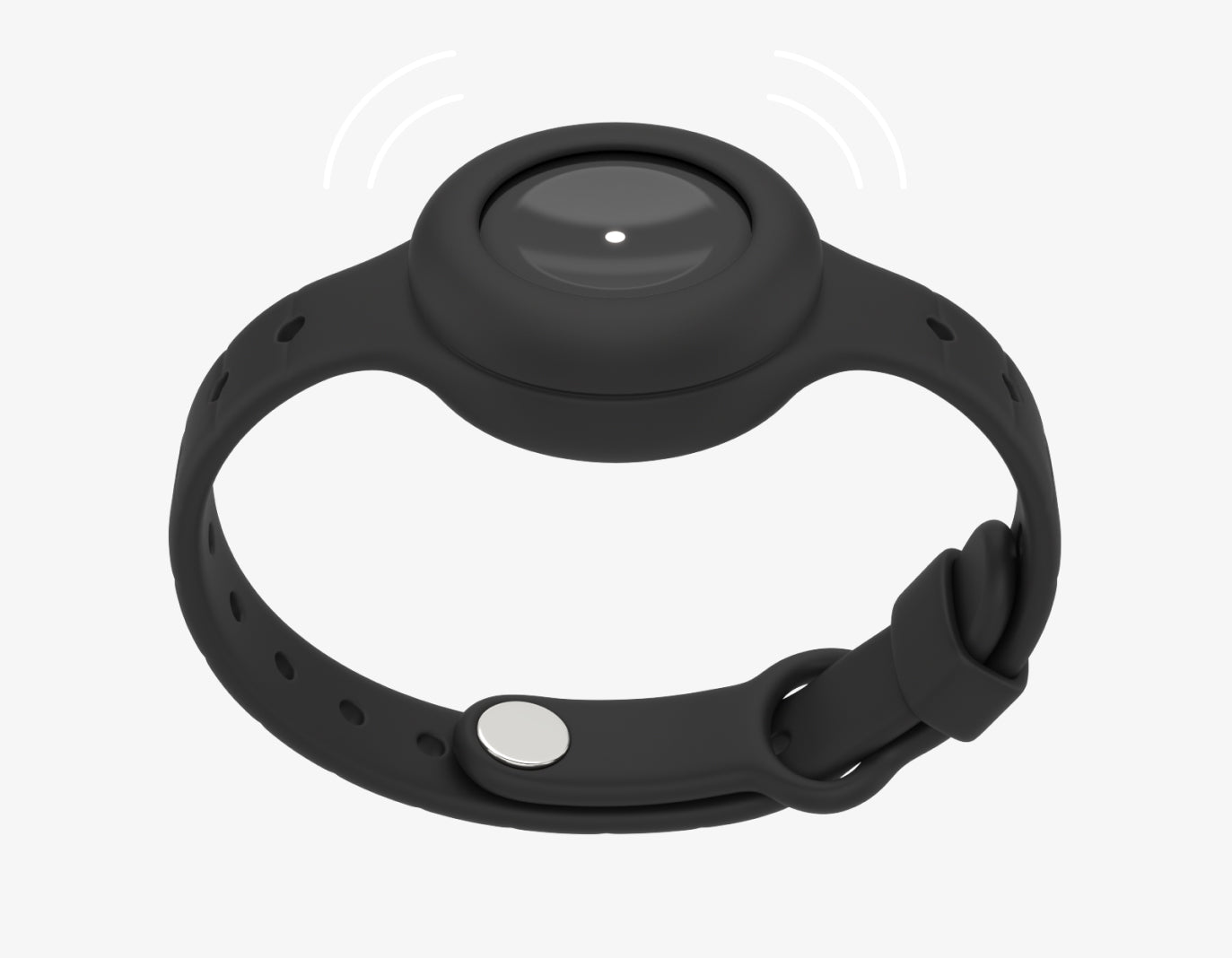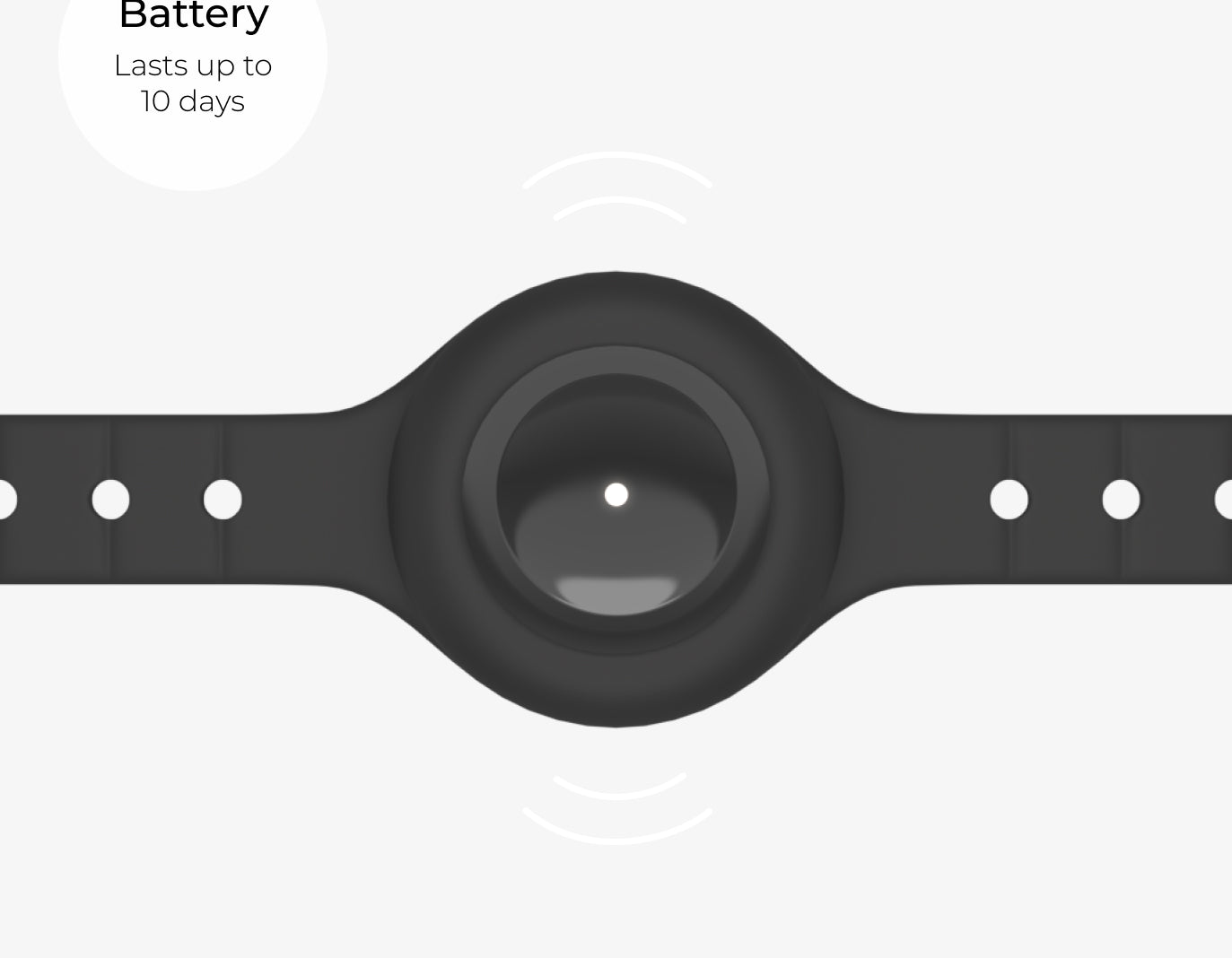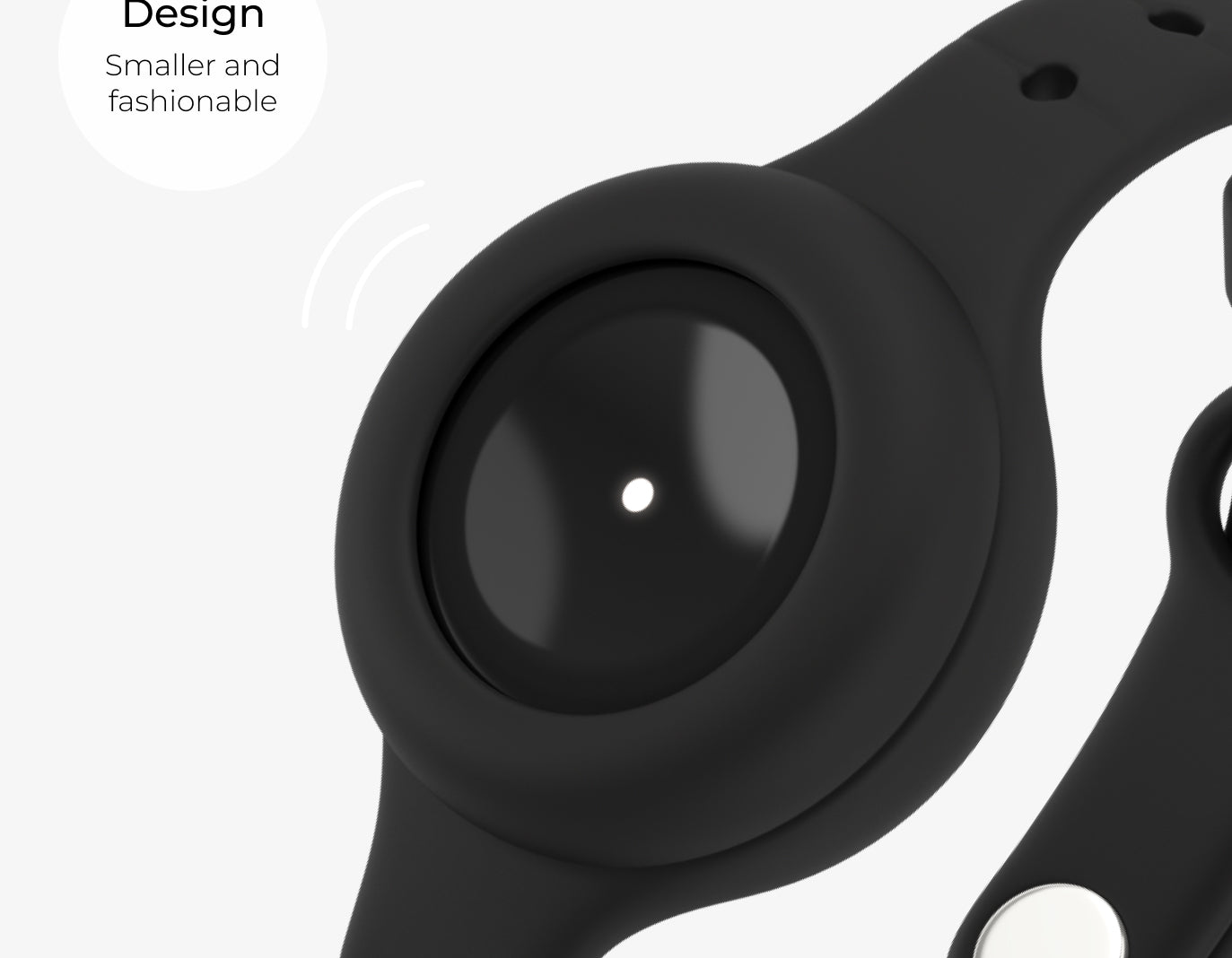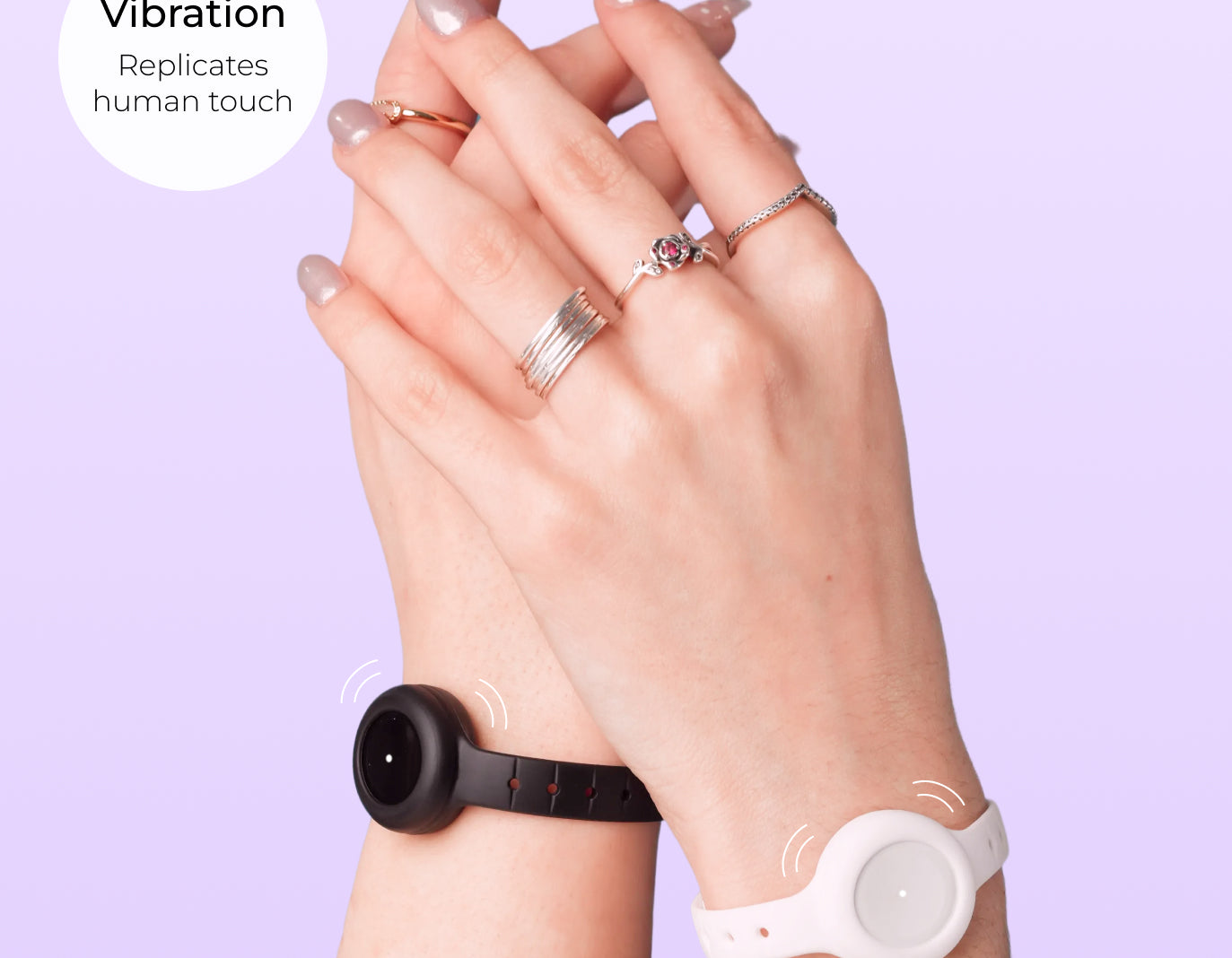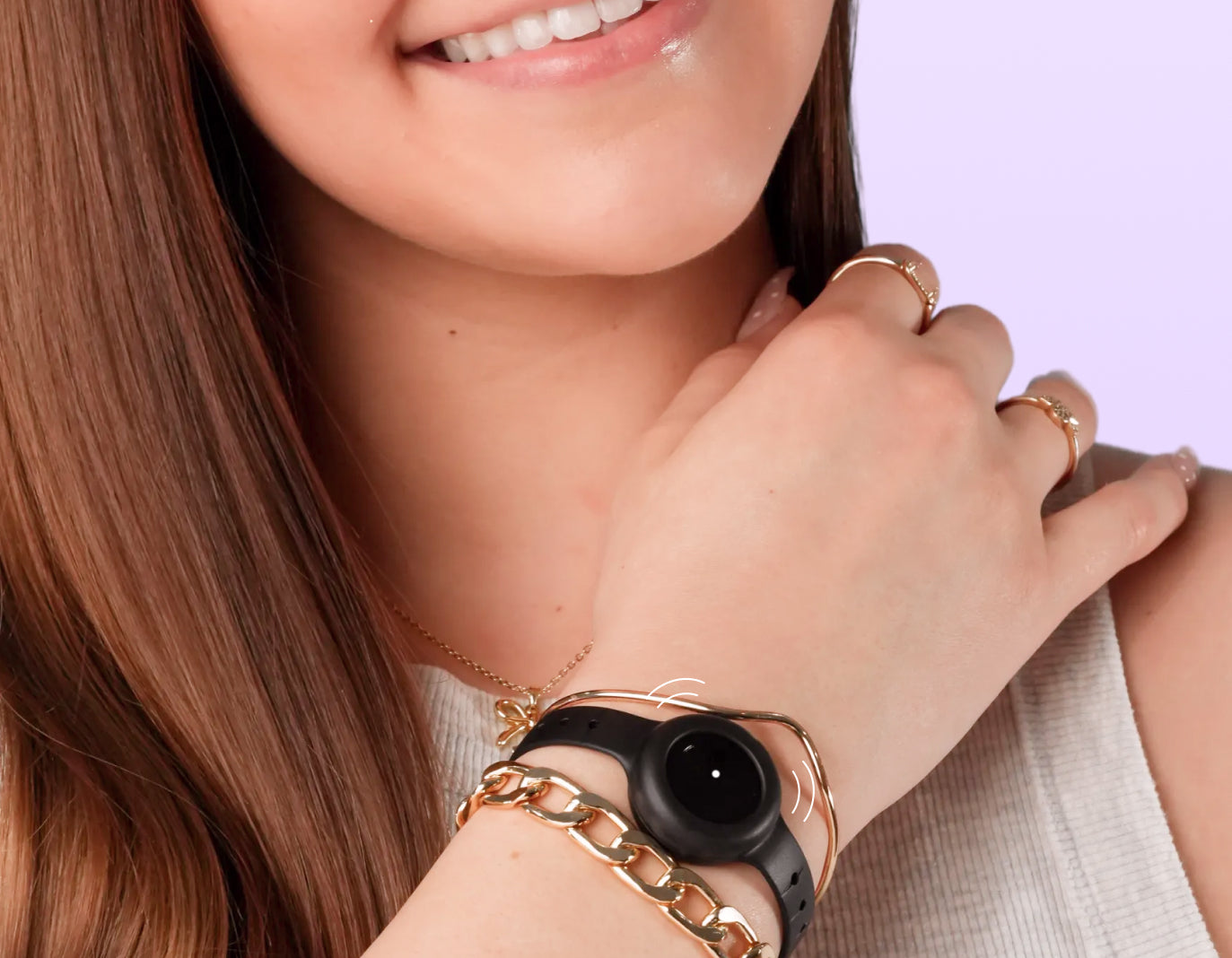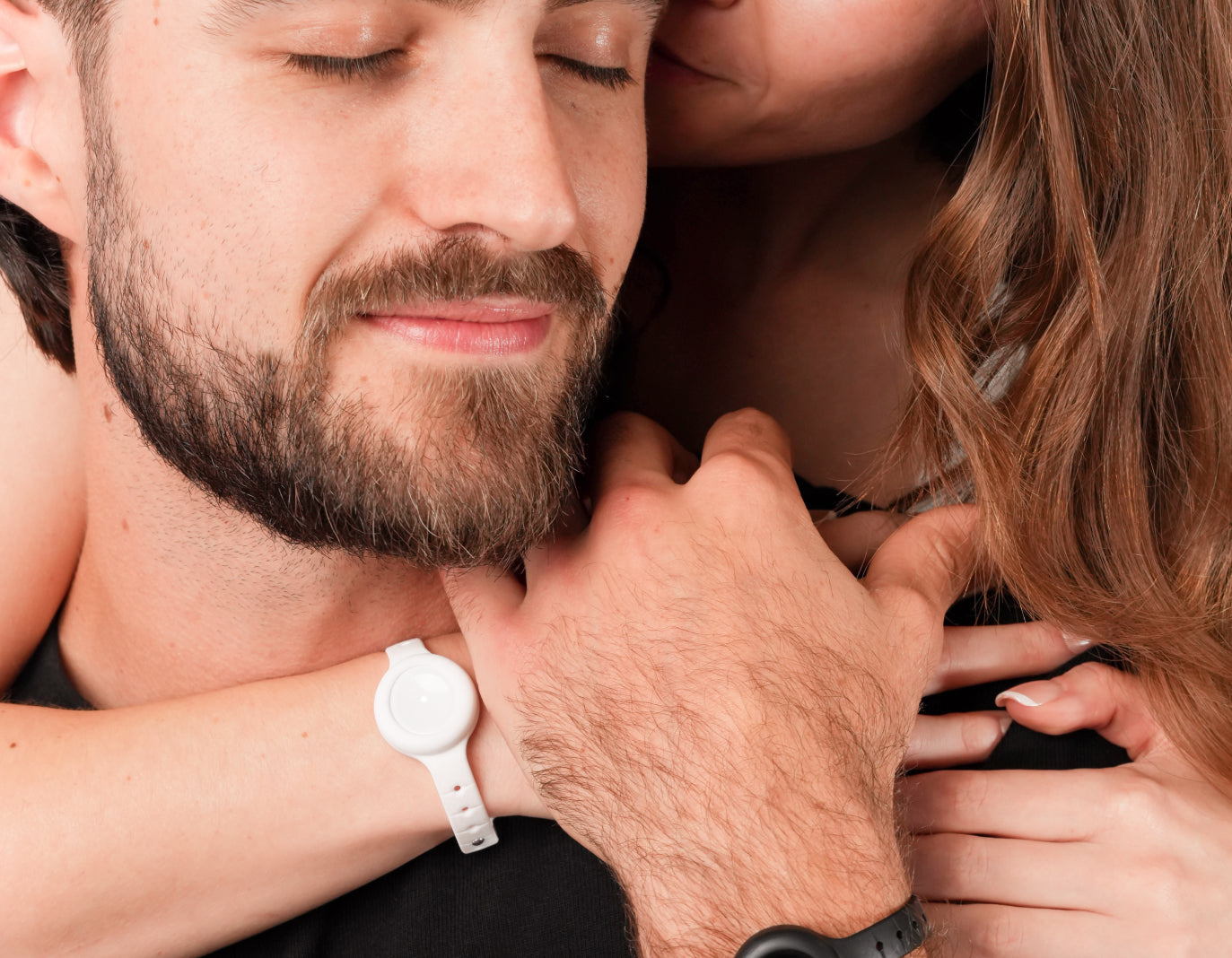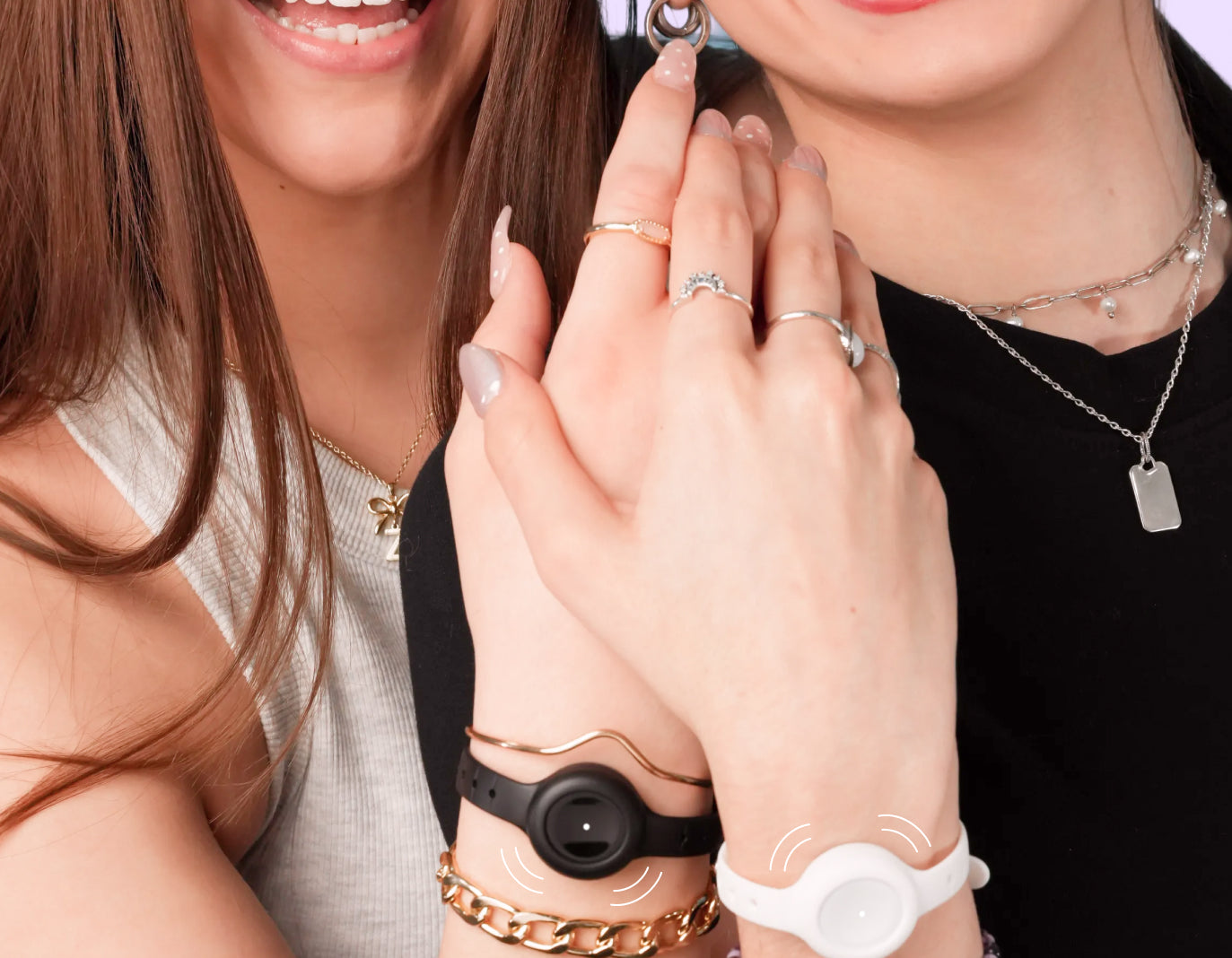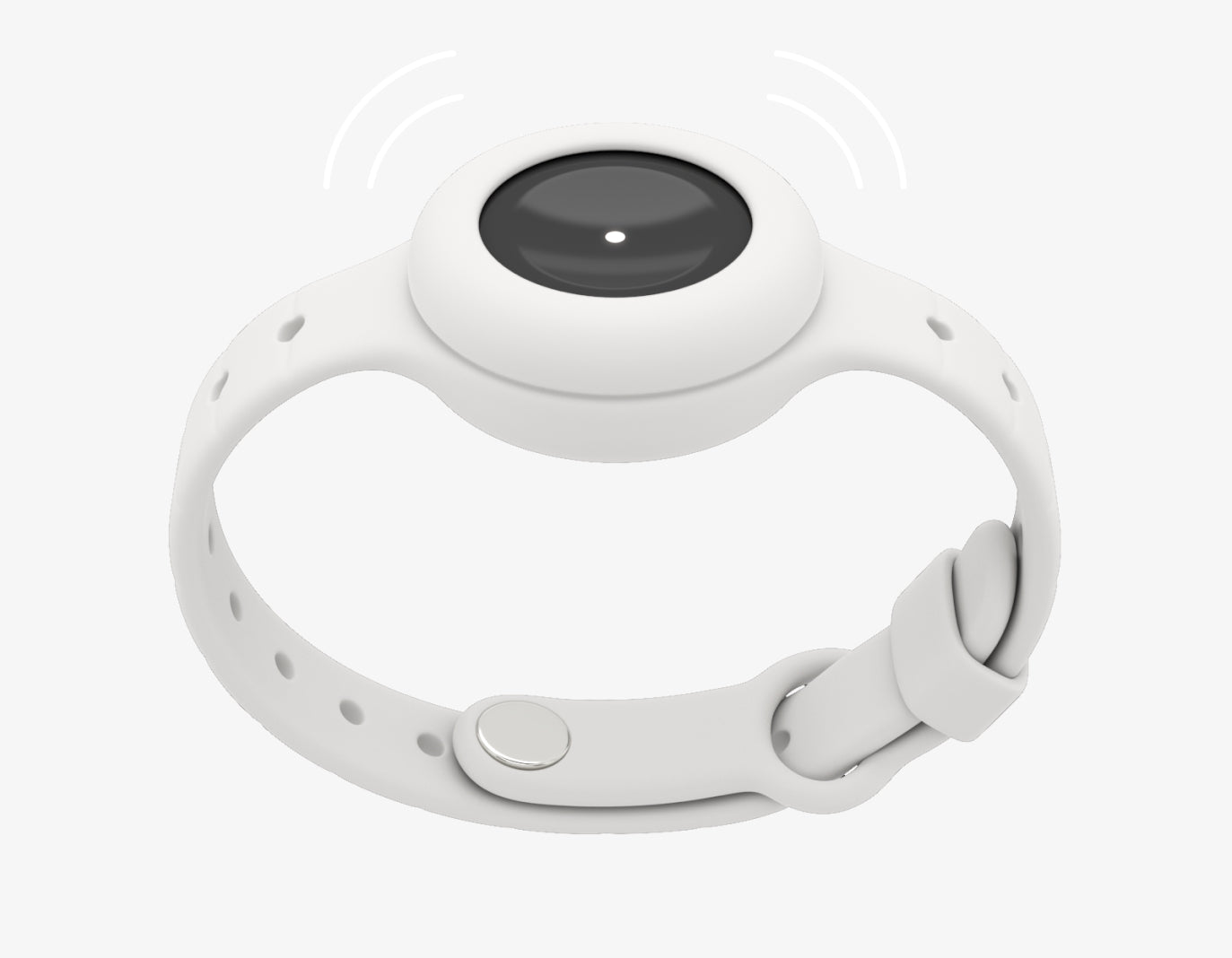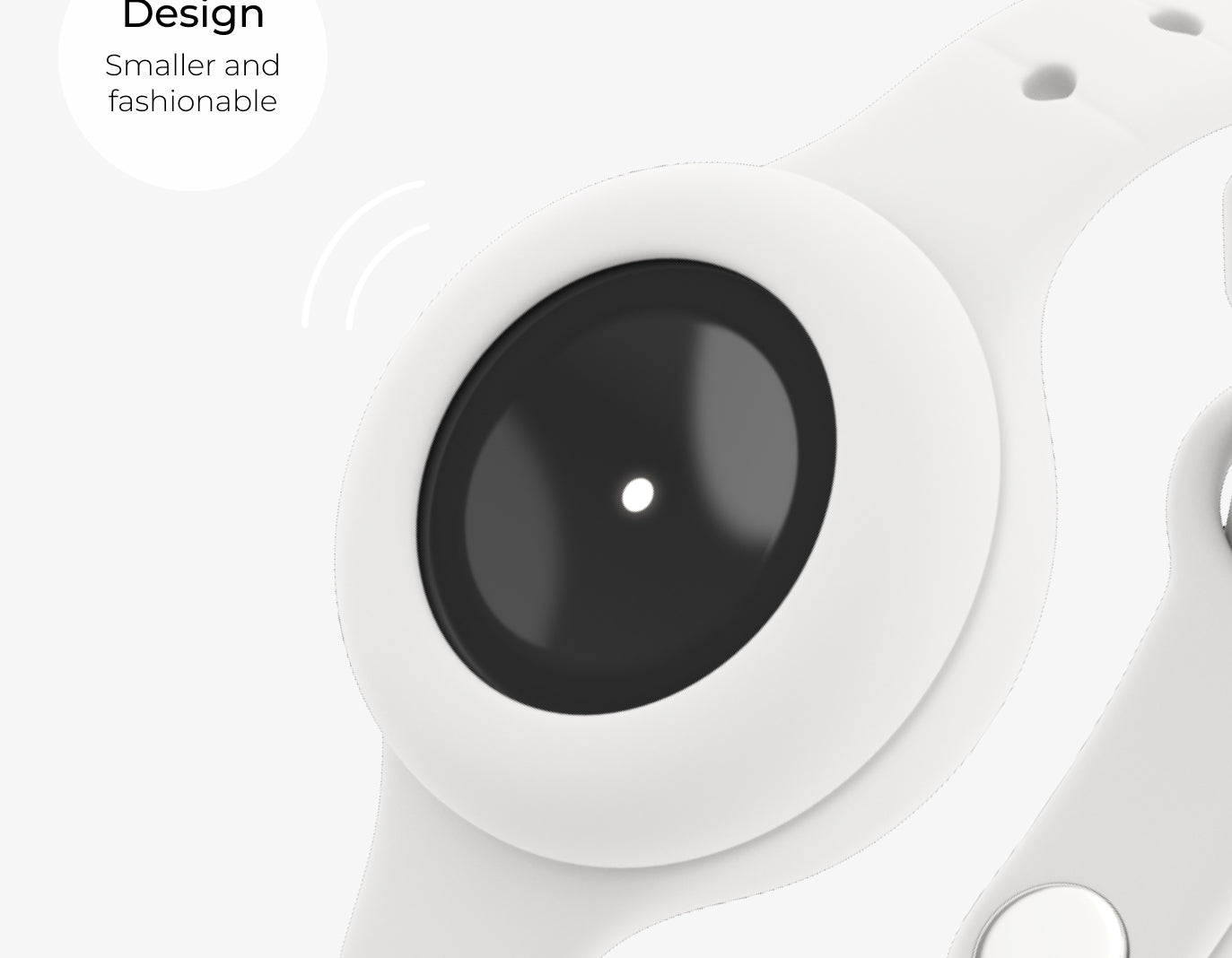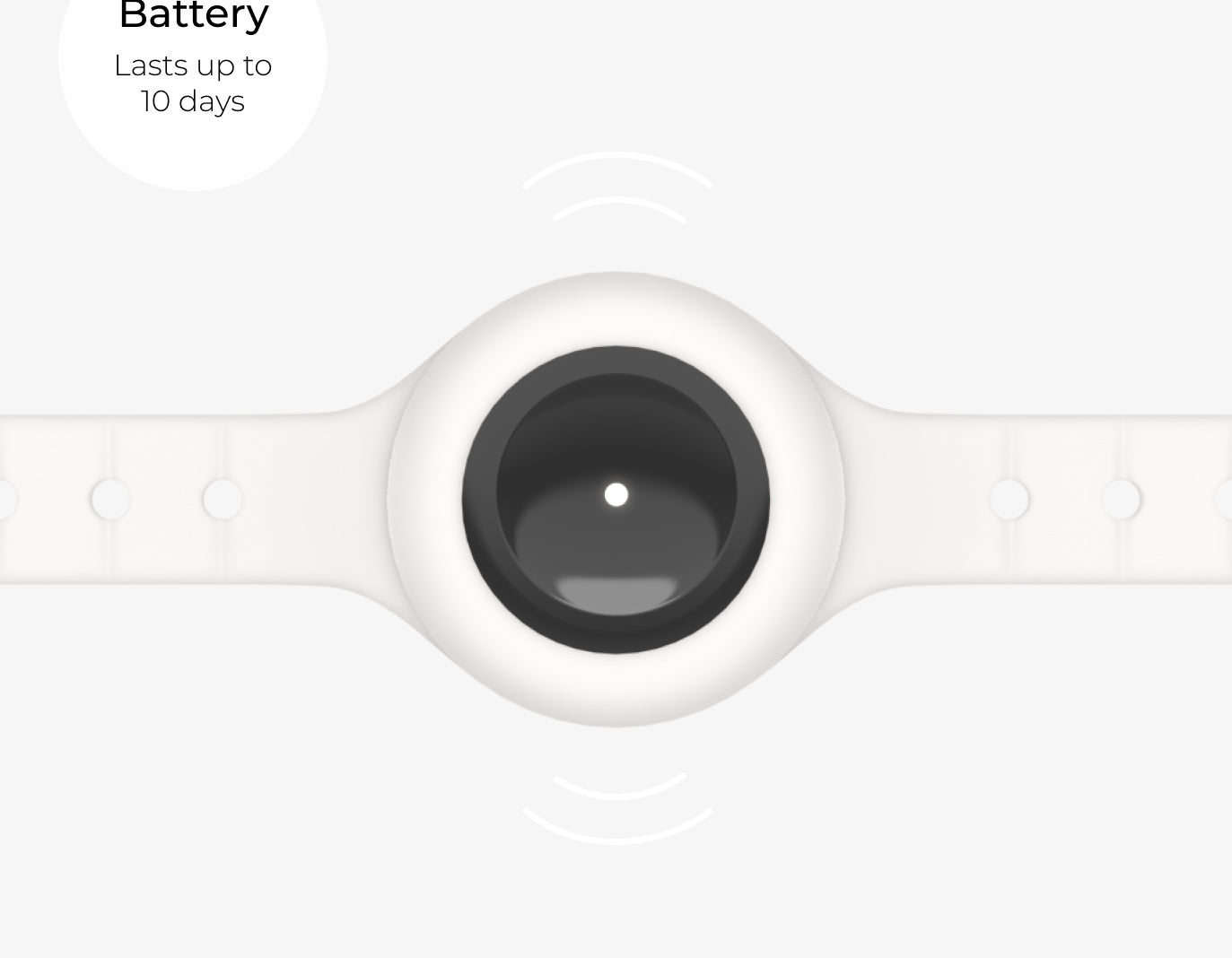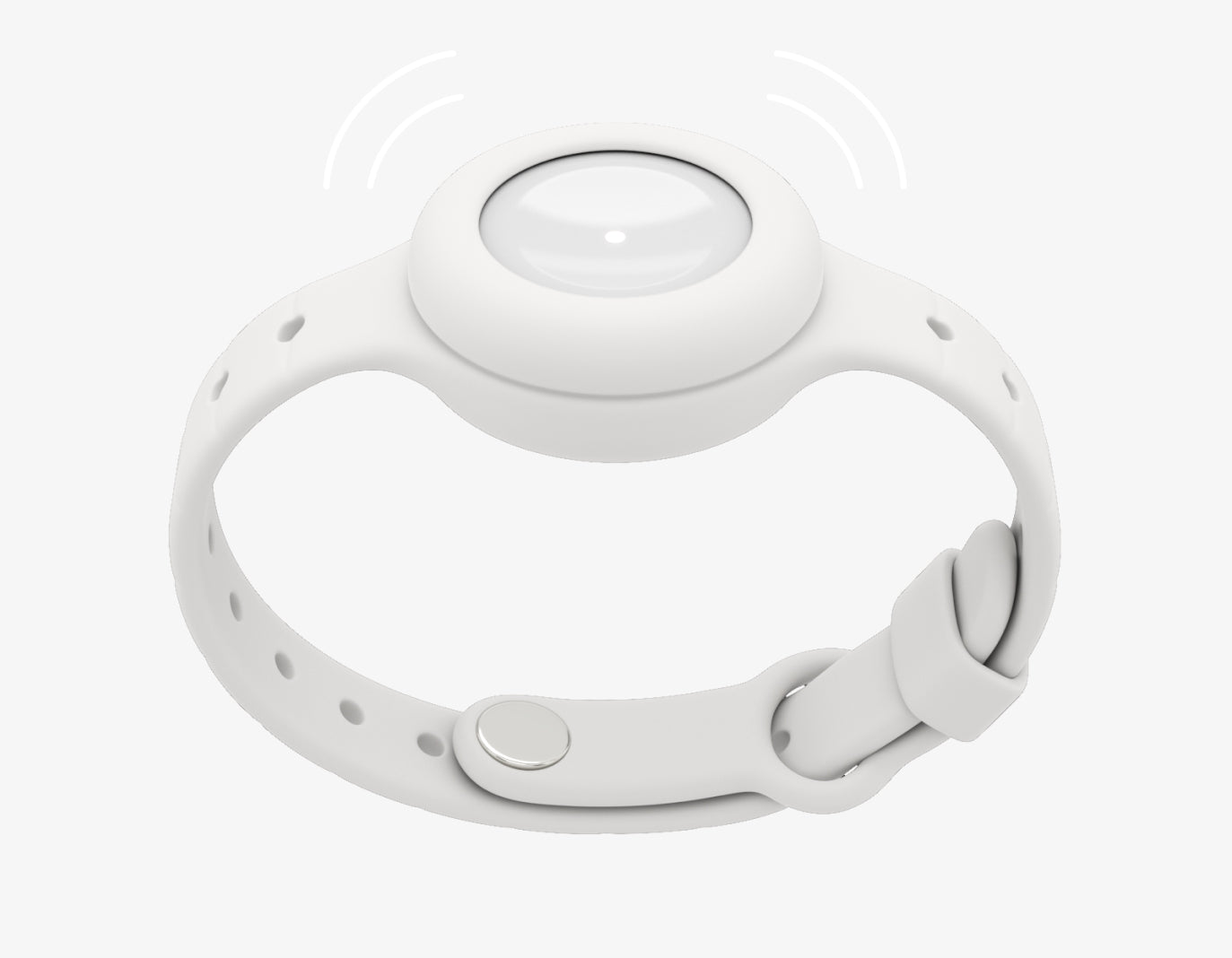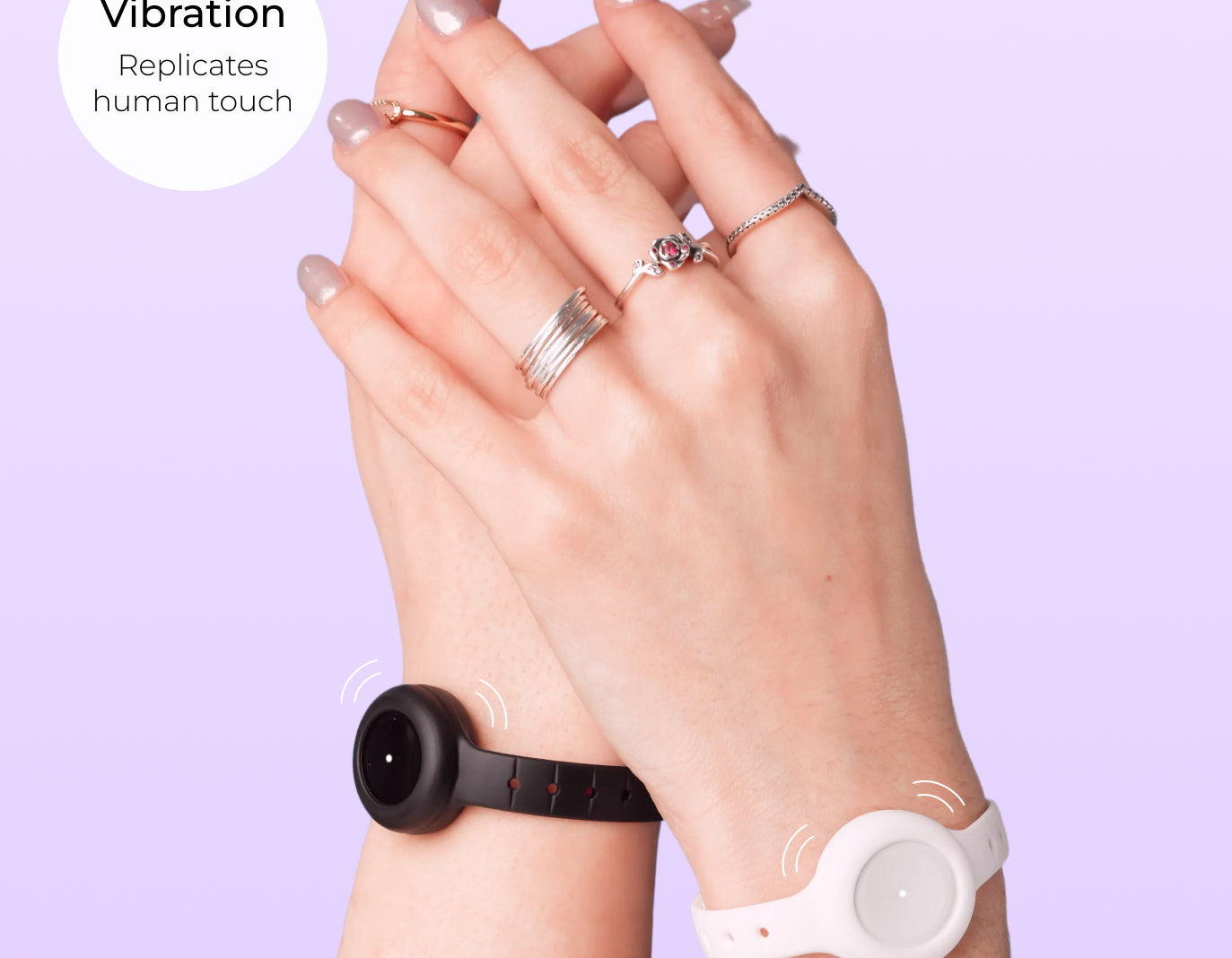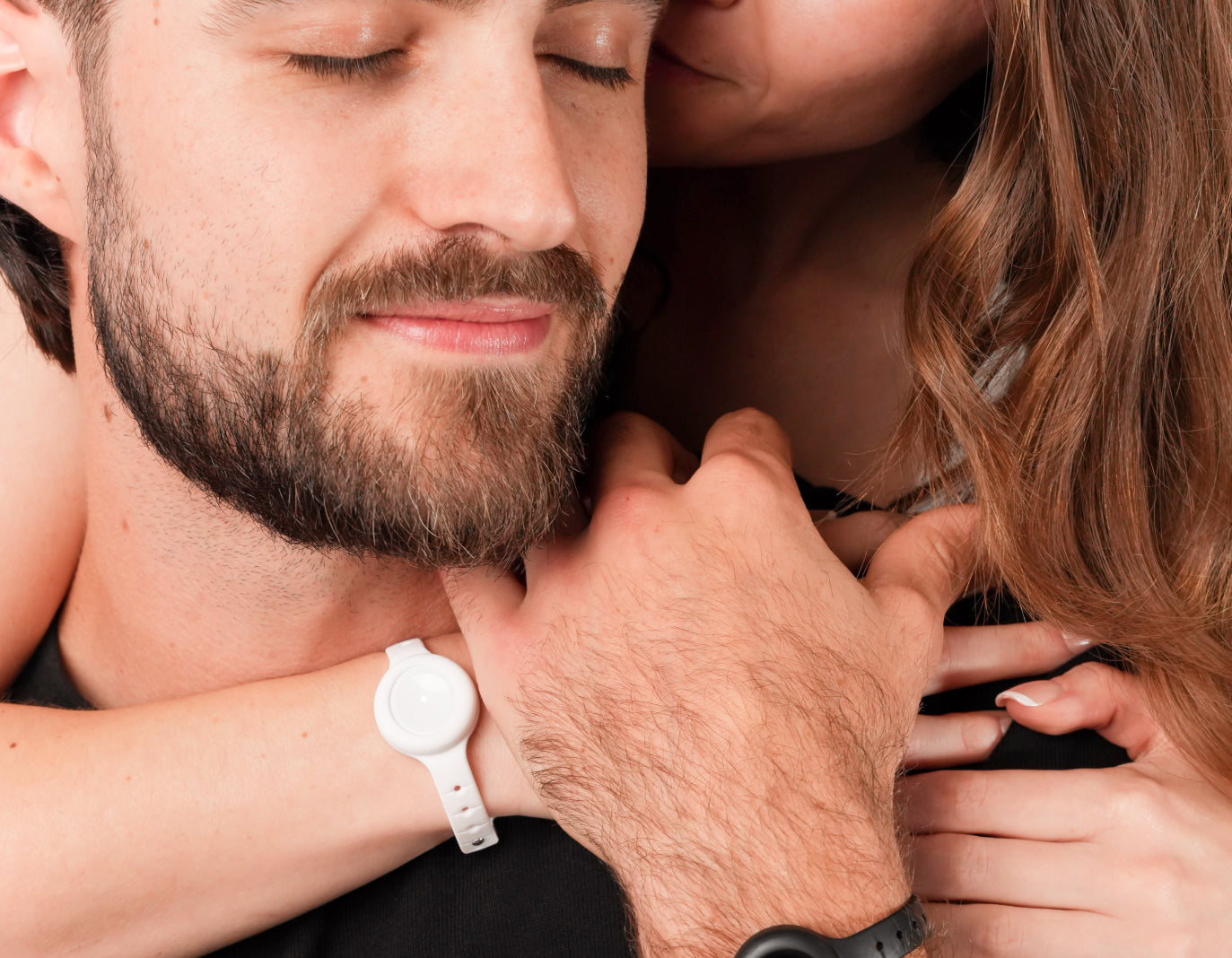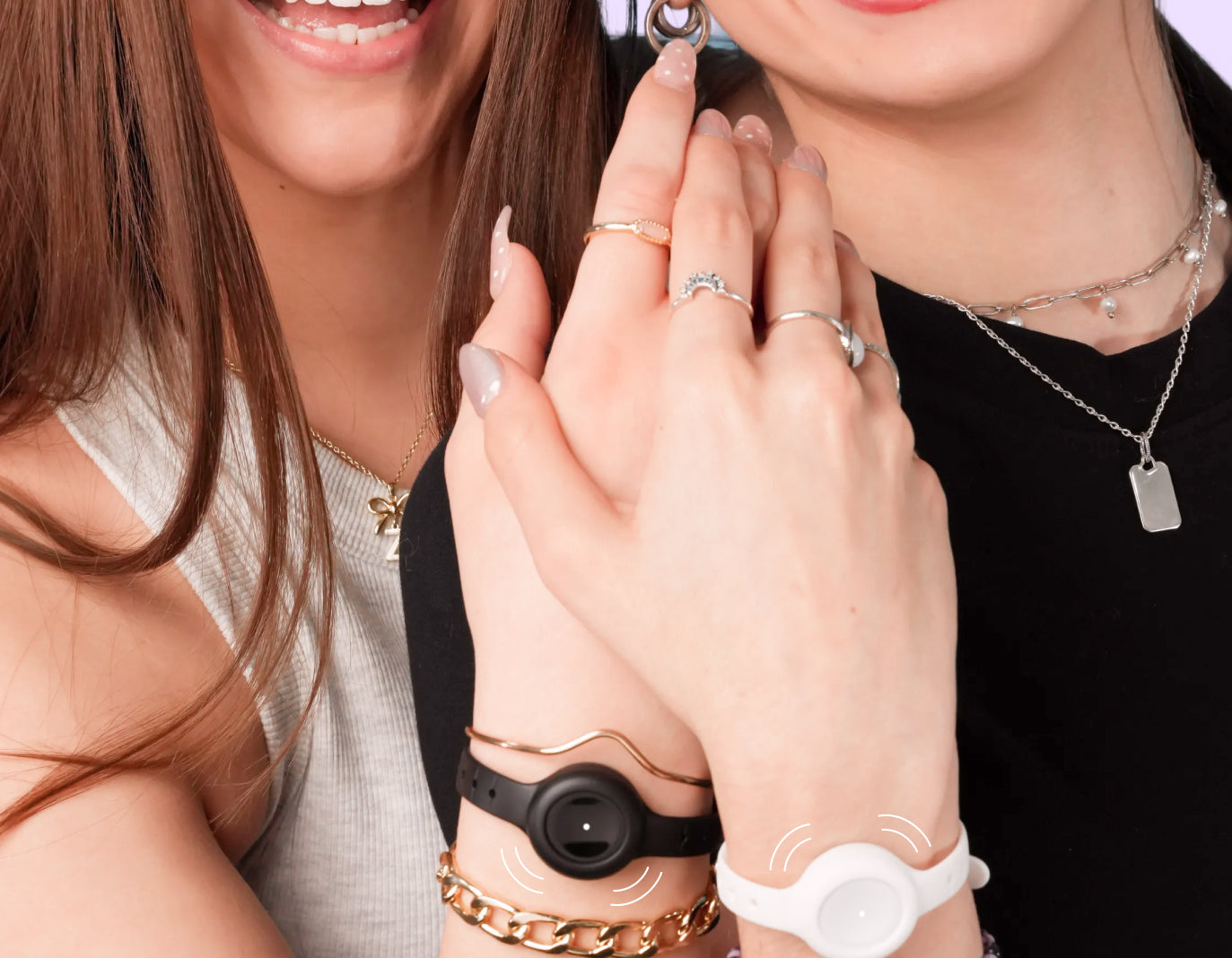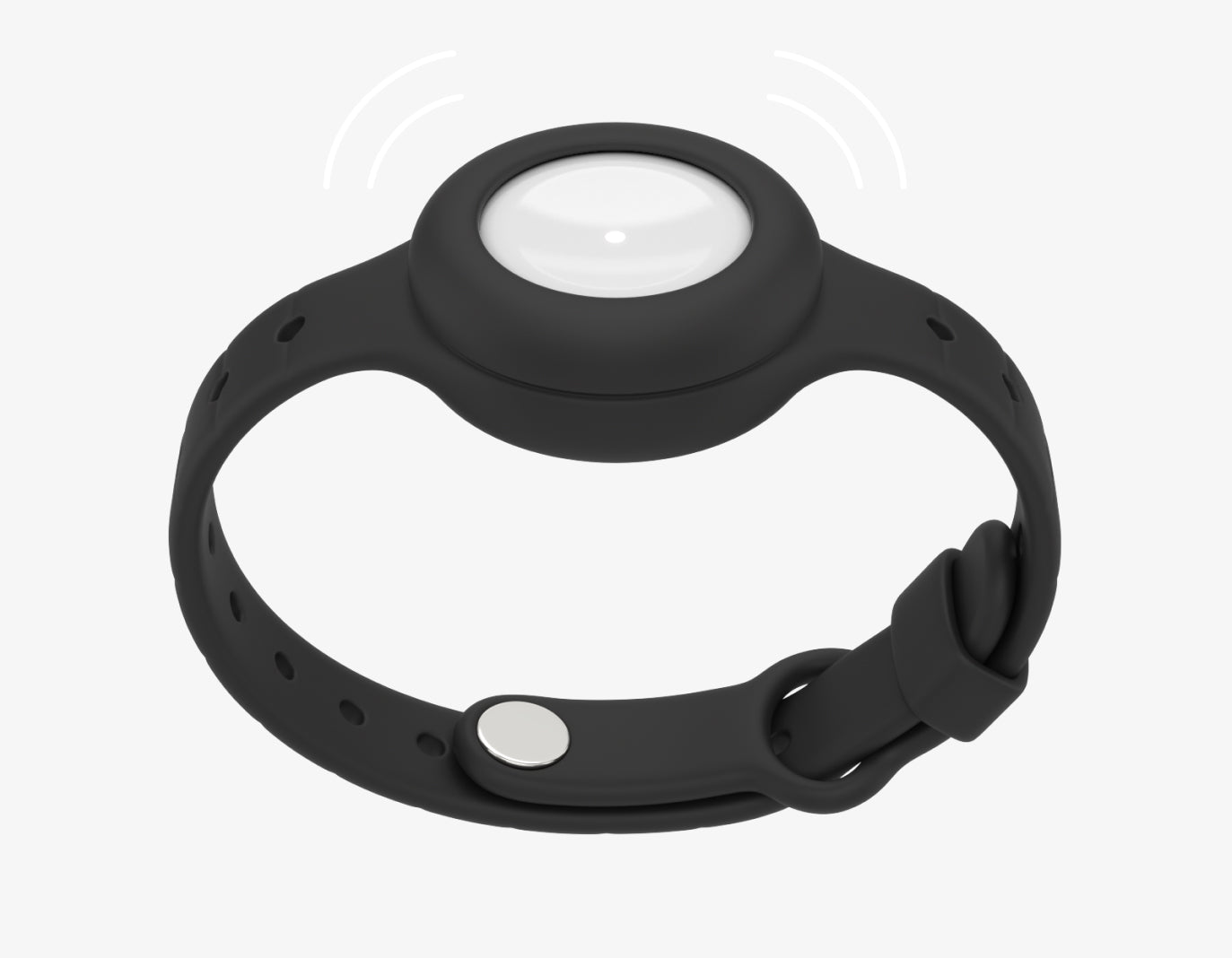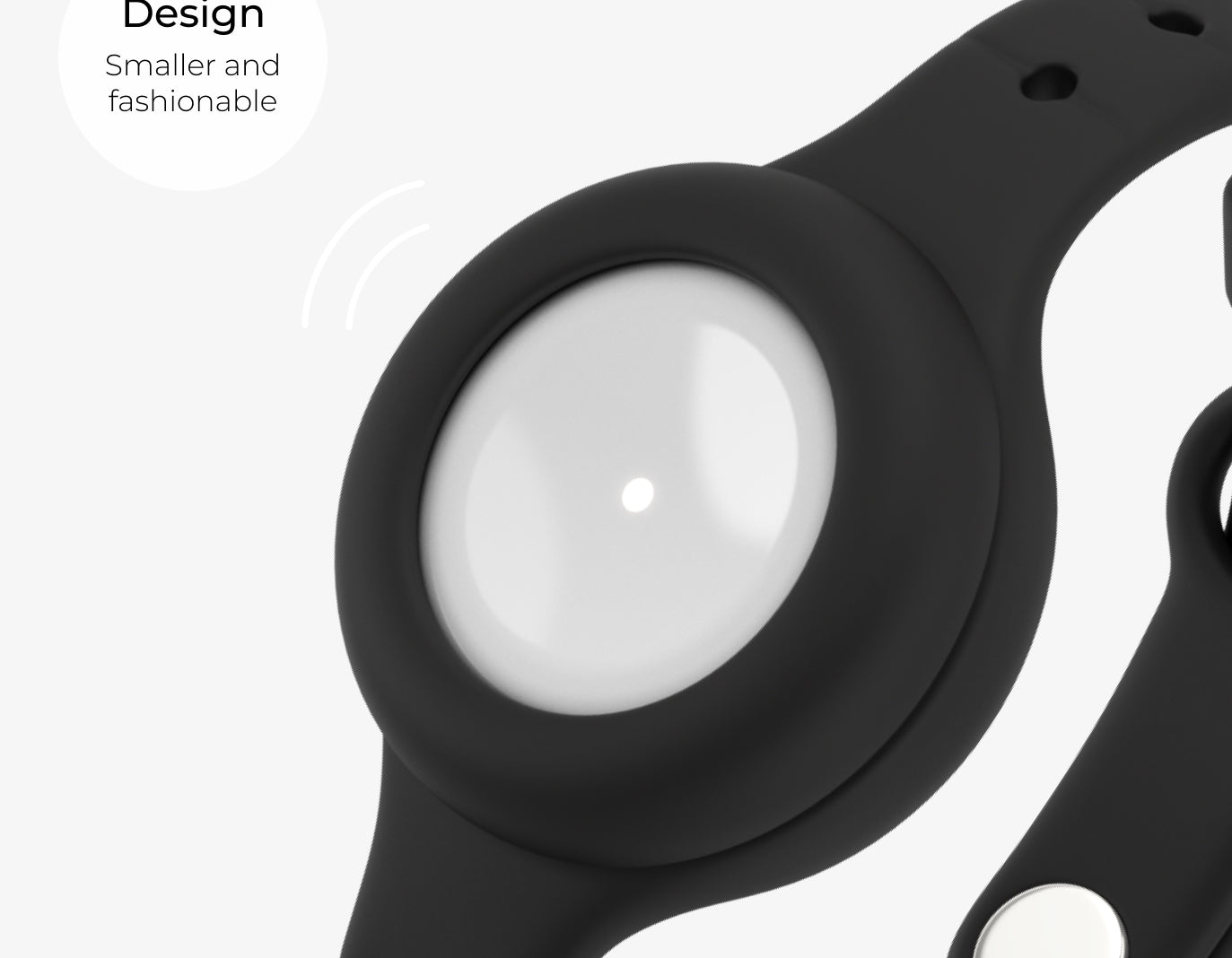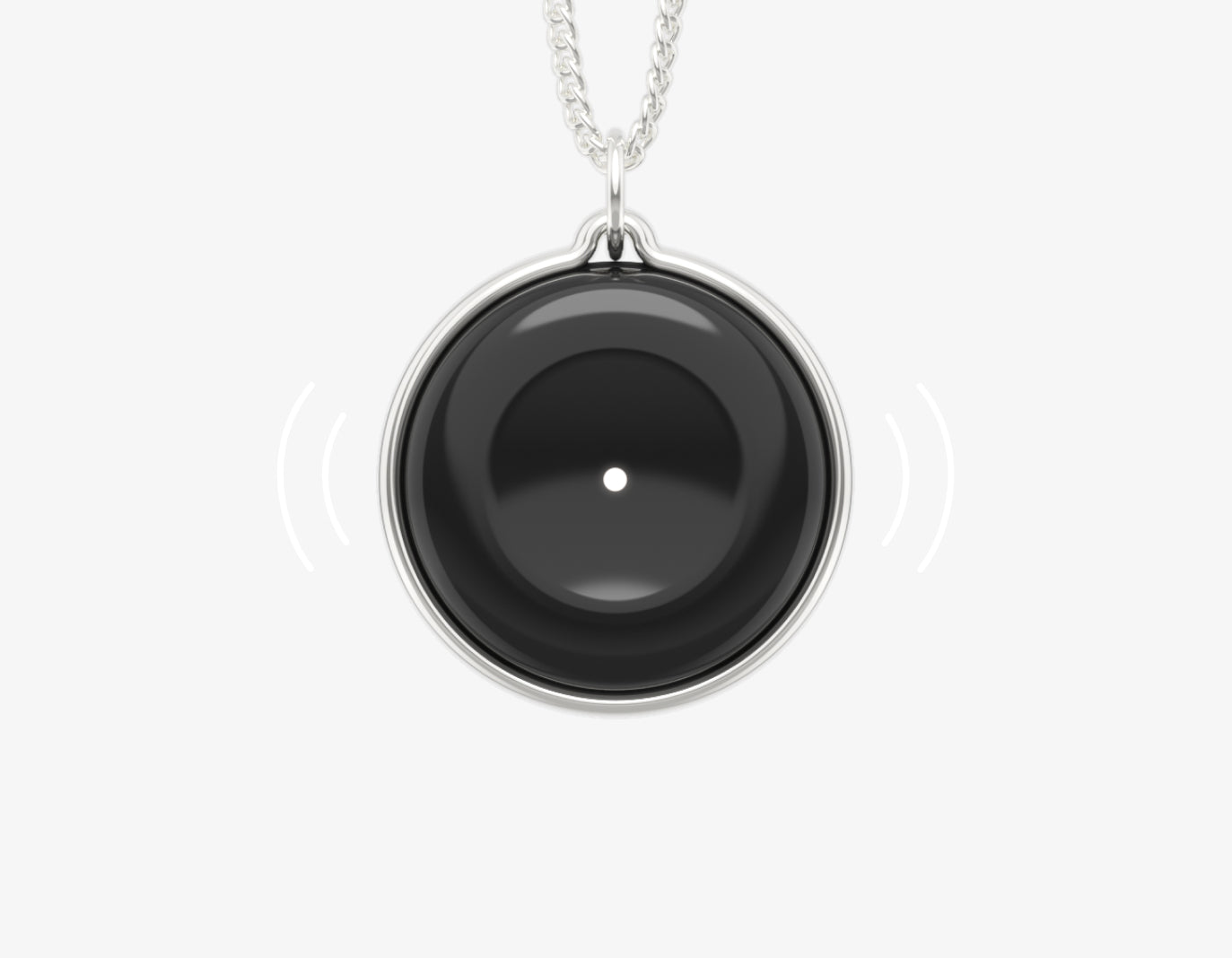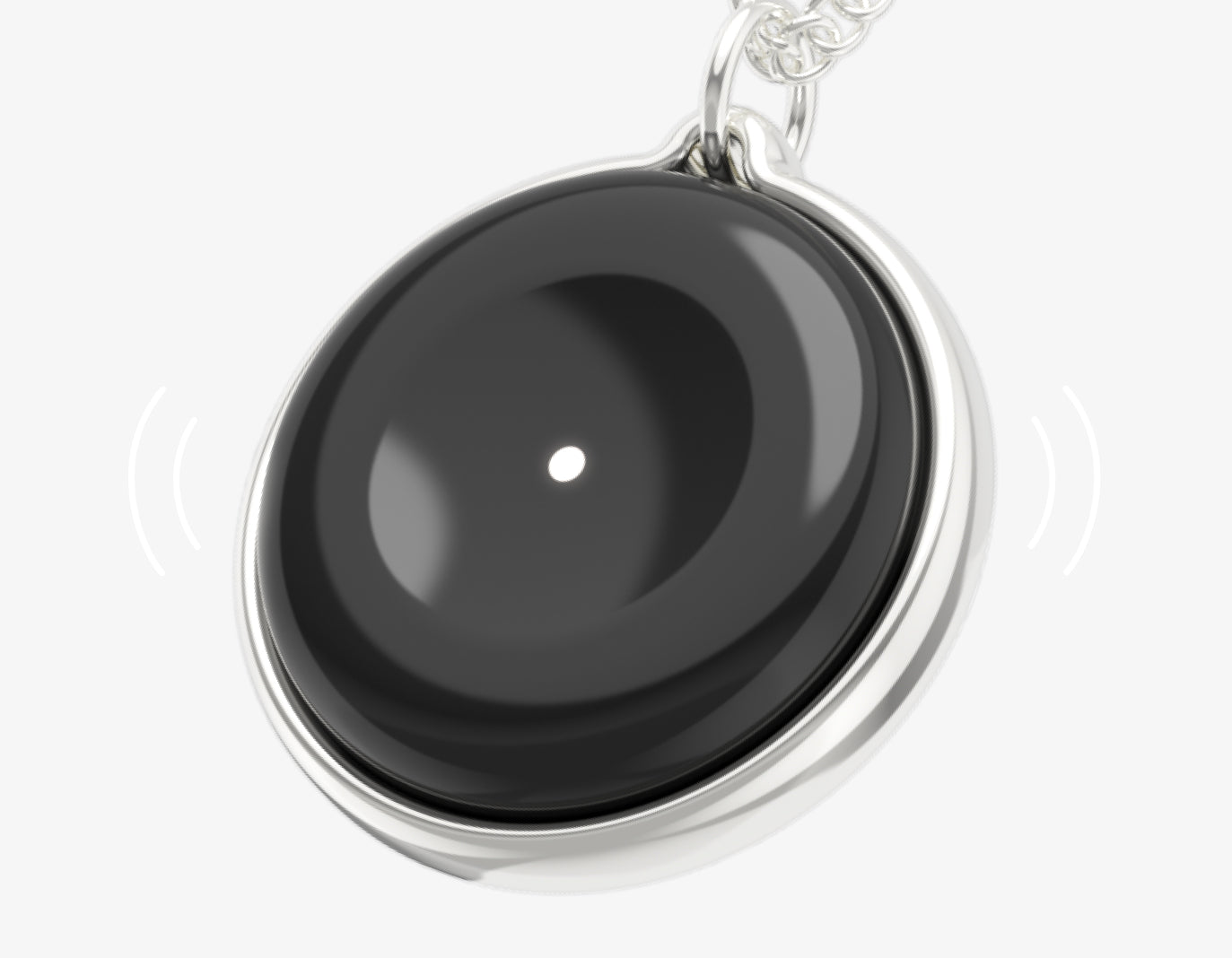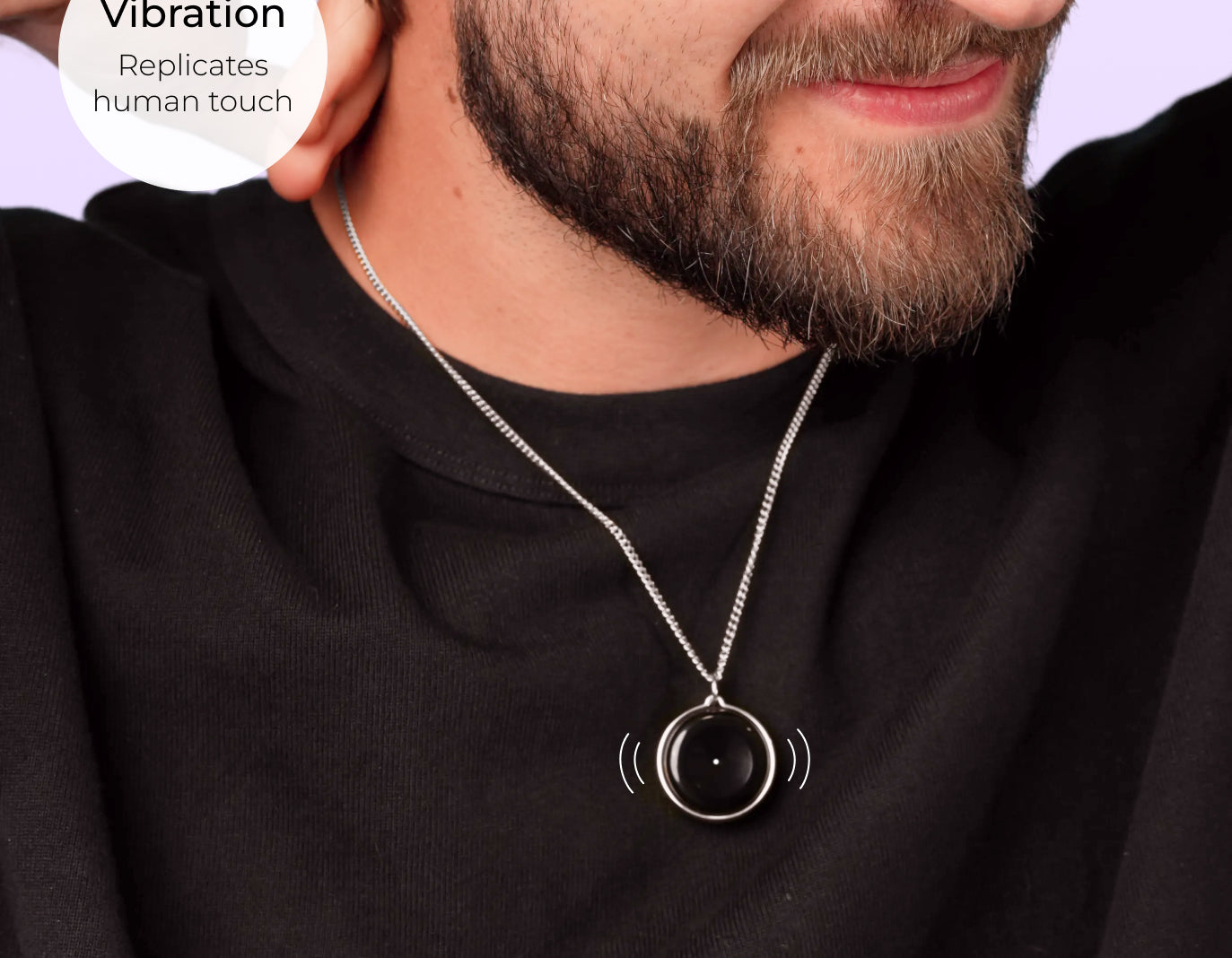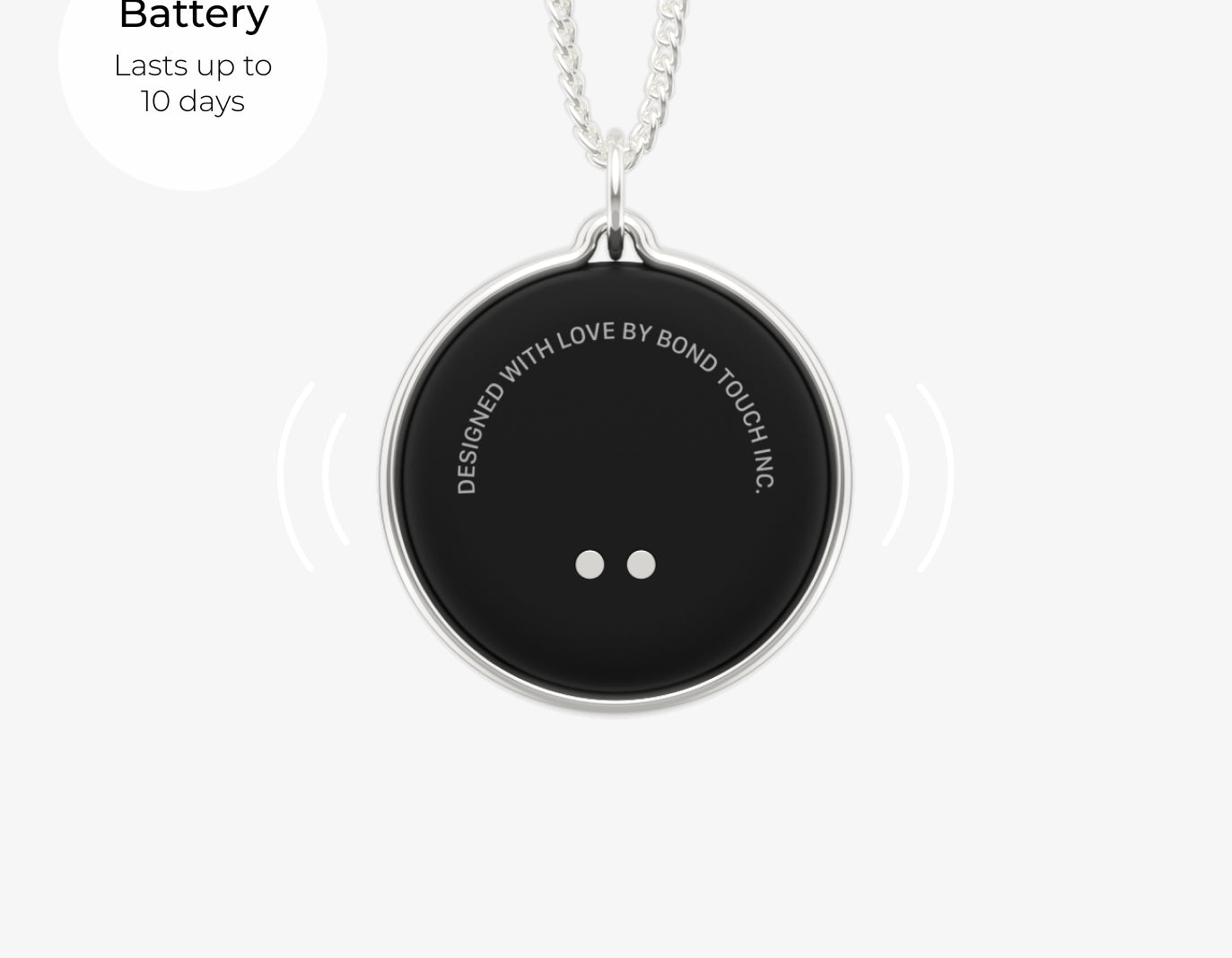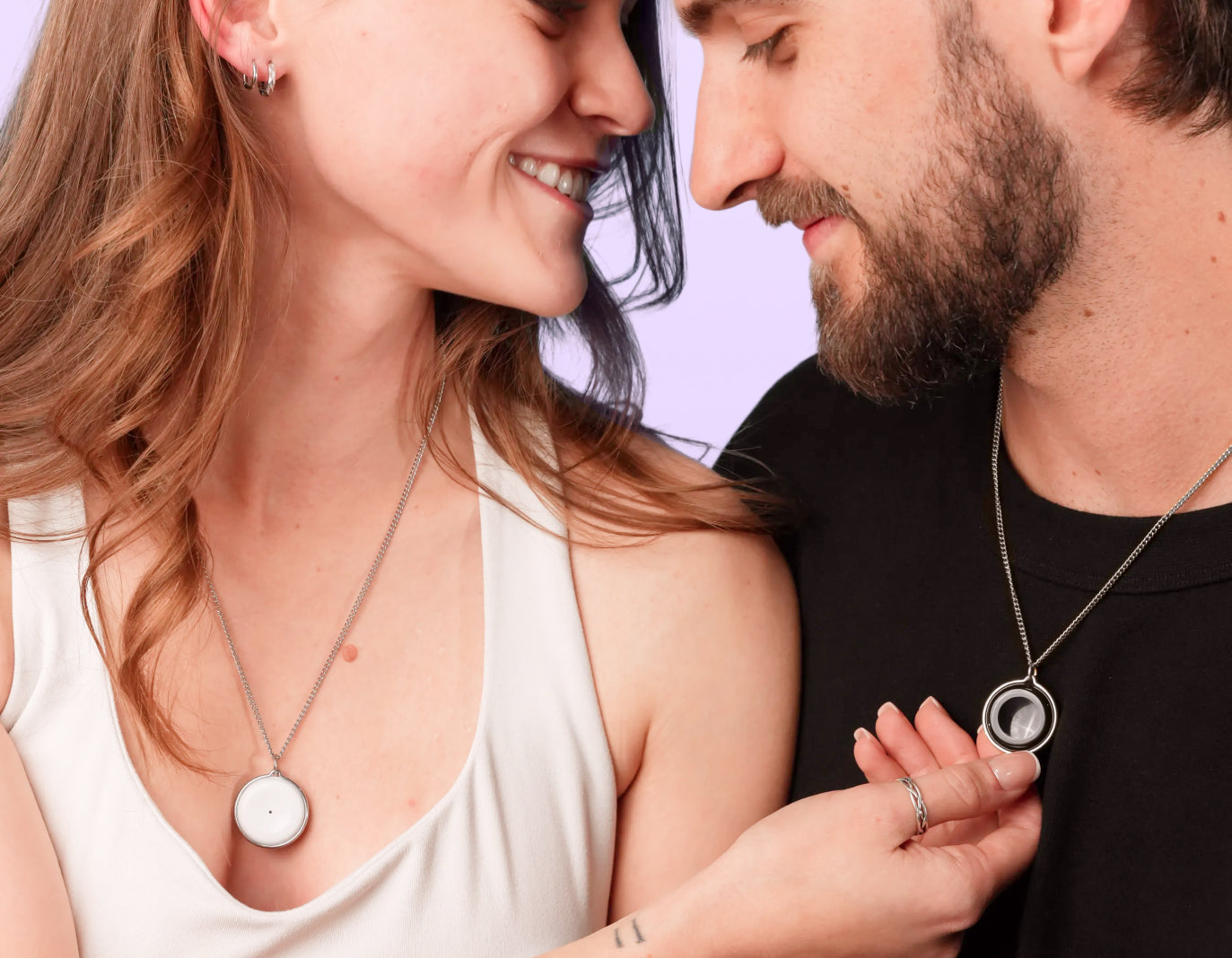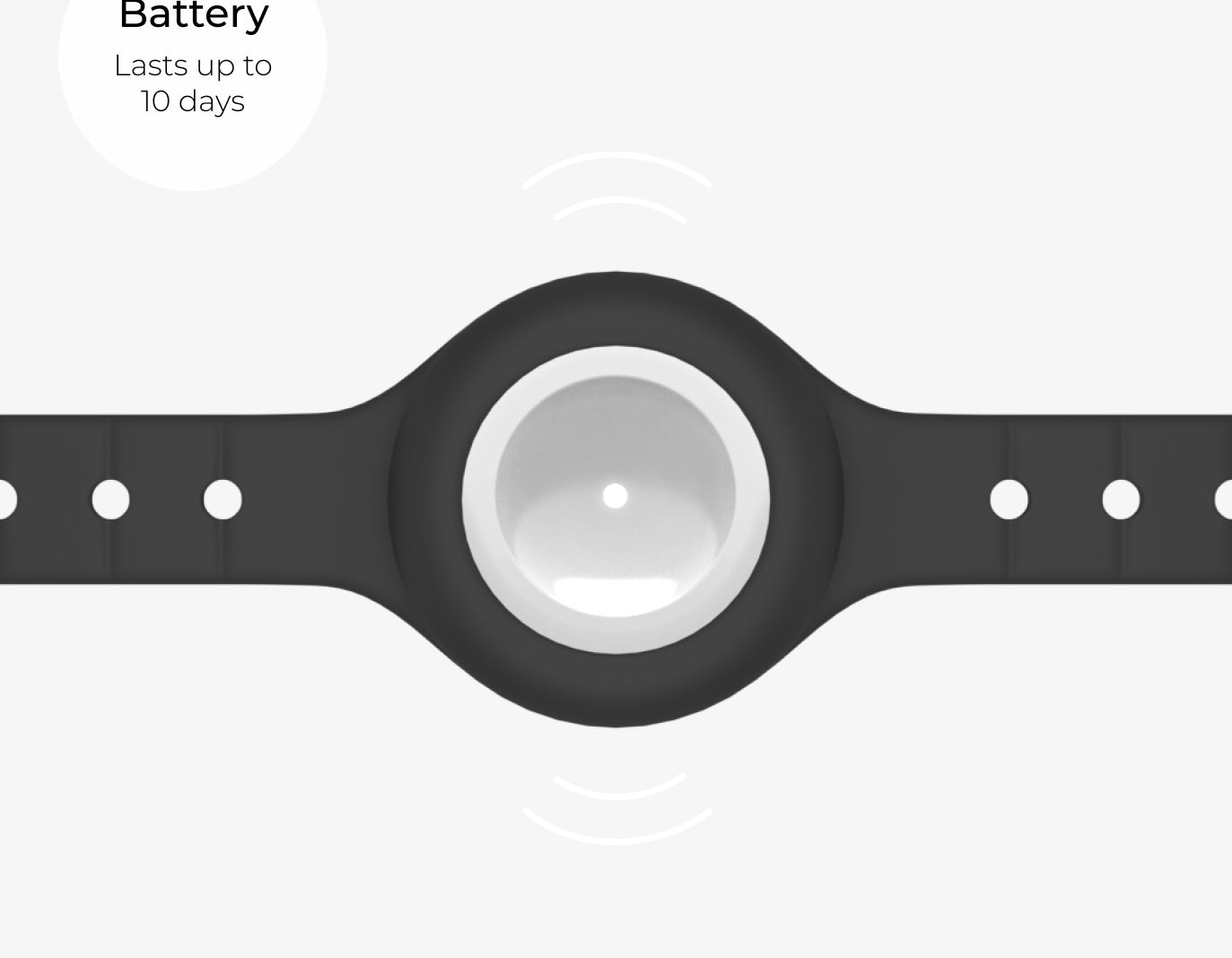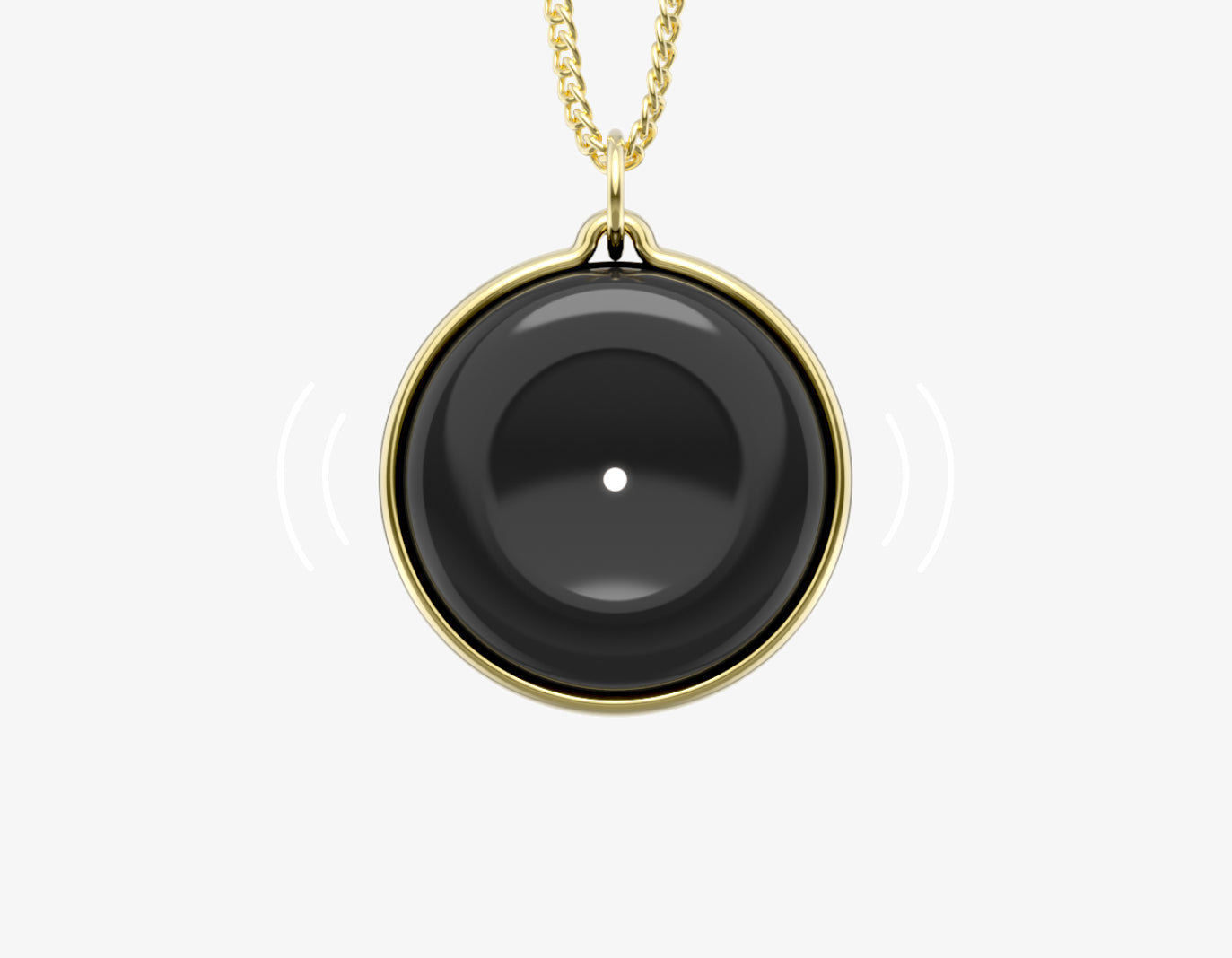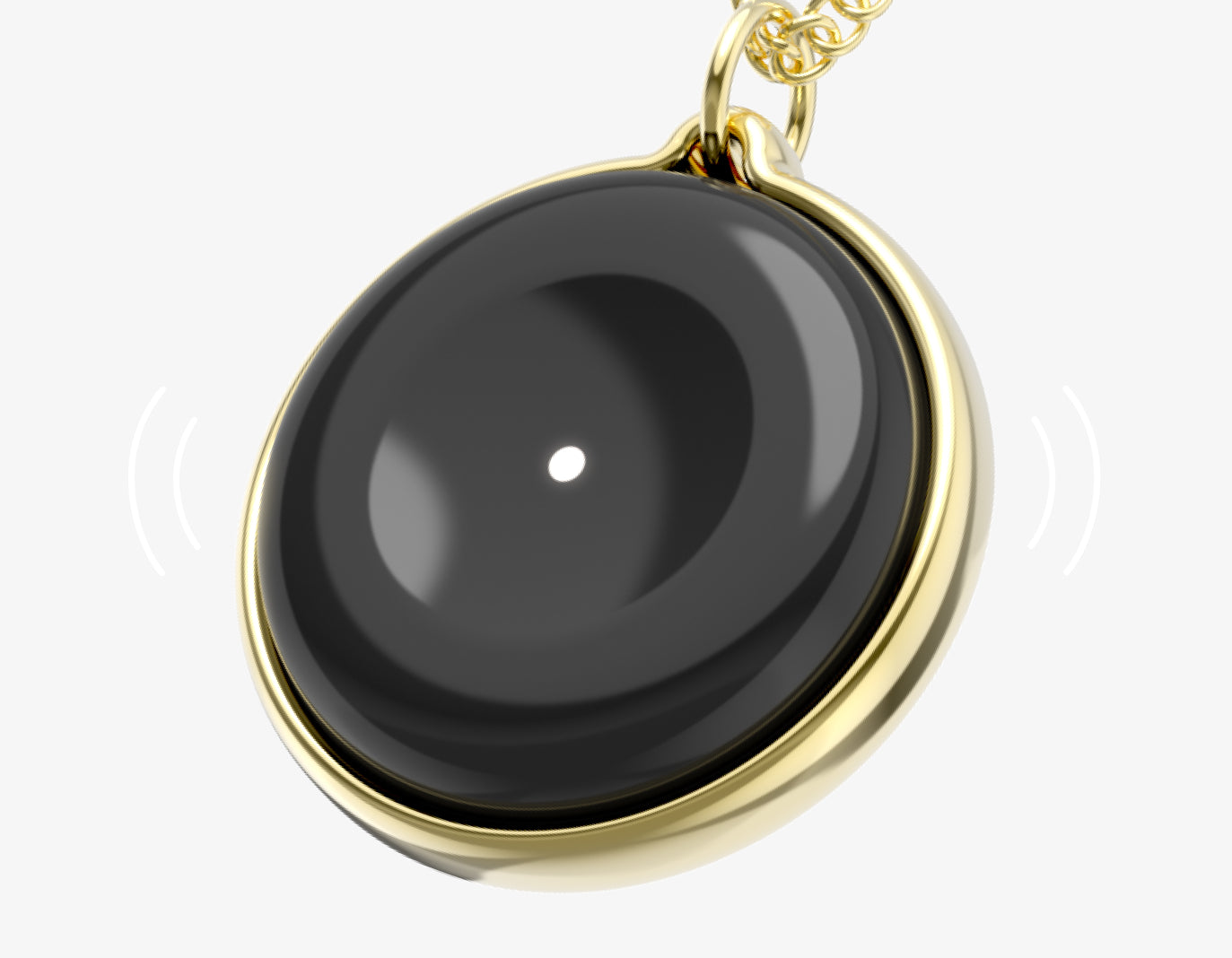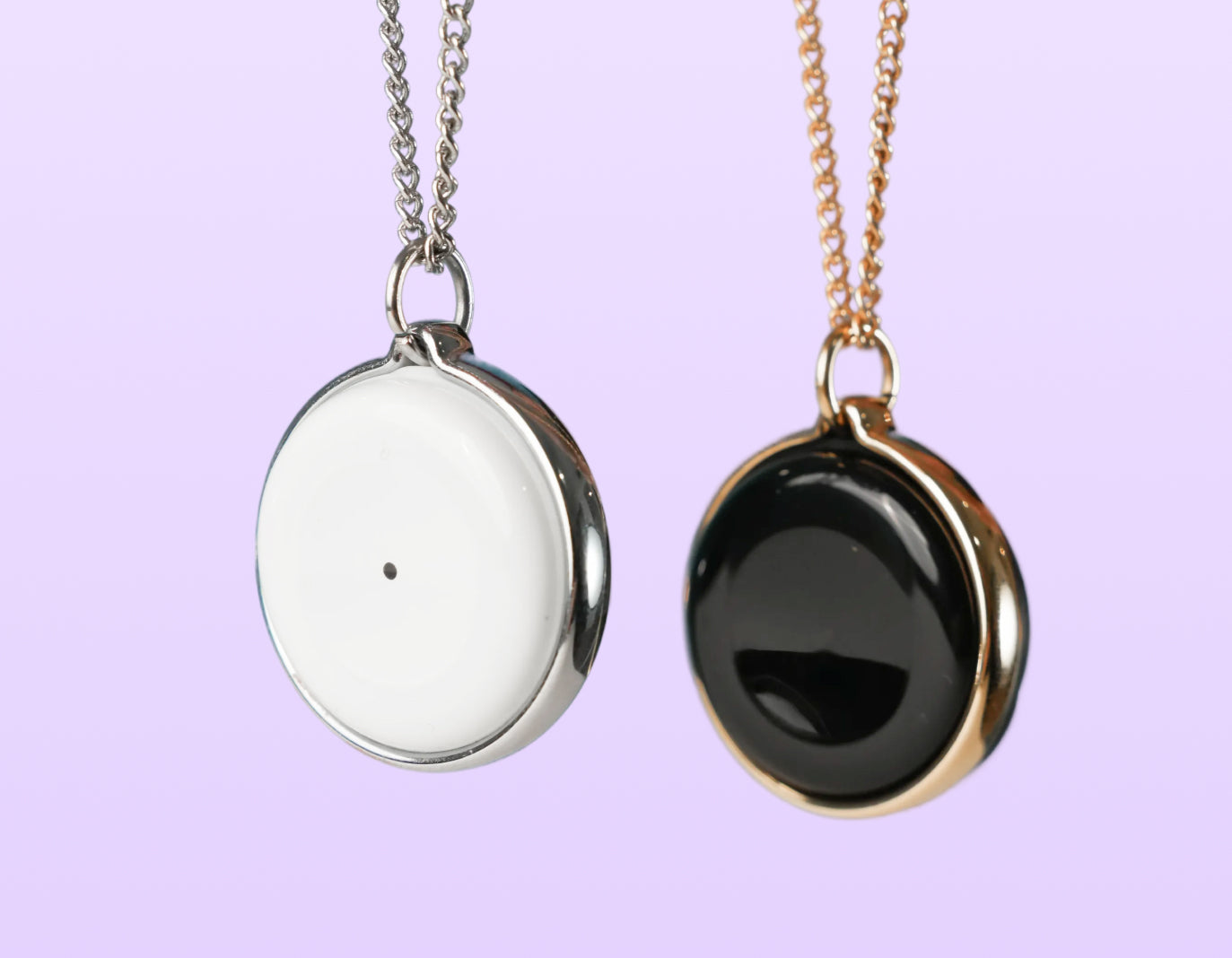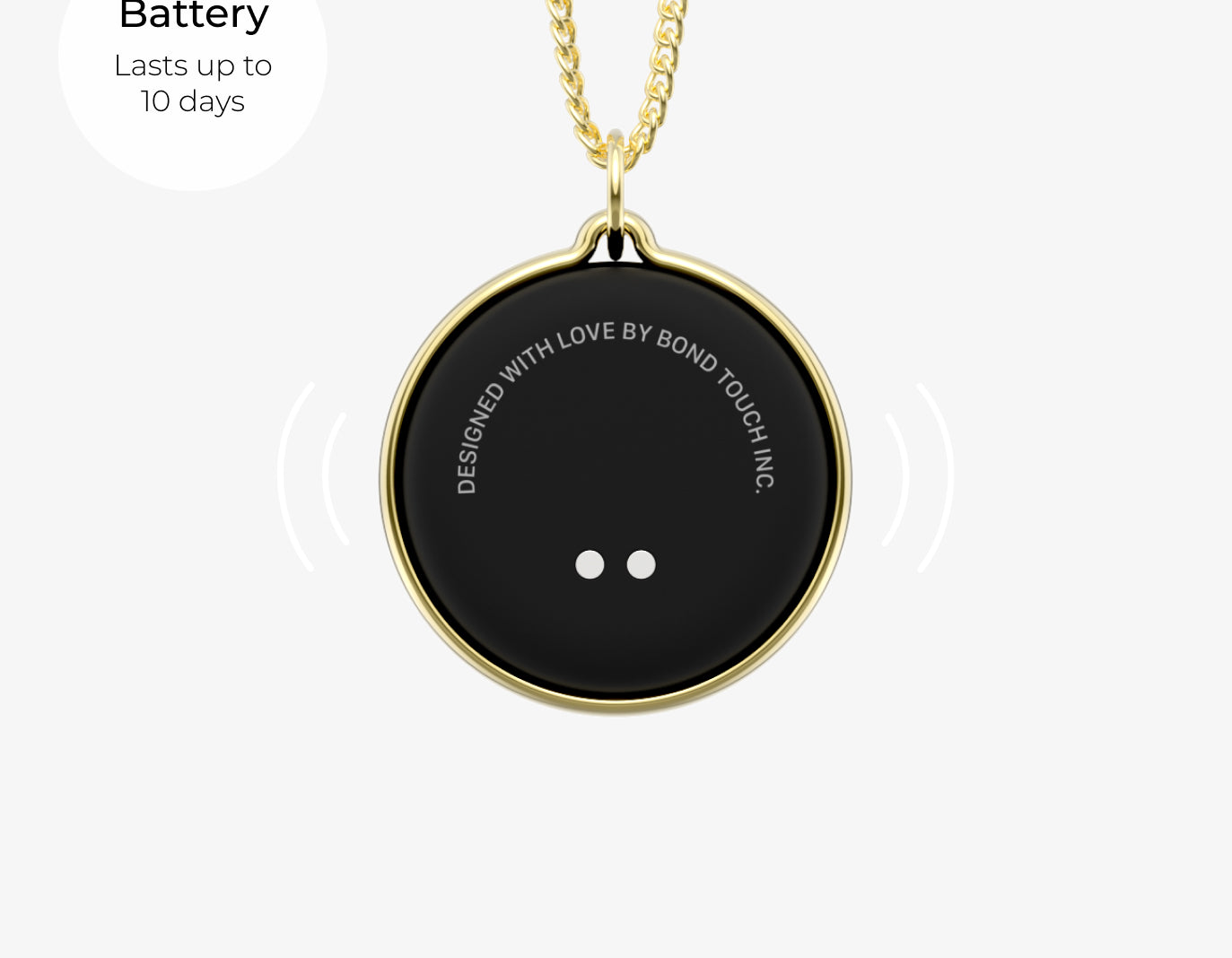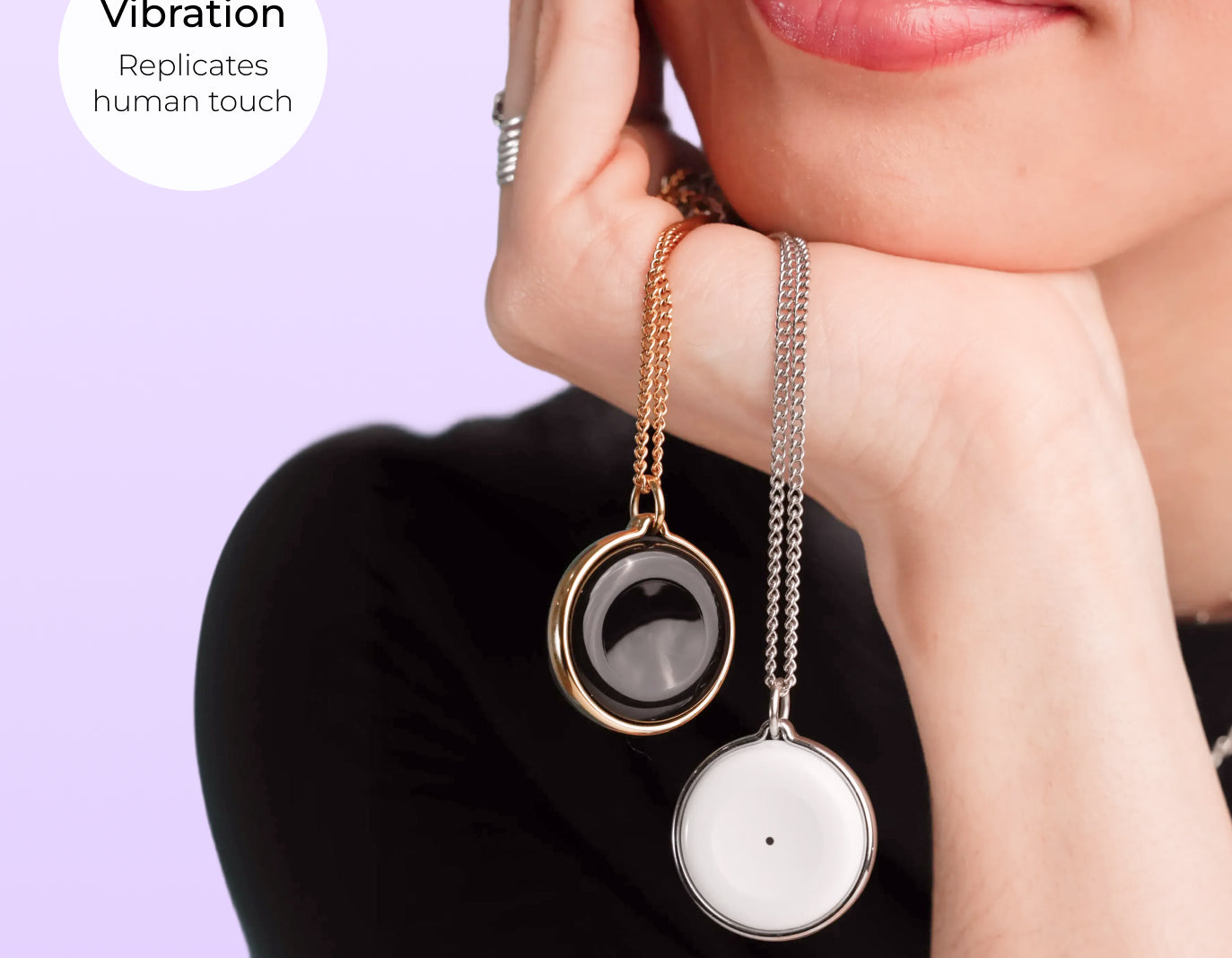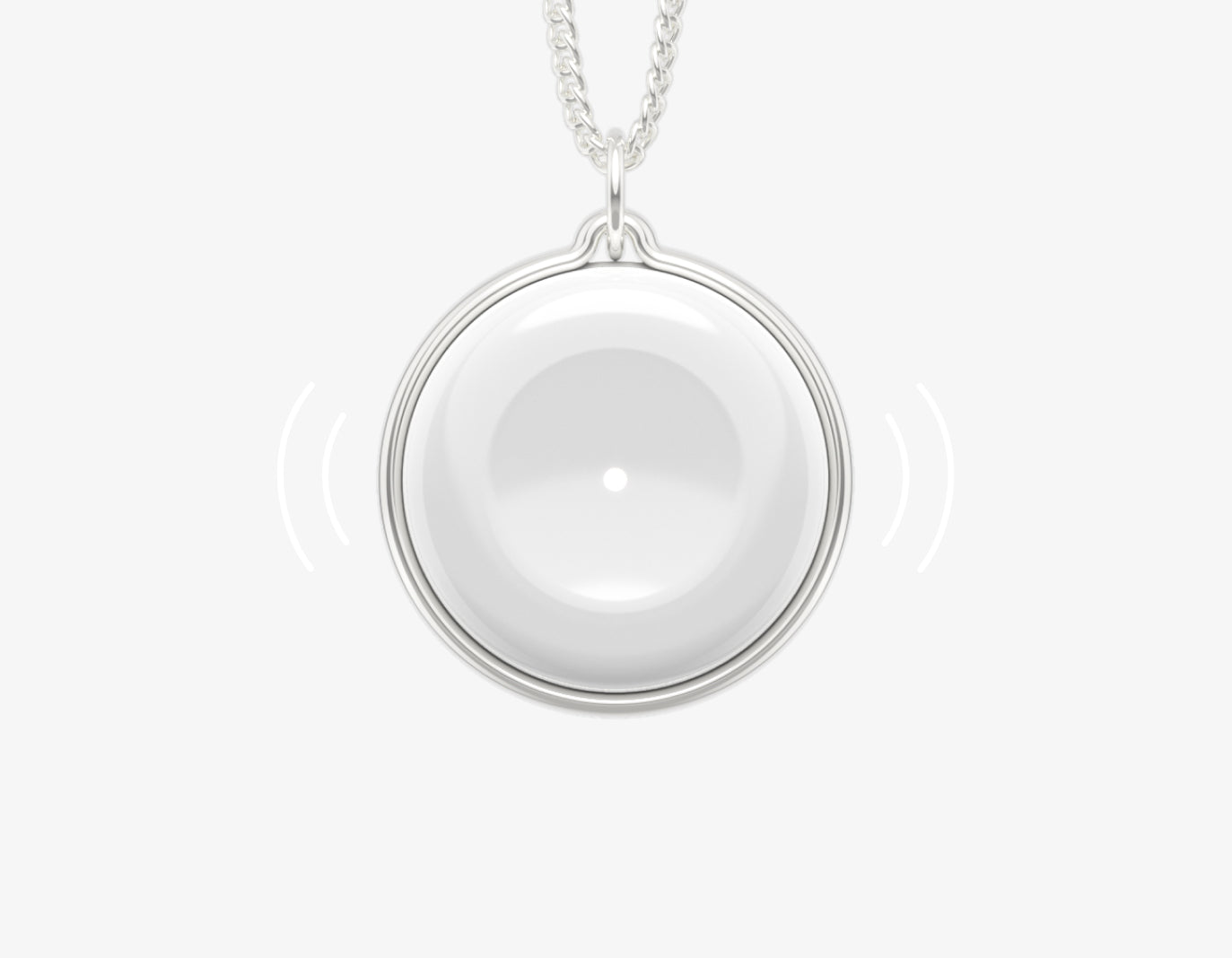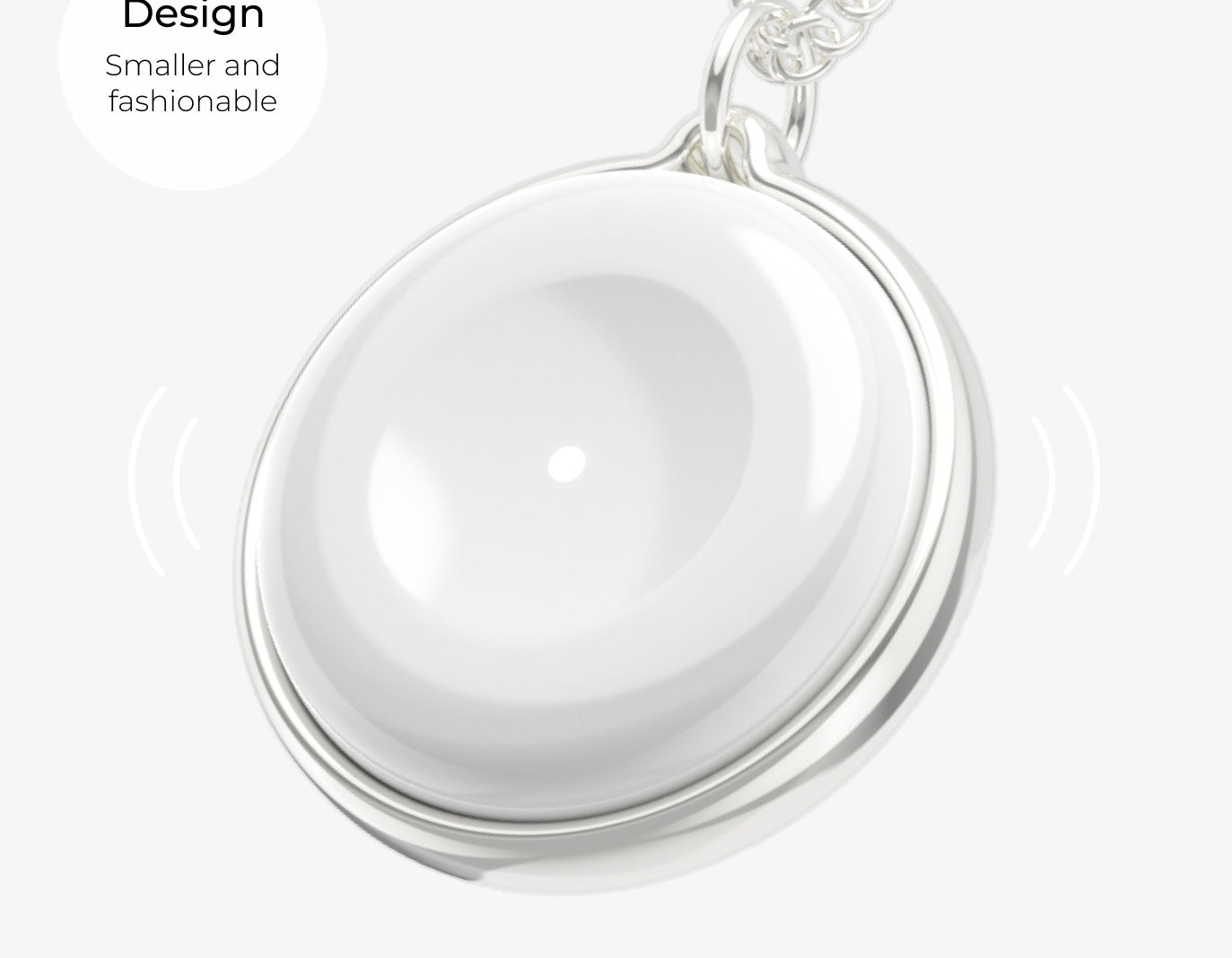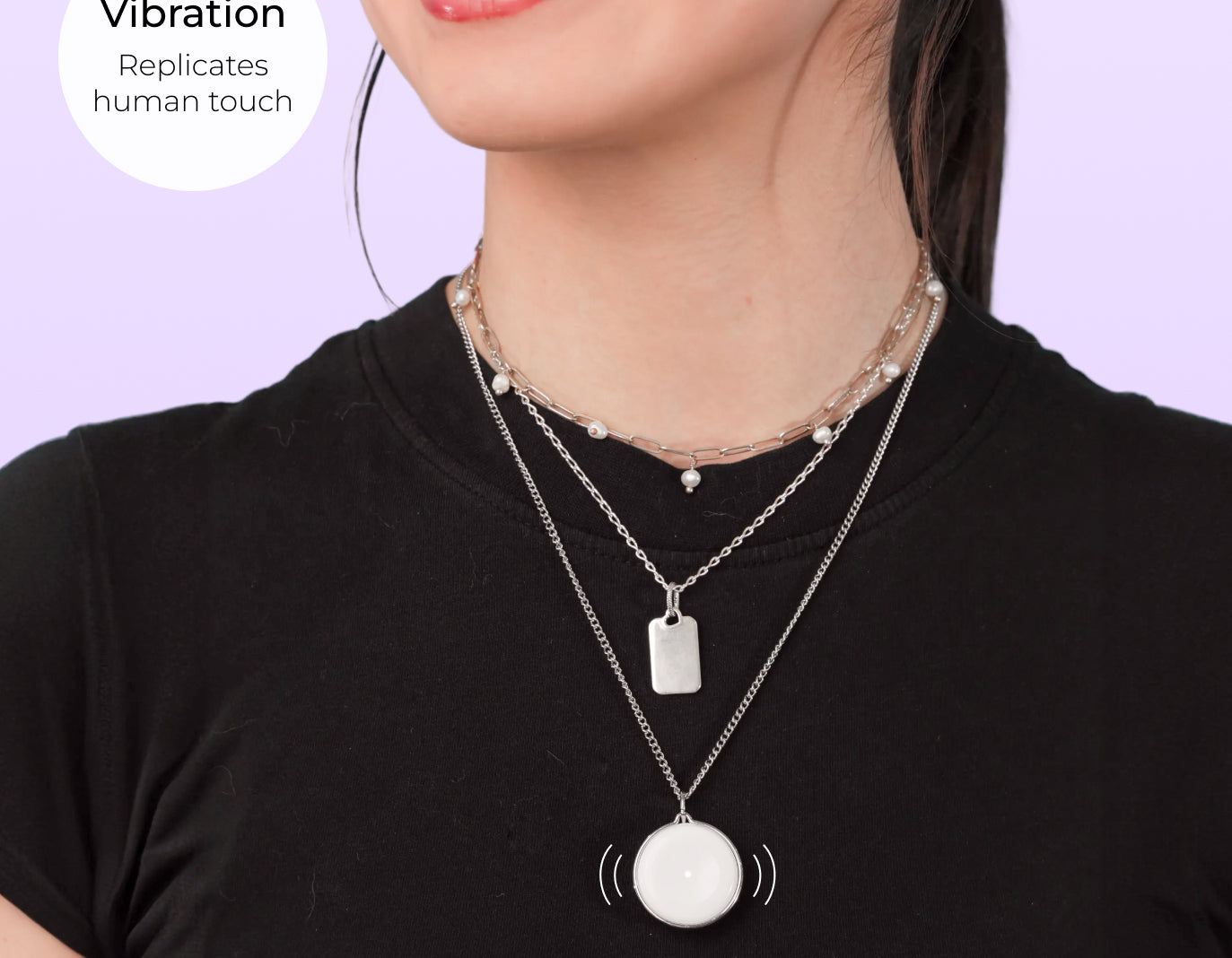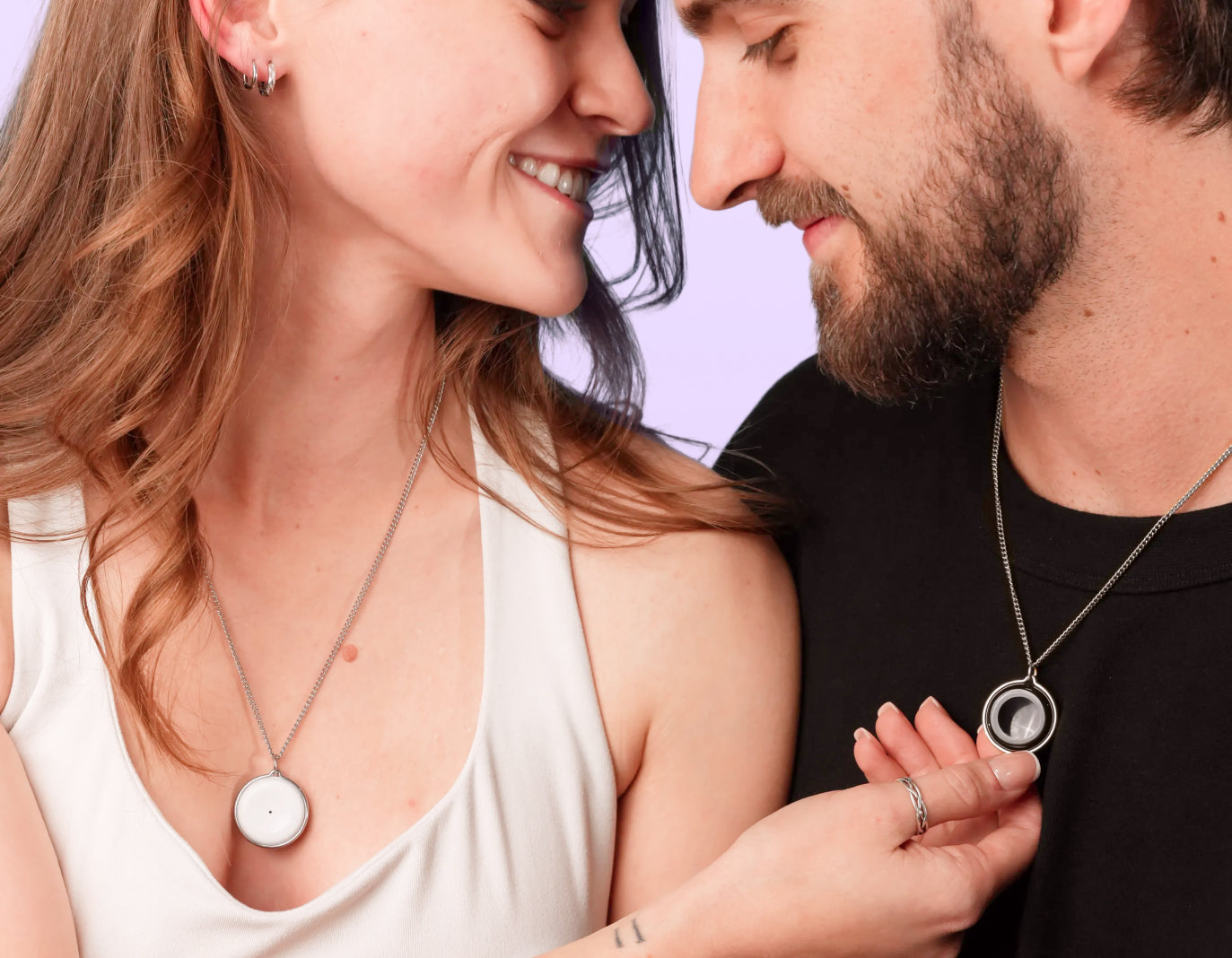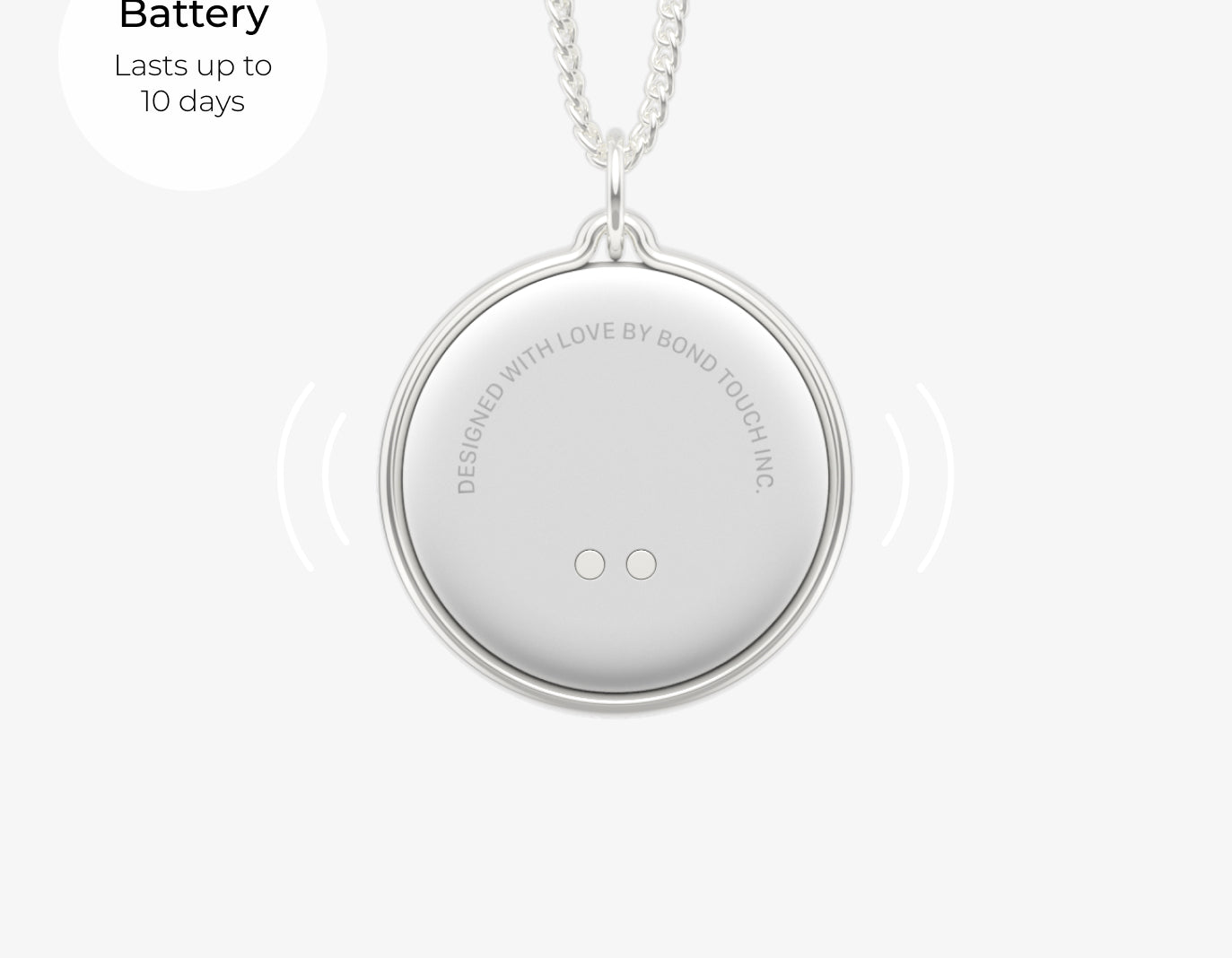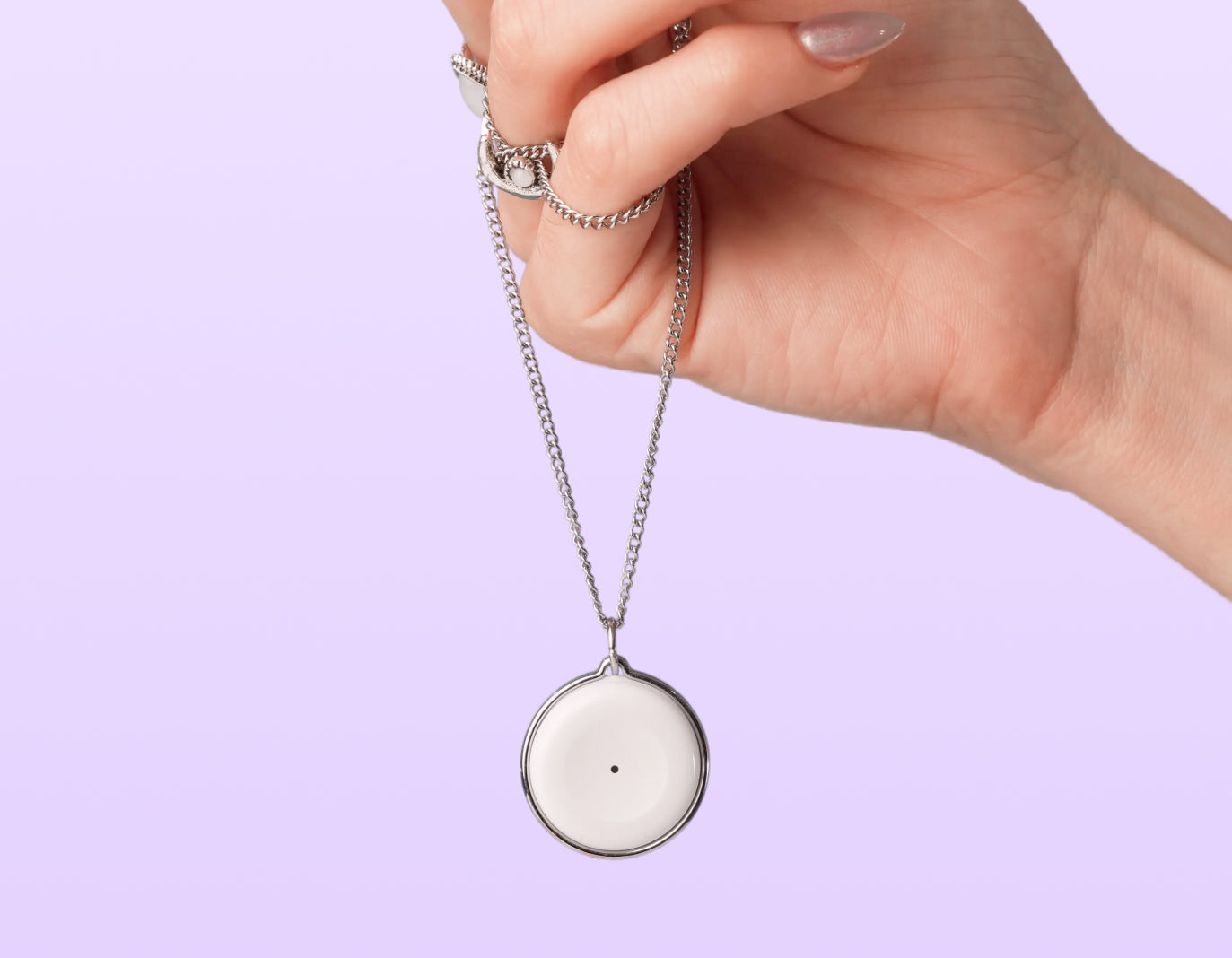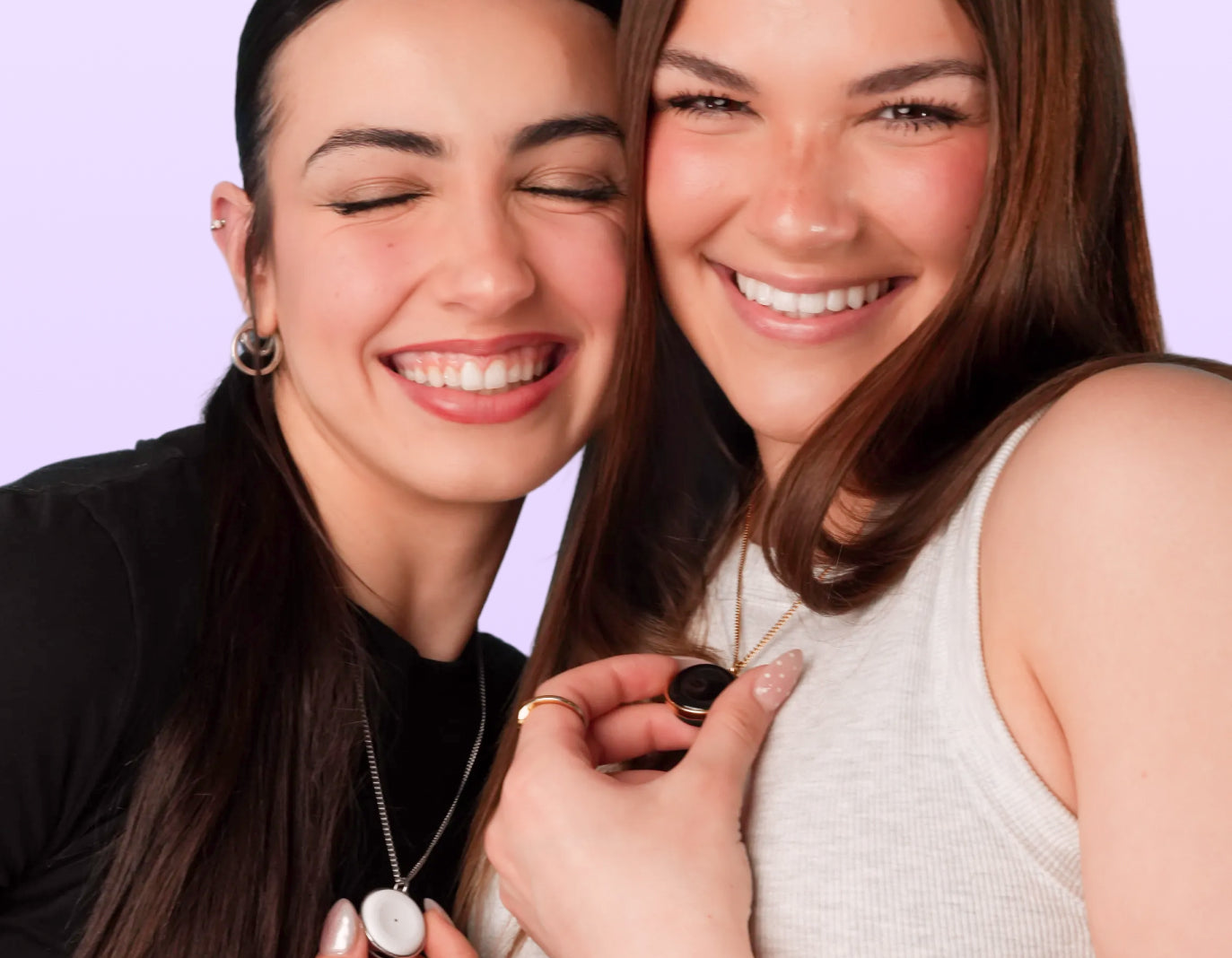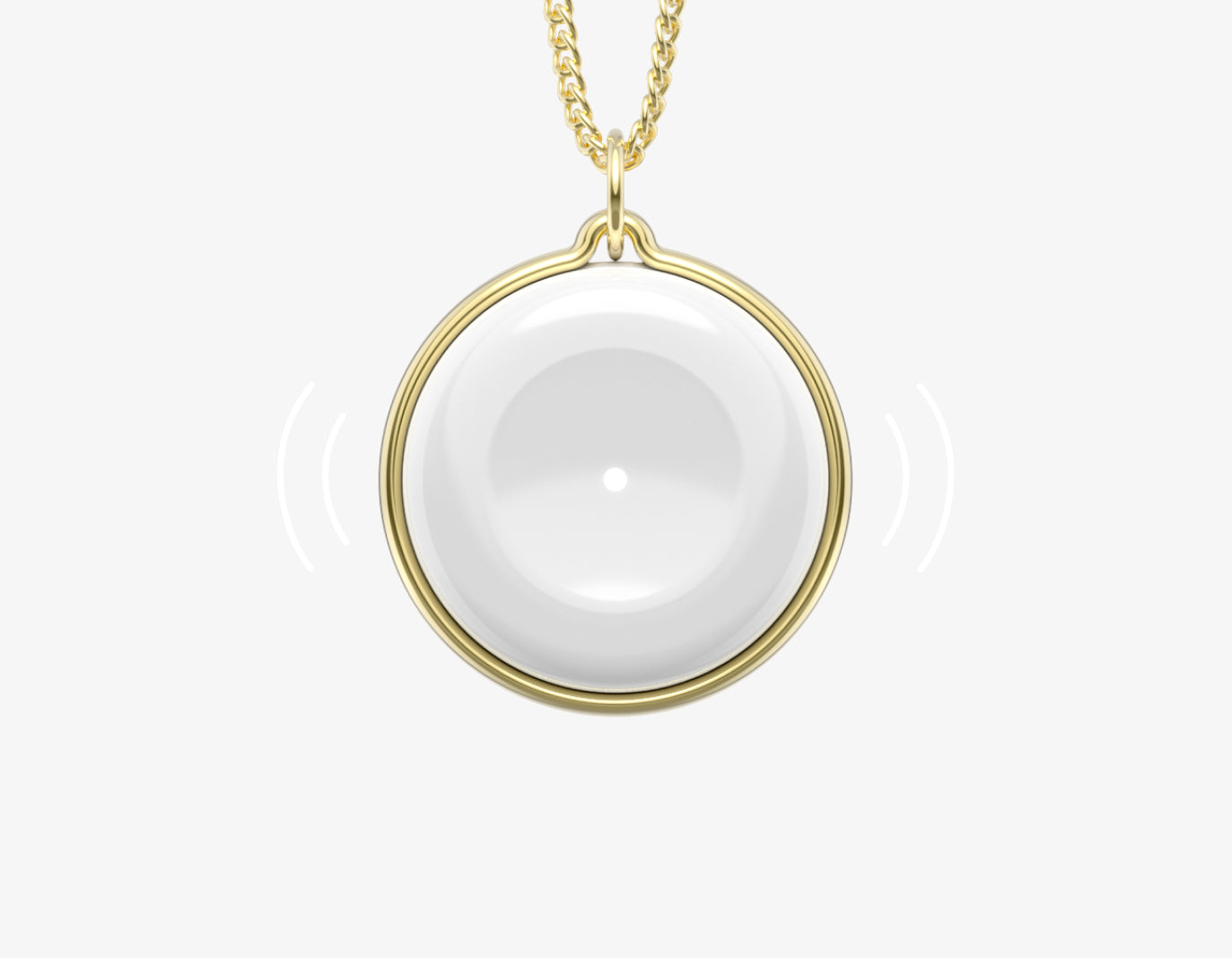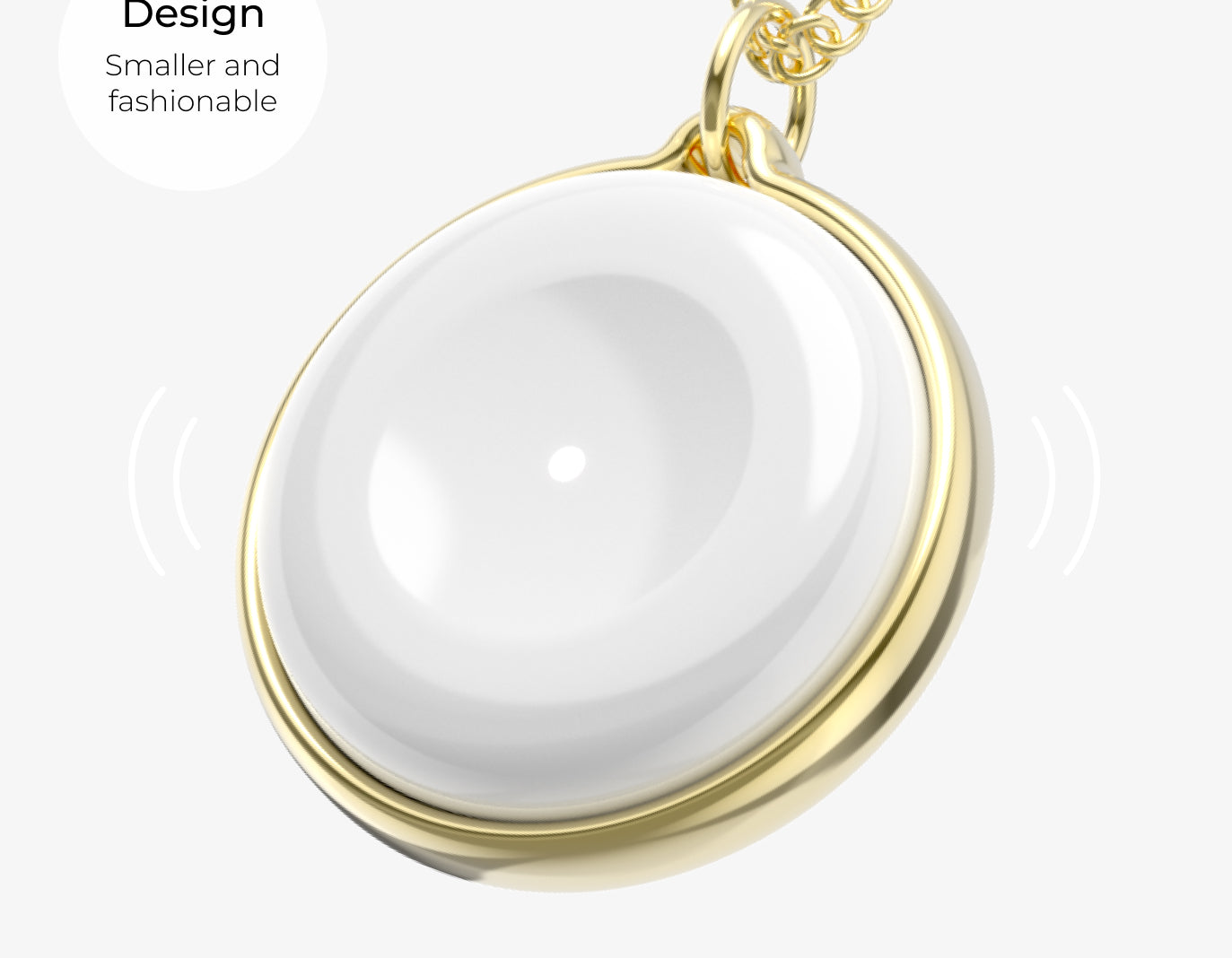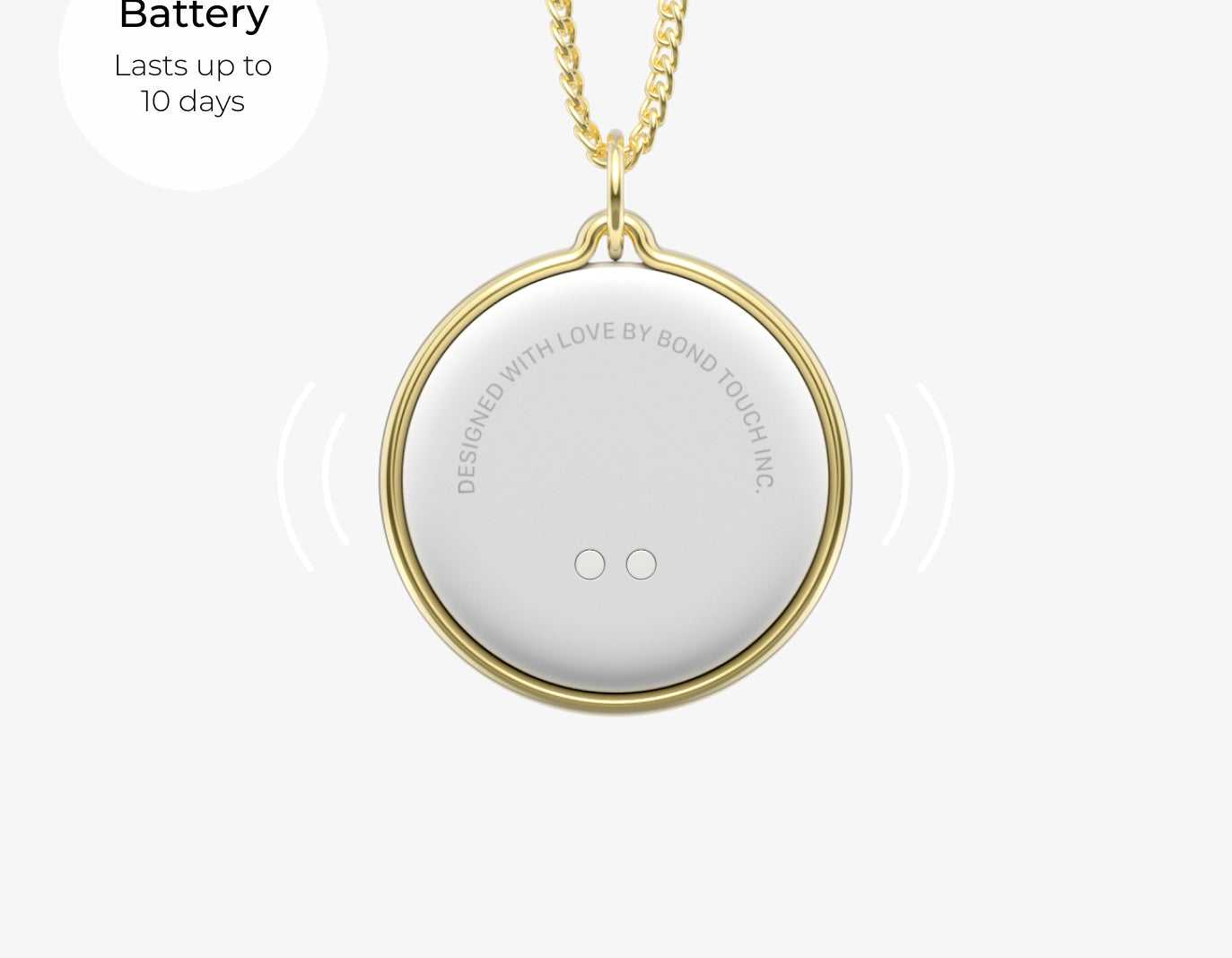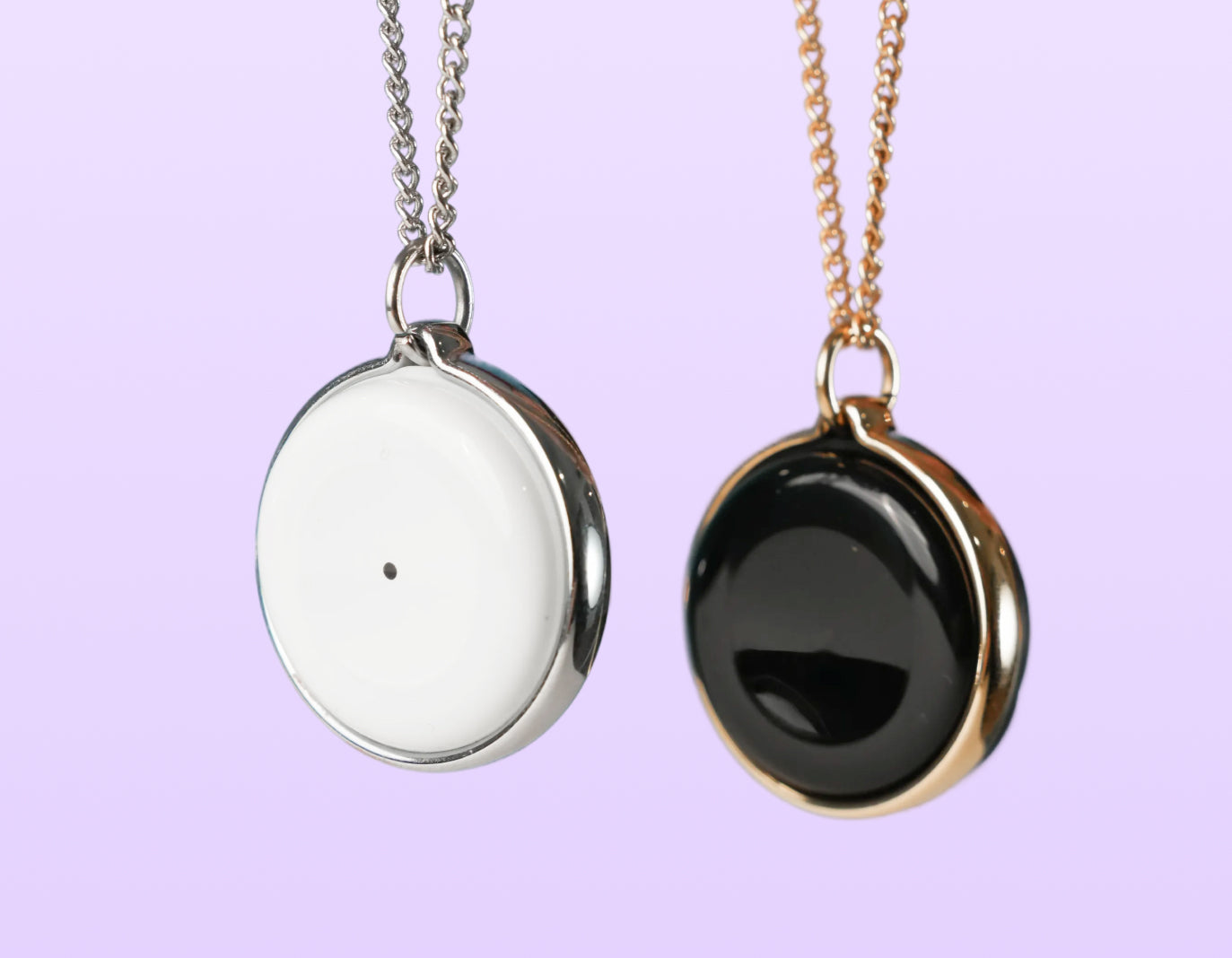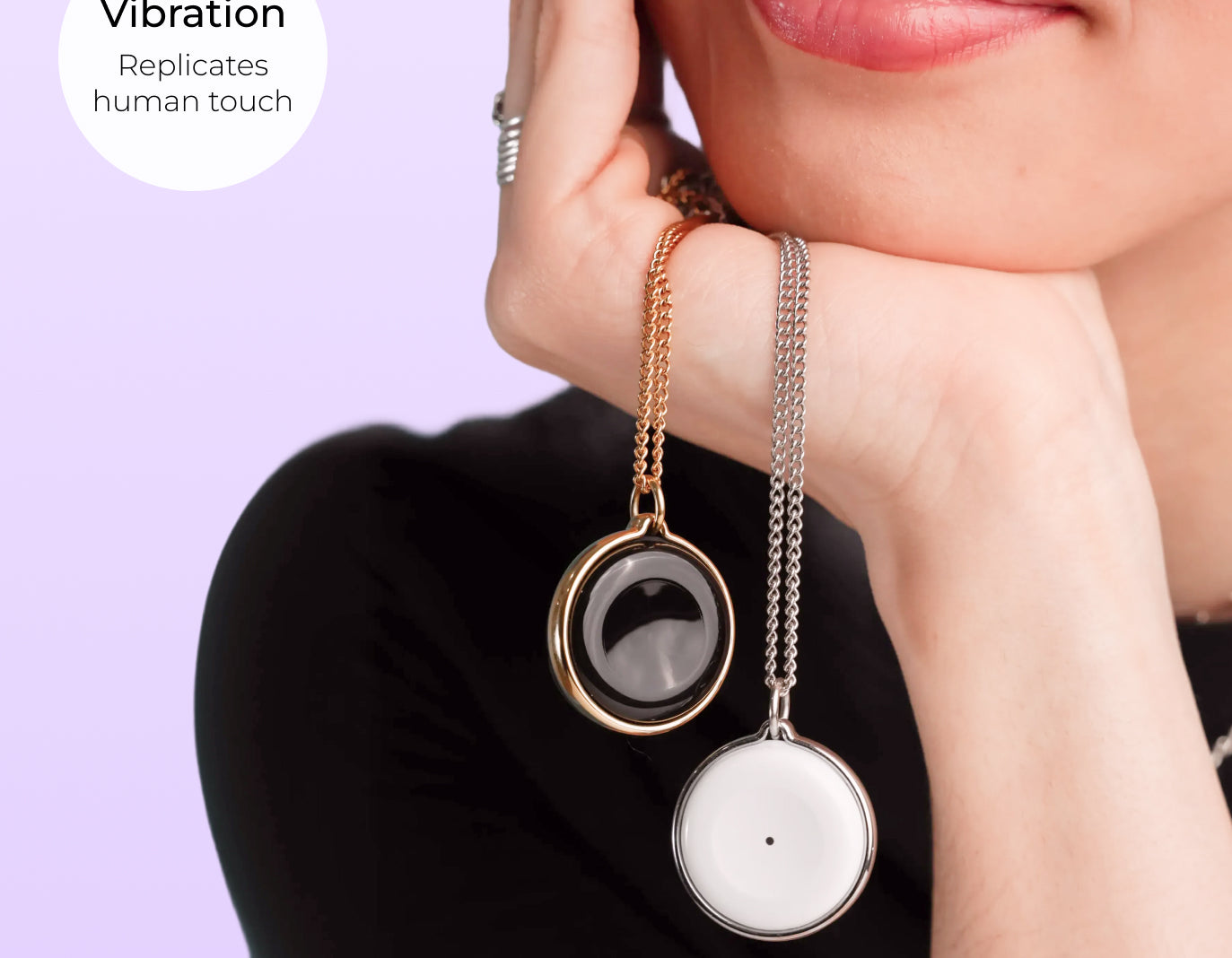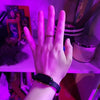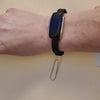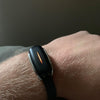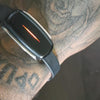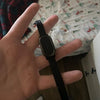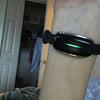‘Did I tell you that I'm bisexual?’
A text I received from an old high school friend read. My reaction was not the best, I sent through a laughing emoji and pride flags with the caption, ‘still funny, huh?’
‘Do you remember back then when we used to talk about B?’ They asked.
‘I remember,’ I replied.
I desperately wanted them to tell me this was one of their usual pranks. But they were not joking. I could not reconcile the friend I grew up with to the person who was talking to me after years of no communication. When we were younger, I remember them being one of the people I found it "safe" to confide in about my sexuality. They never judged, they were just as confused as I was because we had never met queer people or seen an openly queer person who looked like us.
“I envied that you could acknowledge your feelings when we were kids,” they later wrote. I did not have a smart reply to this.
So I suggested that we should meet up for drinks the next time they visit Zambia.
I had no idea what to say to them at that moment.
A part of me knows that this friend is not going to be coming back home anytime soon. They come from a religious family filled with pastors and devout Christians. I know that it only took them so long to come out because they were terrified. We live in a country that believes that the LGBTQ+ community is non-existent and if any LGBTQ+ person or ally becomes vocal then they are being sponsored by a Western government to destabilize the country.
My friend felt safe to disclose their sexuality to me, but I couldn't help but feel resentment. It filled me with shame. Knowing that marginalised people should not all be activists, I still wanted my friend to have been an activist back when they still lived in our homophobic country.
I wanted them to have been more open with me when we were younger.
It would have made my experiences less painful and confusing if they had just been open, I believed. I am learning that it was not up to me. But I could have reacted better: I am the only person they have come out to from back home. I had a hard time letting them know that I resented them coming out to me now. Now, I celebrate coming out stories. In this part of the world coming out takes a lot of bravery and comes with risks.
Whenever my friends asked me what I felt for a same-sex crush, I would always say "it's just a phase". I was terrified to admit that I liked this person like my friends liked boys.
I felt like a freak.
My thoughts and fear became a reality when I realized that my crushes were fodder for gossip throughout my two years of high school. My friend only coming out to me when they are an adult and in a safe place made me think about others, the ones who giggled and were disgusted by me. I wanted to ask them if they knew other queer people from our childhood. I did not ask them. For a while, I thought there was something wrong with me.
I felt like I was wrong about existing.
My self-acceptance is still fraught with so much risk and sacrifice.
In Africa, I would argue that anti-LGBTQ+ legislation bonds more Africans than any other issues we collectively face. Any LGBTQ+ content produced by news websites has uniform responses, the most common is ‘This is un-African.’
It is not far-fetched that my friend took 3 decades to come out to a person they share a nationality with.
LGBTQ+ Africans are migrating to find an iota of protection and freedom. It says a lot about where we are as a continent. In some places, not even a corrupt politician is treated with as much contempt as an African LGBTQ+ person.
In the past few days, I have made peace with the fact that people will continue to seek acceptance and safety over patriotism. We expect LGBTQ+ Africans, especially poor queer Africans, to serve their country while their civil rights are denied. We have buried our heads in the sand expecting that everyone is the same as us.
I will say to LGBTQ+ Africans:
Leave before the country of your ancestors kills you.
The people who want to kill you are the same people who rush to those western lands with LGBTQ+ progressive laws. They know the value of those lands; you do not have to die to be considered a worthy gay person. You do not have to be an activist just because you are gay. Activism is not a bad thing, but it becomes a bad thing when you feel pressured to be one. Your existence as an African gay person is valid, even if you have not come out. You do not have to please anyone. You are valid.
To my friend, I’m sorry that I wasn’t ecstatic for you. I have learned from my mistake. Learned that it takes real bravery to reach out to old friends. Your self-acceptance and bravery might have come years later but you are no less valued as a queer person. I might have doubted if I misjudged how close you and I were. But now, I realize that friendship grows, changes shape, and blooms when we least expect it to.
You are beautiful and I hope you have ease in your journey. May you know that coming out to me has given me hope. You, a pastor’s kid has embraced their truth, I know how brave you are.
May our gay ancestors watch over you.
May you know true love and friendship all the days of your life.
Thank you for choosing to tell me.










